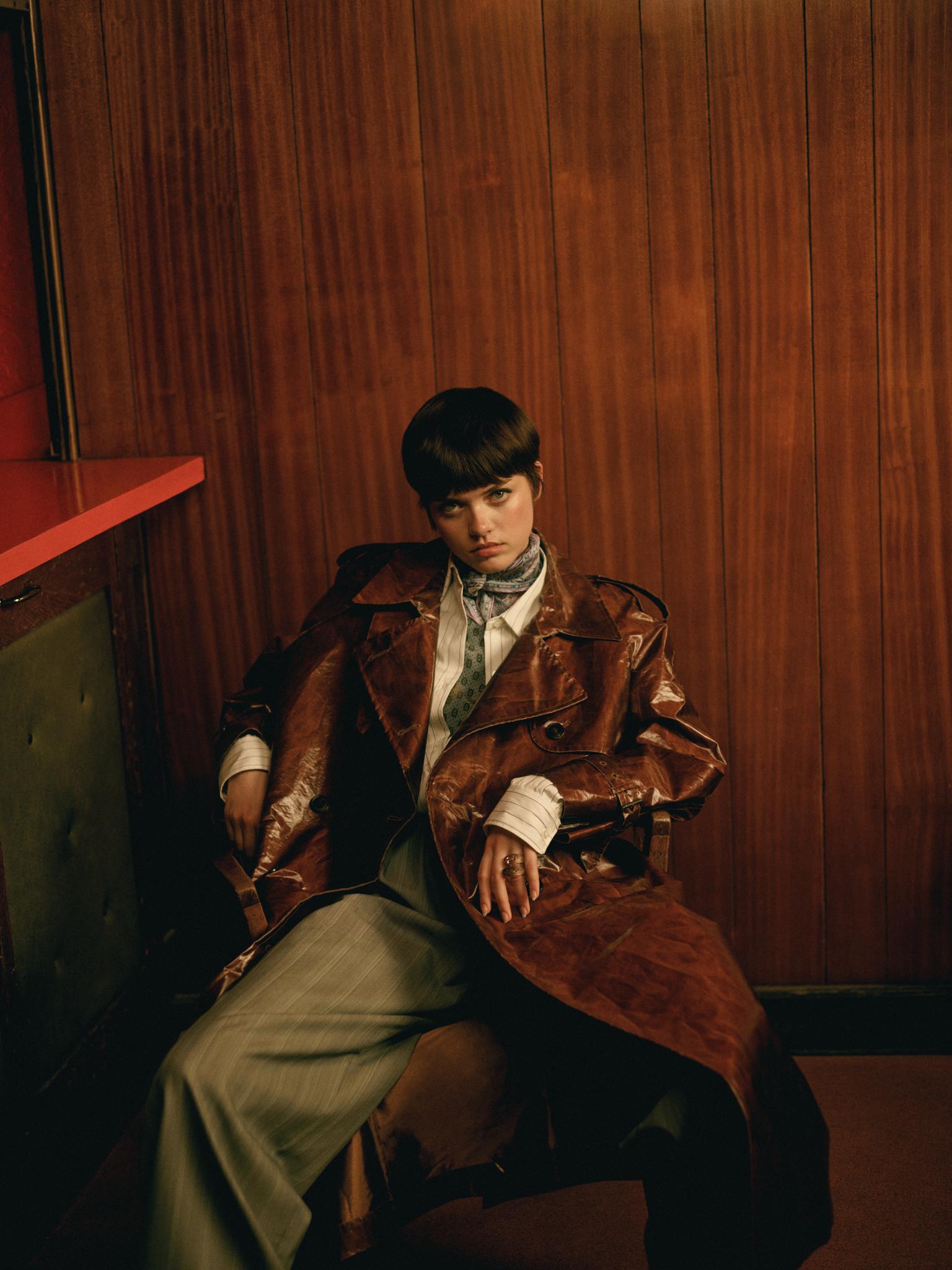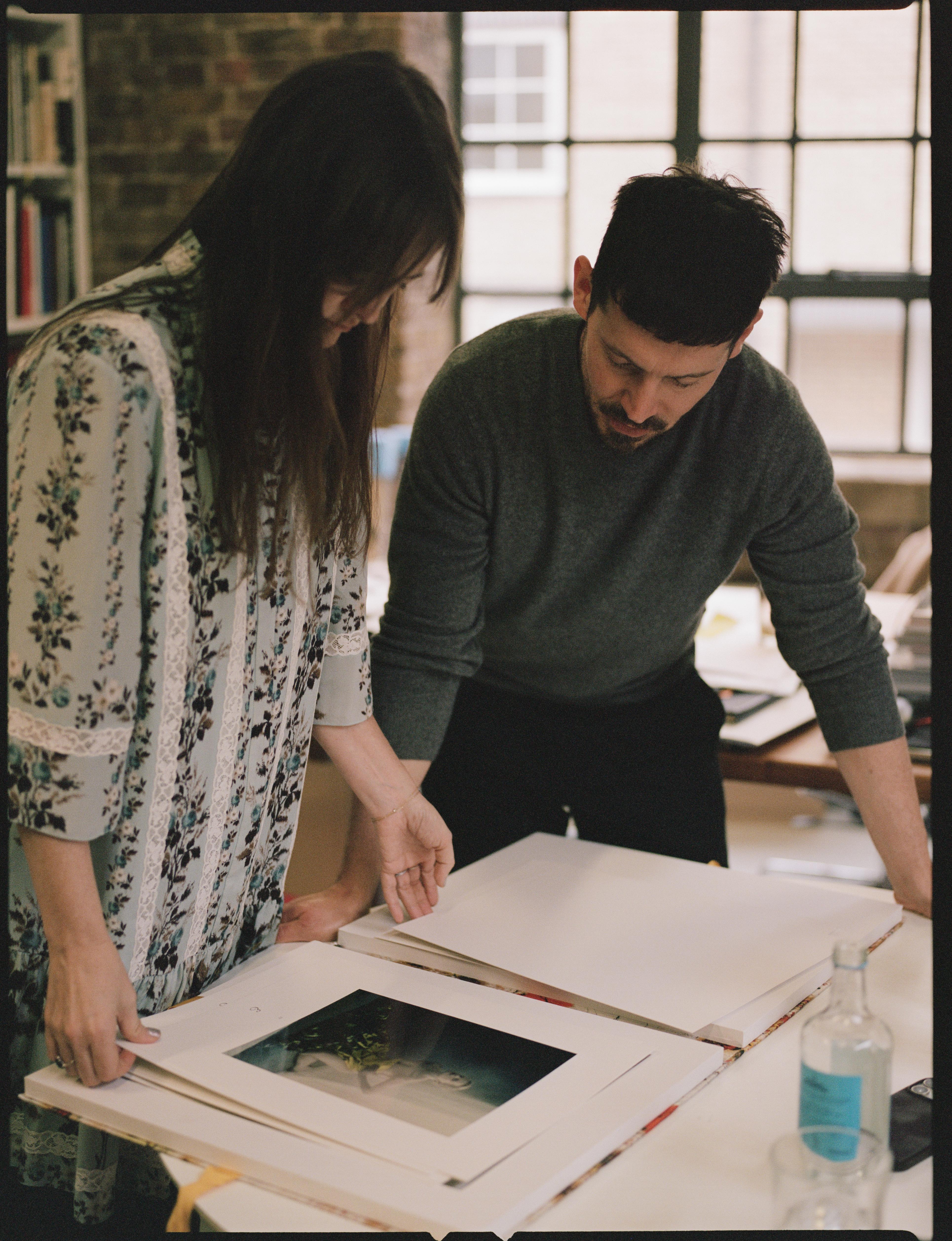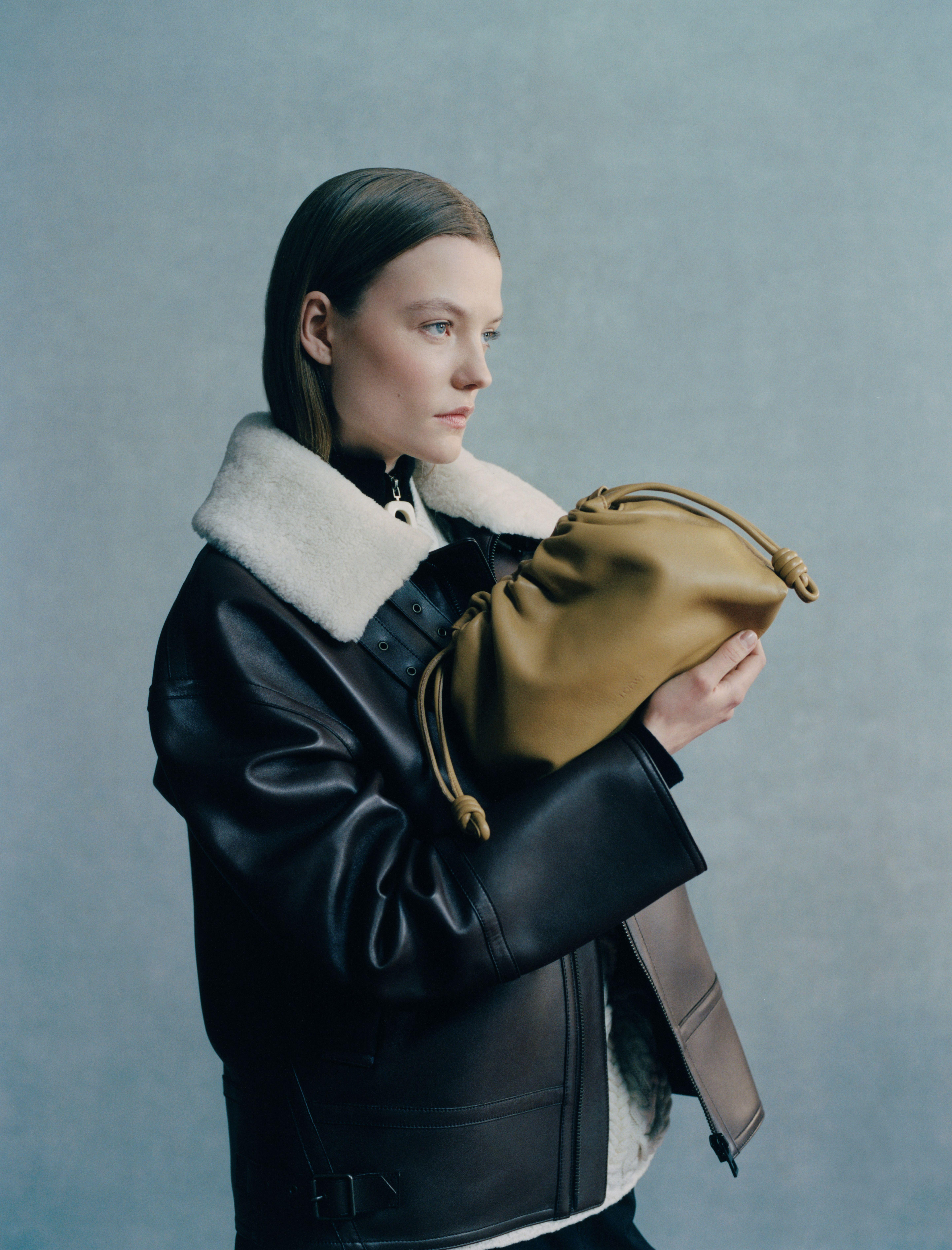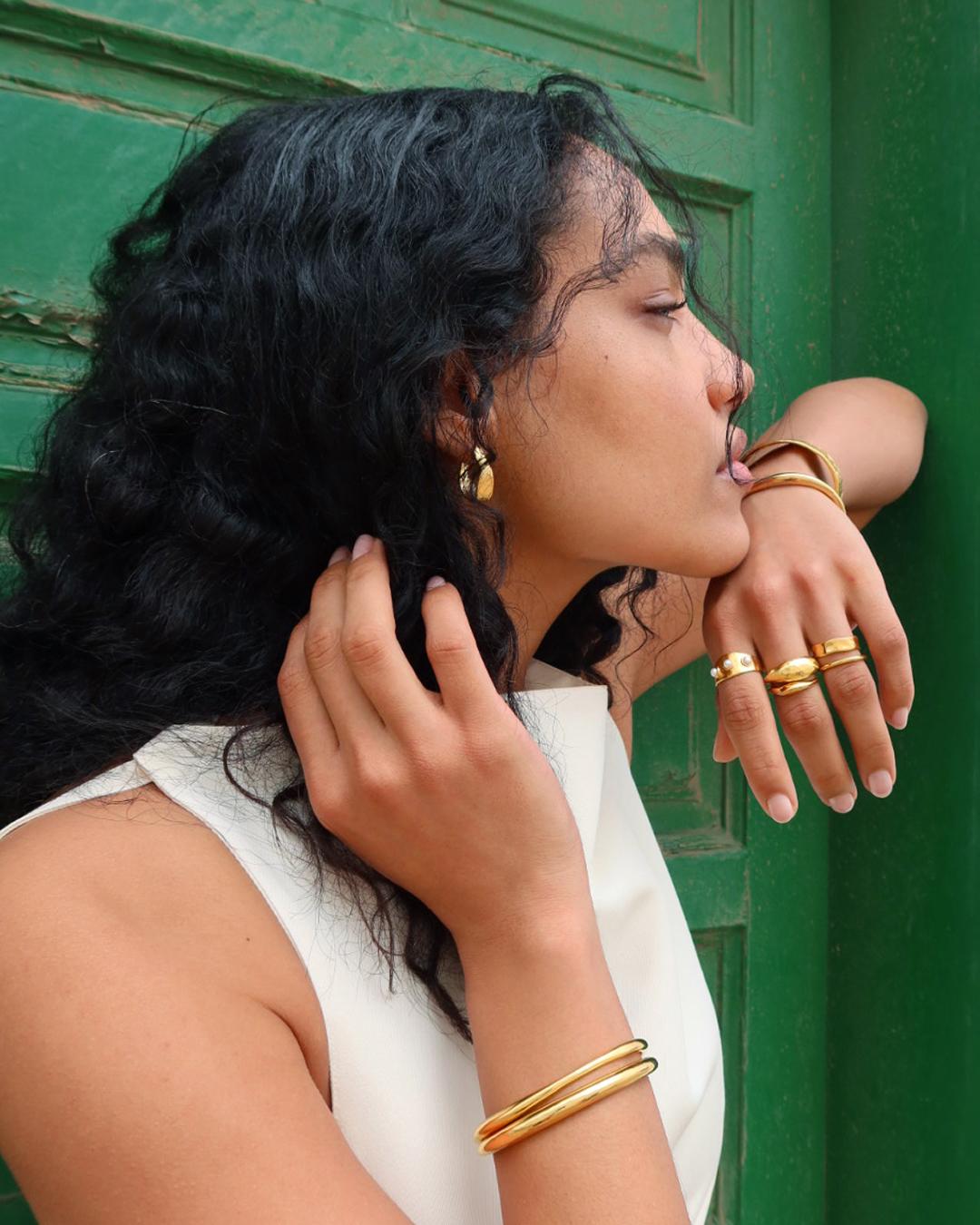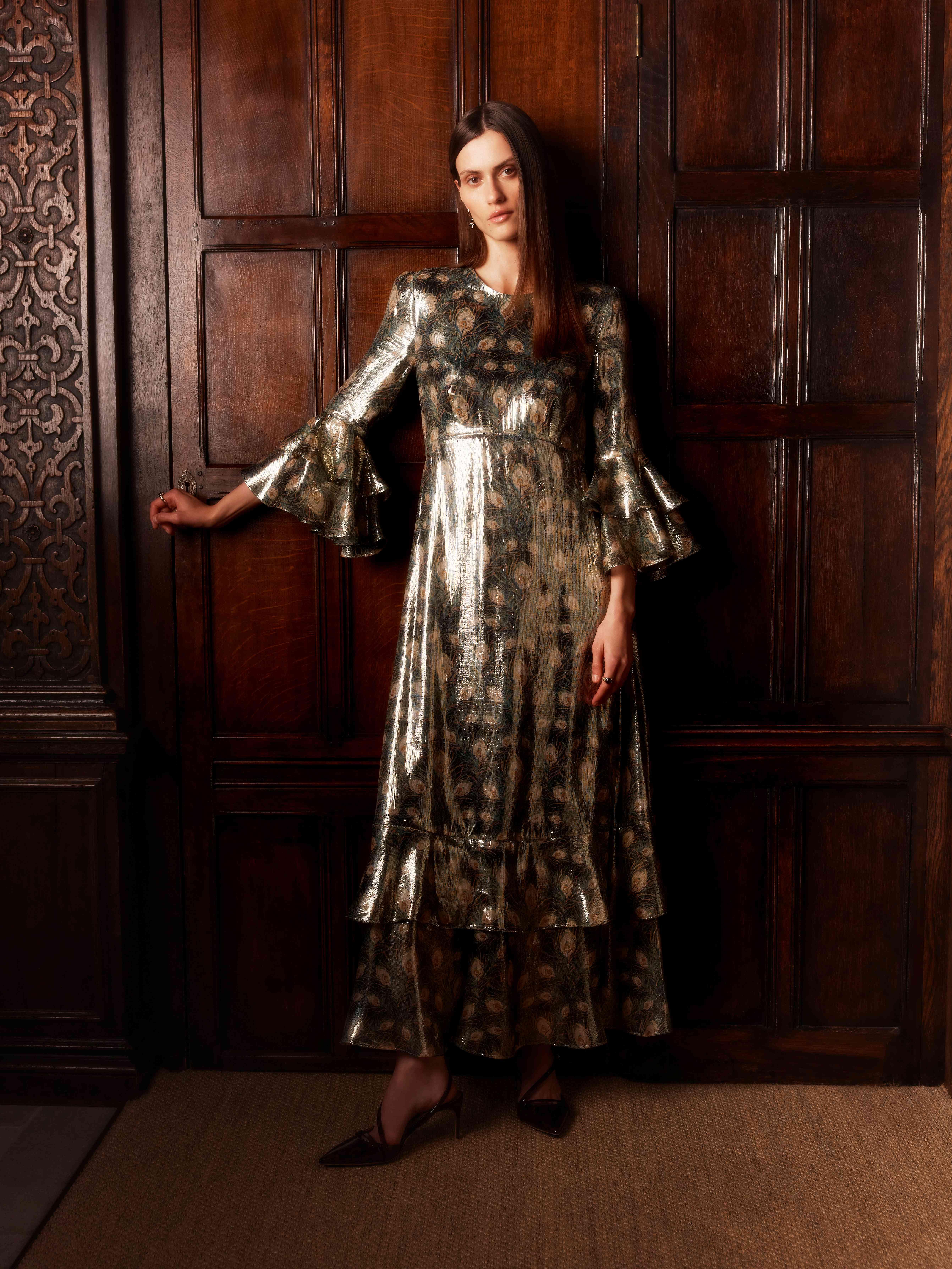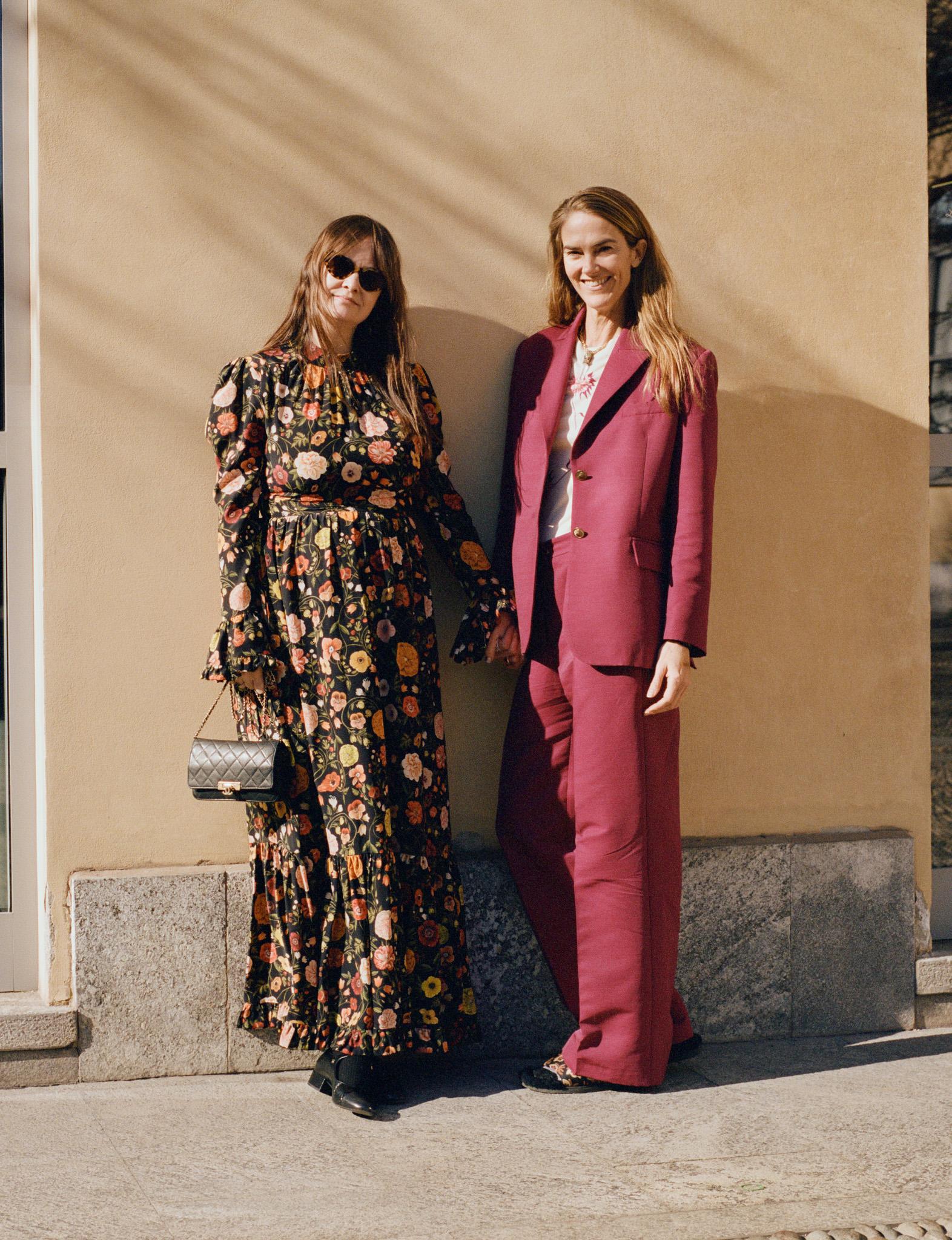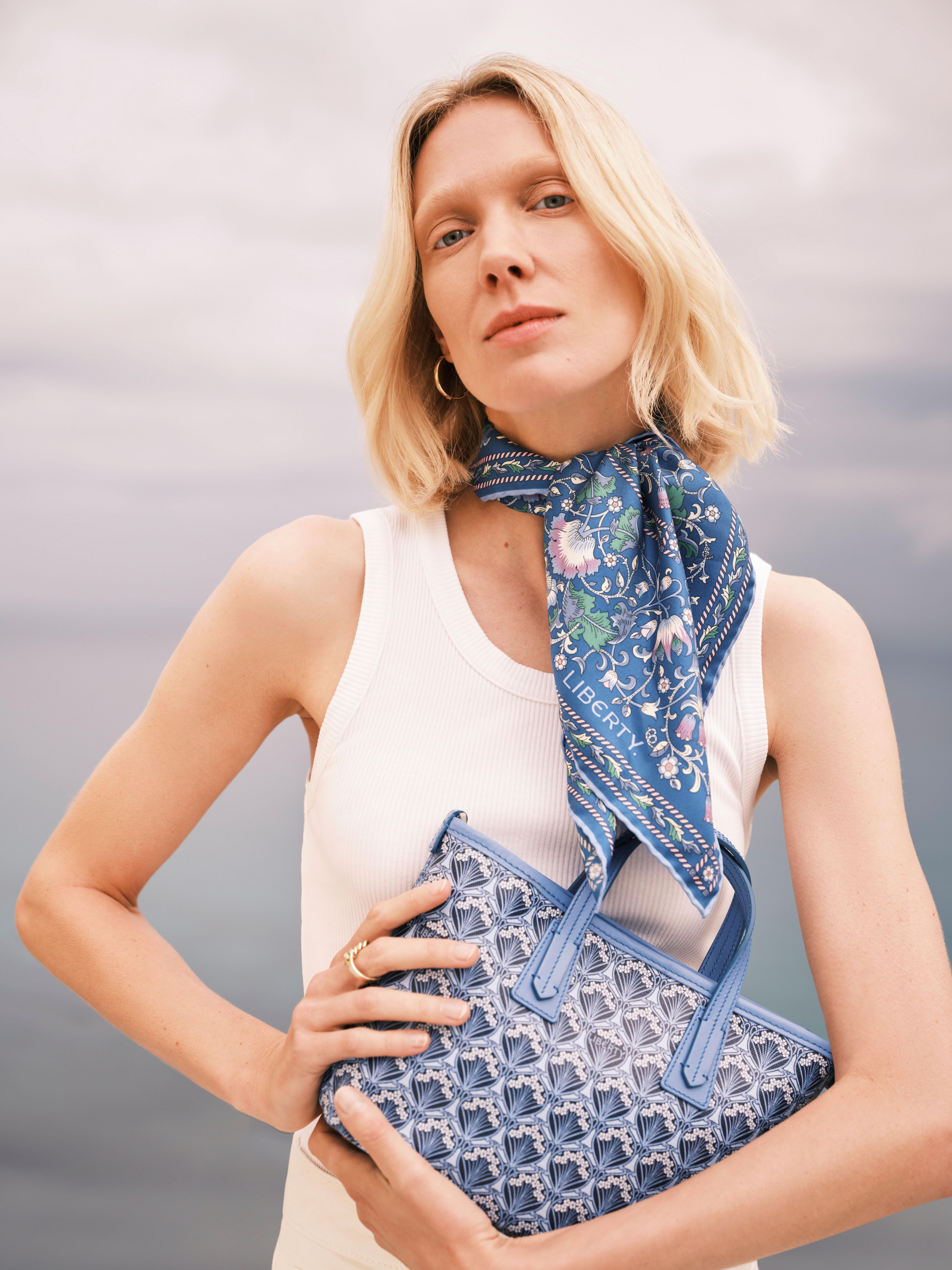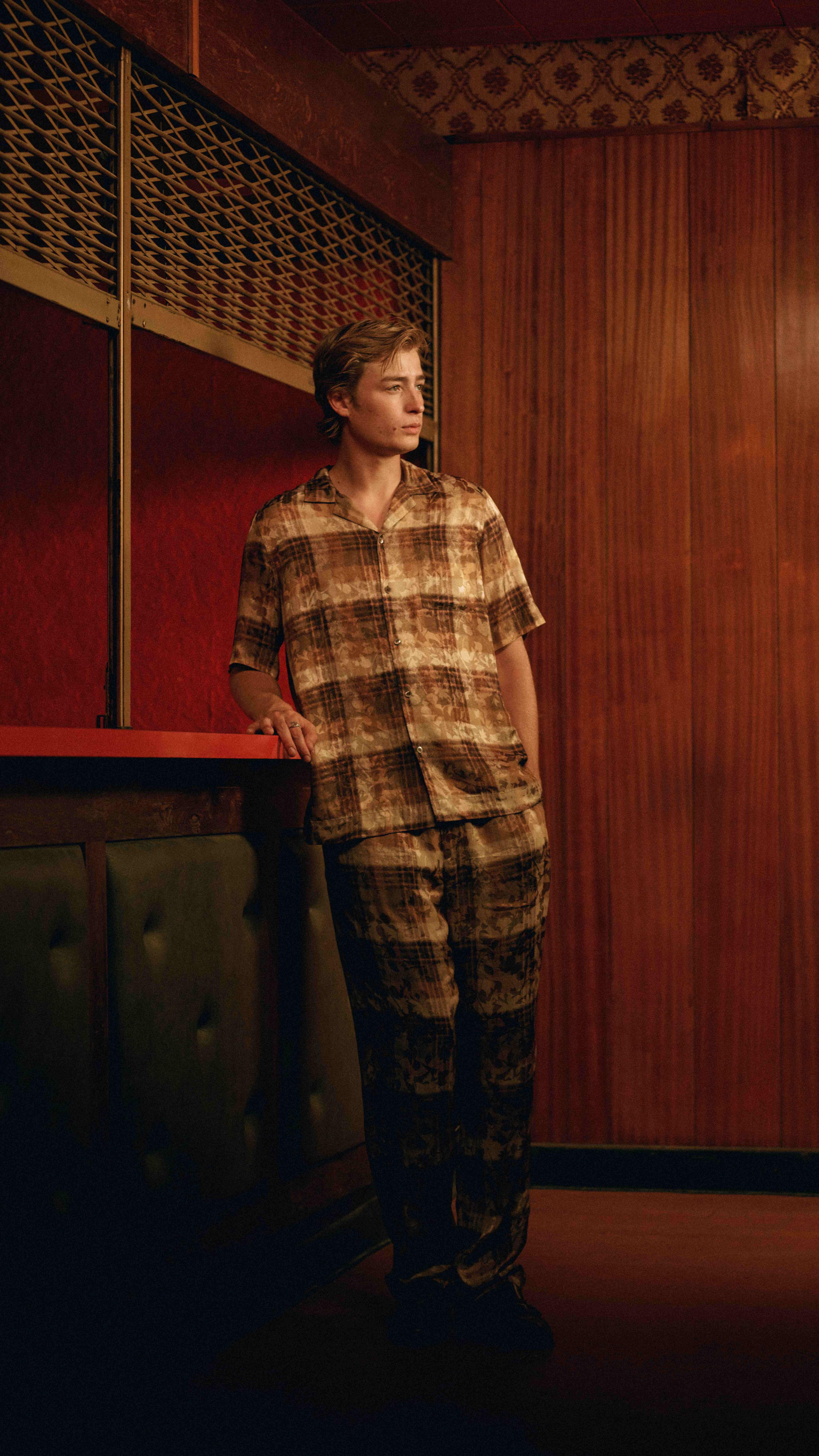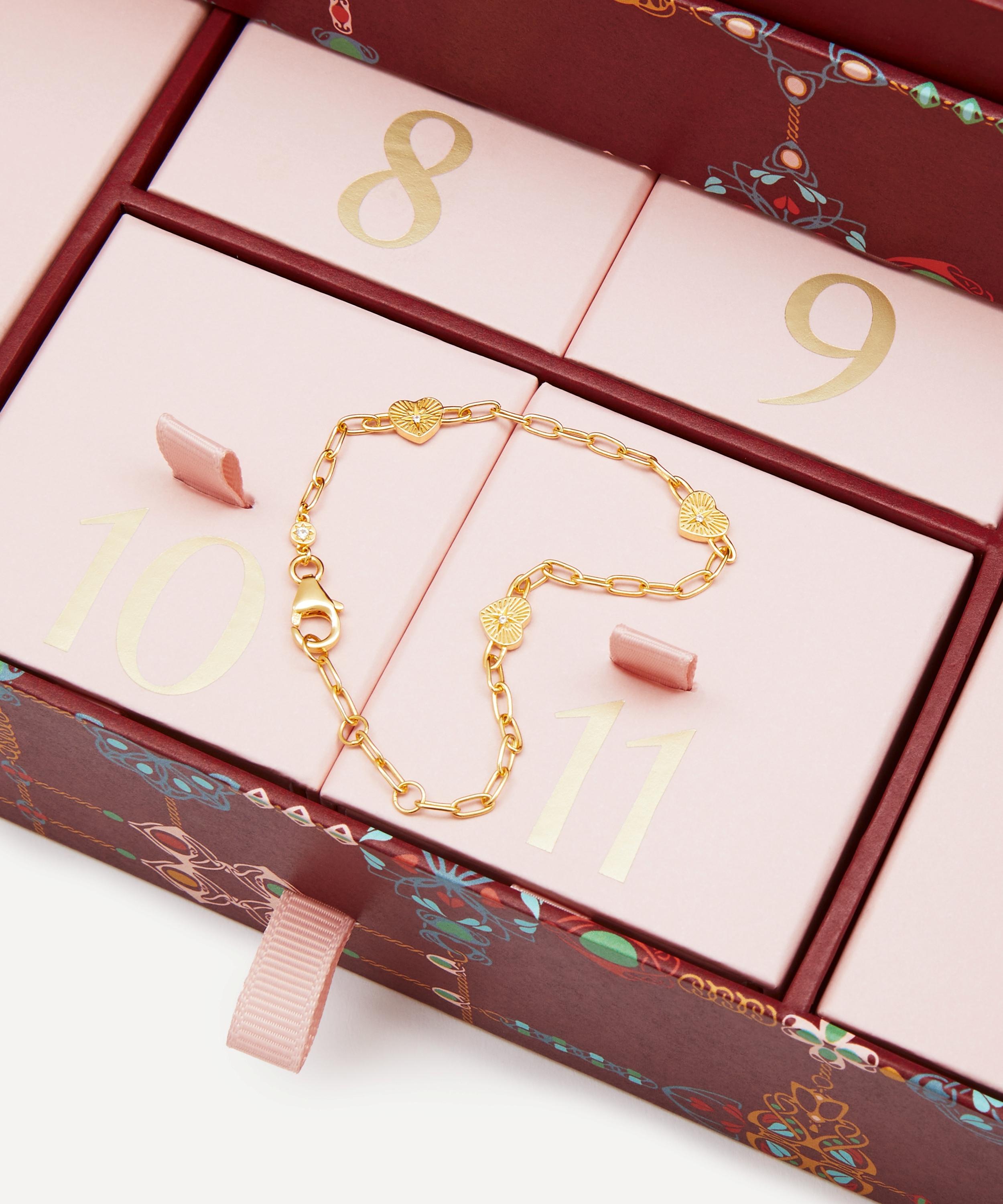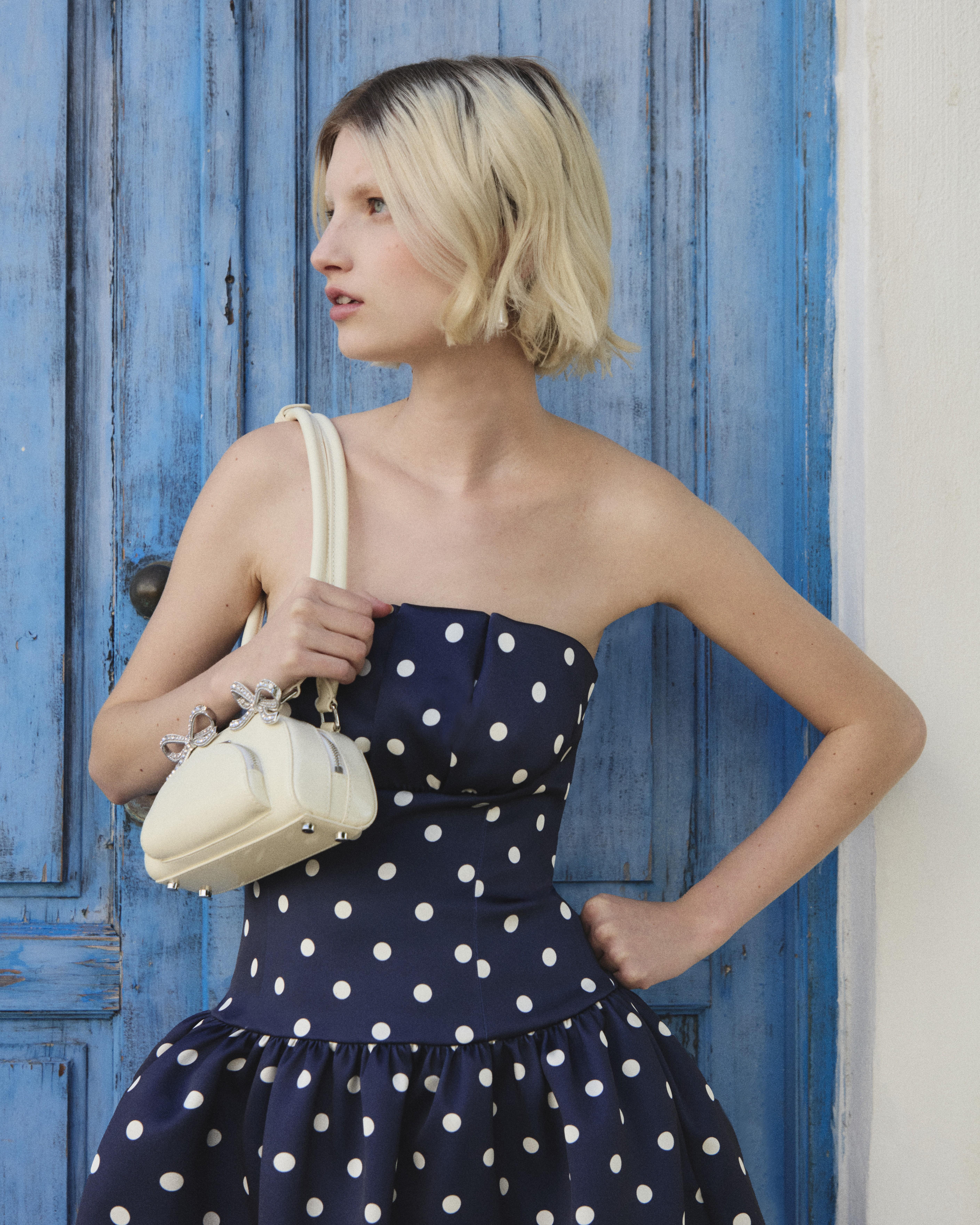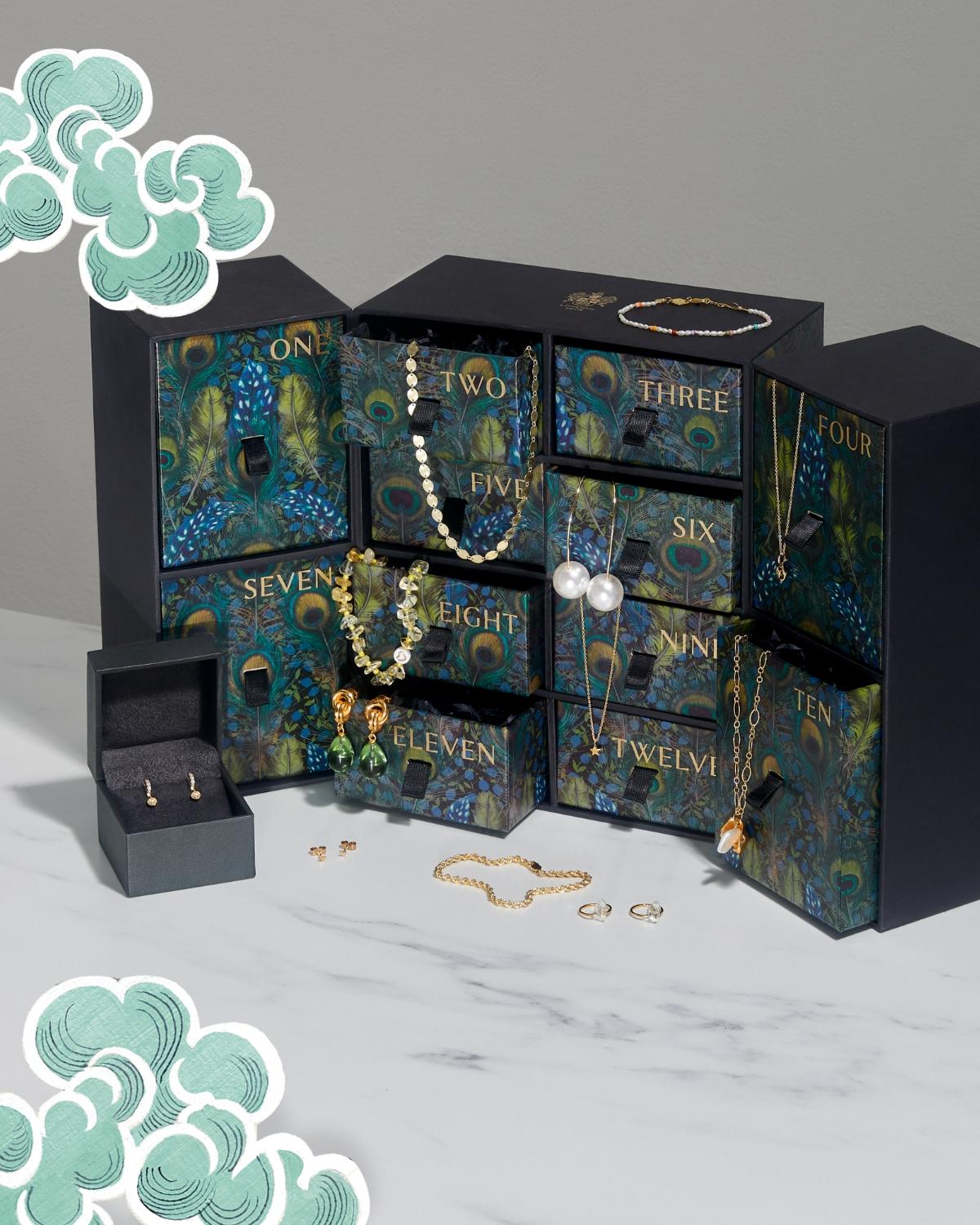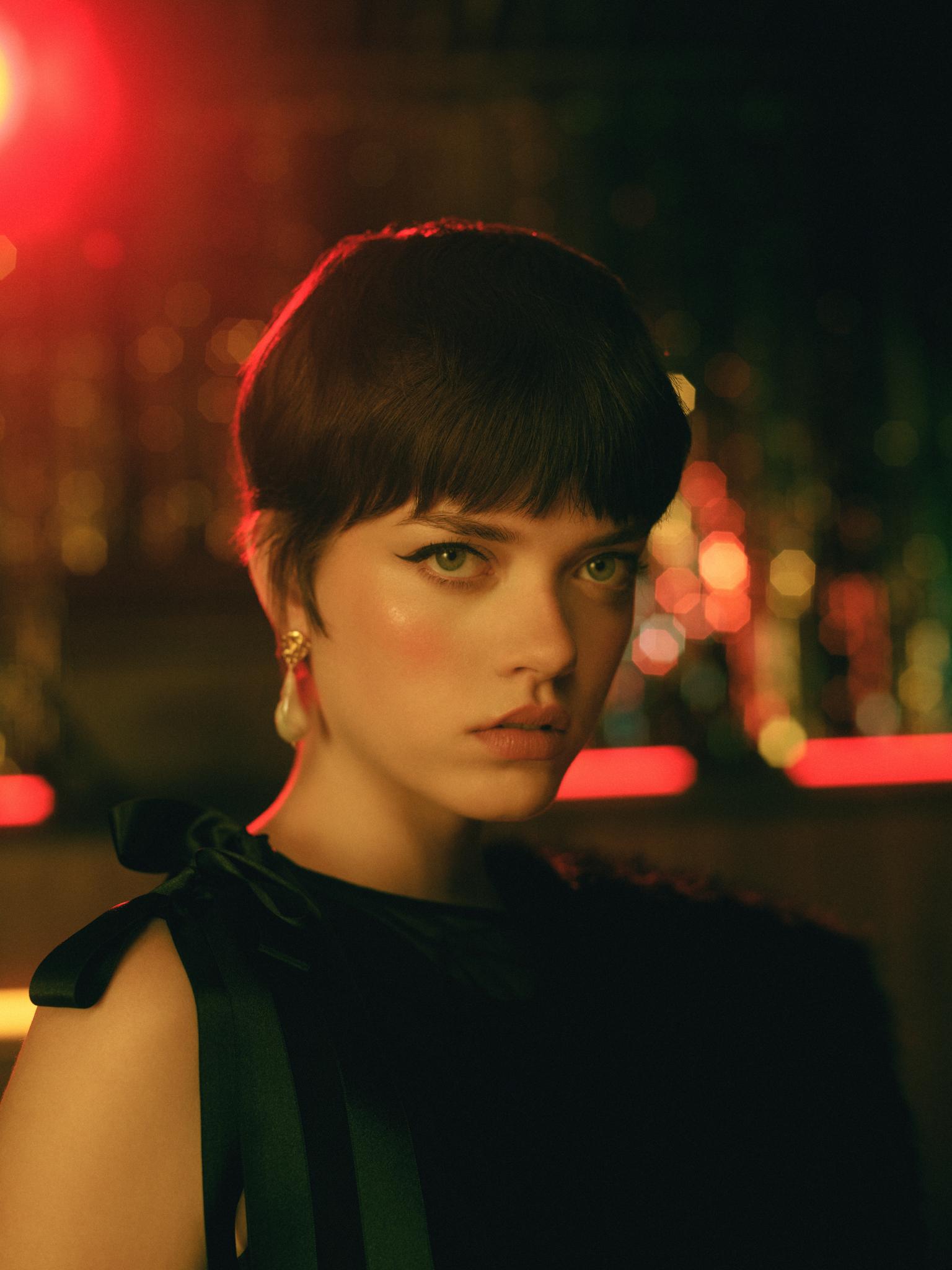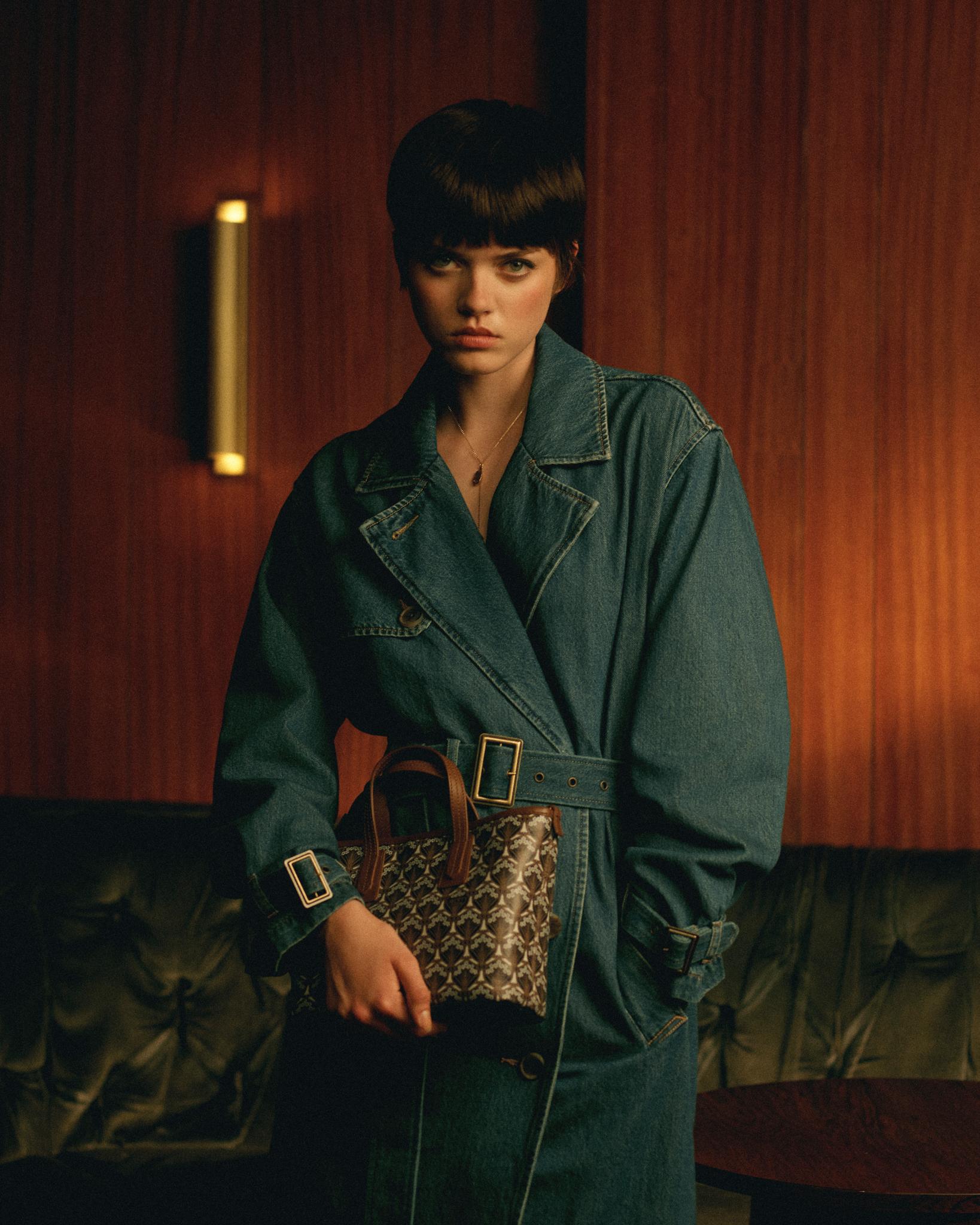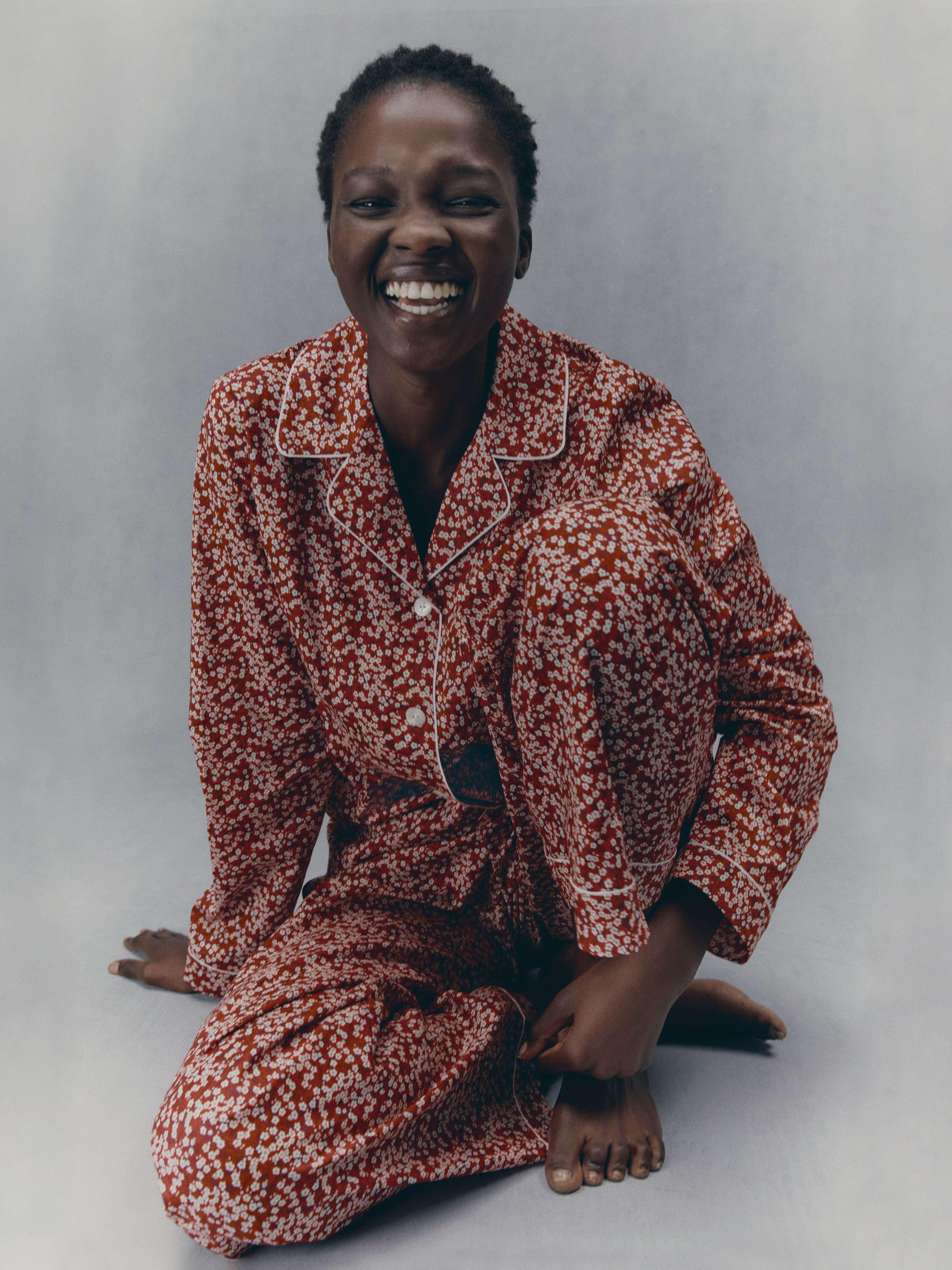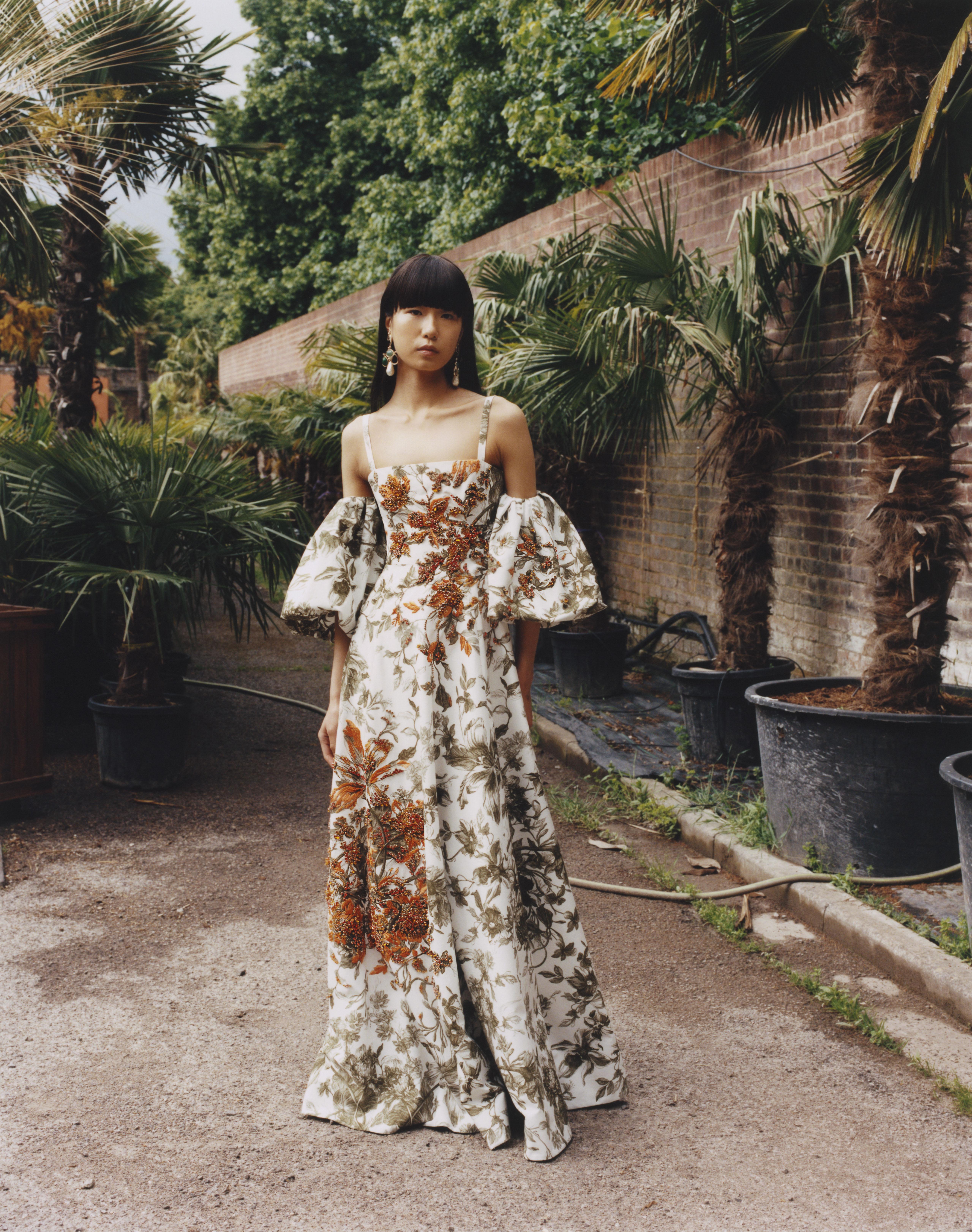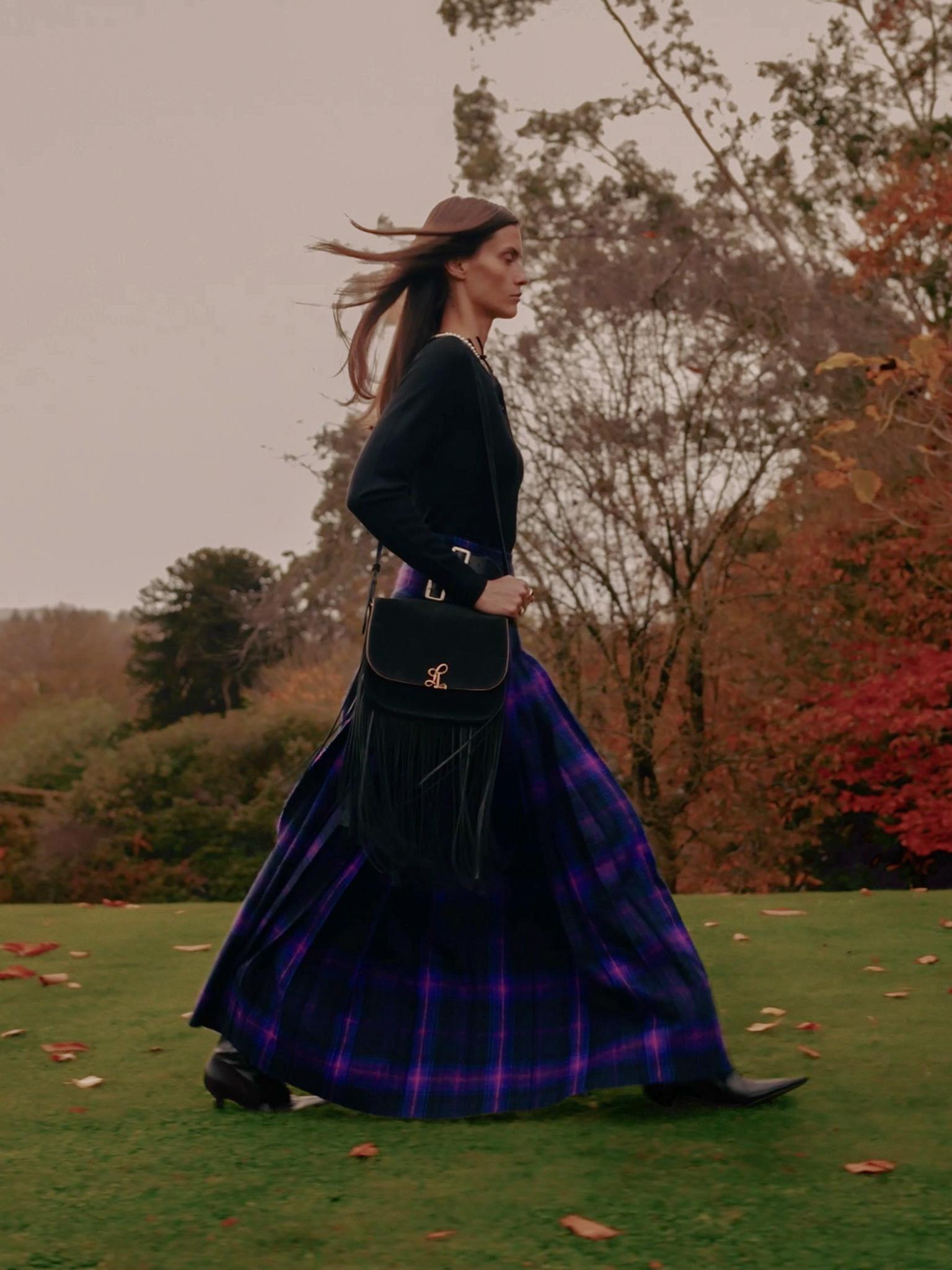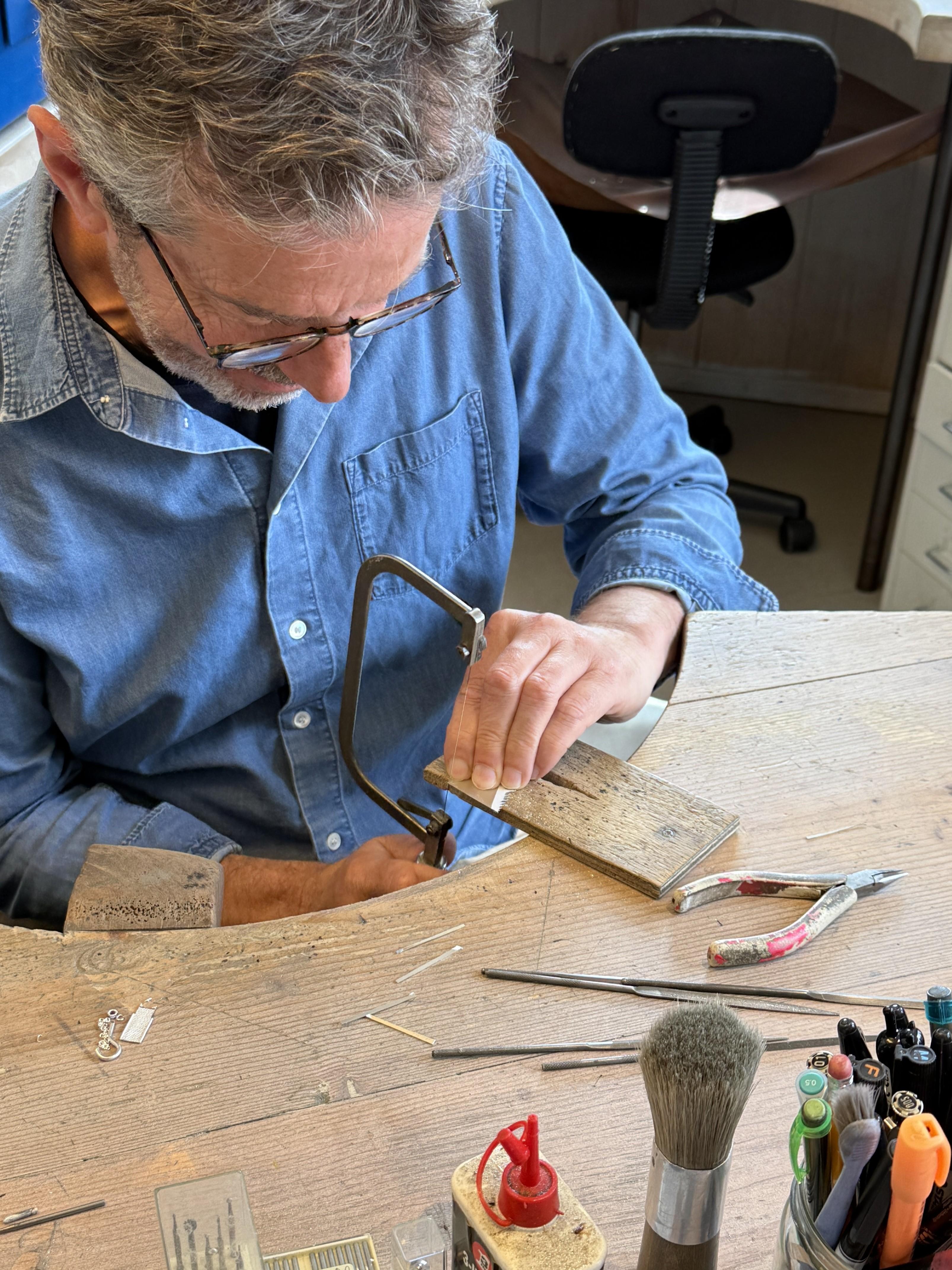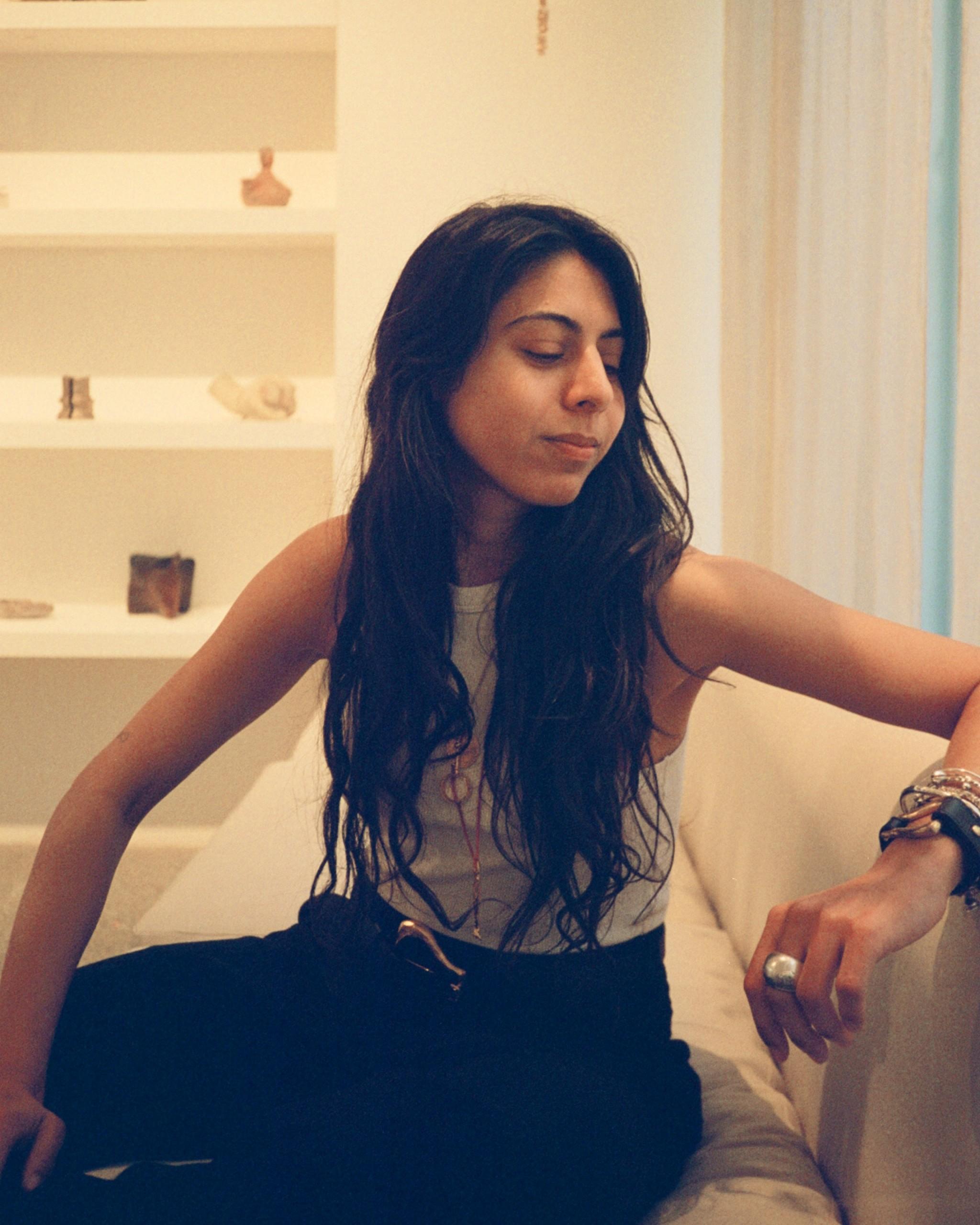
In the Studio with Rosh Mahtani
Allowing us a peek inside her Hatton Garden studio, Alighieri’s founder talks translating Dante’s Divine Comedy into talismanic jewellery designs
Read more

In the Studio with Rosh Mahtani
Allowing us a peek inside her Hatton Garden studio, Alighieri’s founder talks translating Dante’s Divine Comedy into talismanic jewellery designs
By: Team LibertyRosh Mahtani is the London-based designer translating Dante Alighieri’s Divine Comedy into poetic jewellery, aiming to connect with people through objects and stories. Having studied French and Italian at Oxford University, the self-taught jeweller works on instinct – imprinting Dante’s passages into wax, then realising them as battered bronze and gold-plated rings, earrings and medallions. Here, Mahtani invites us into her studio to see, first-hand, this reimagining in action…
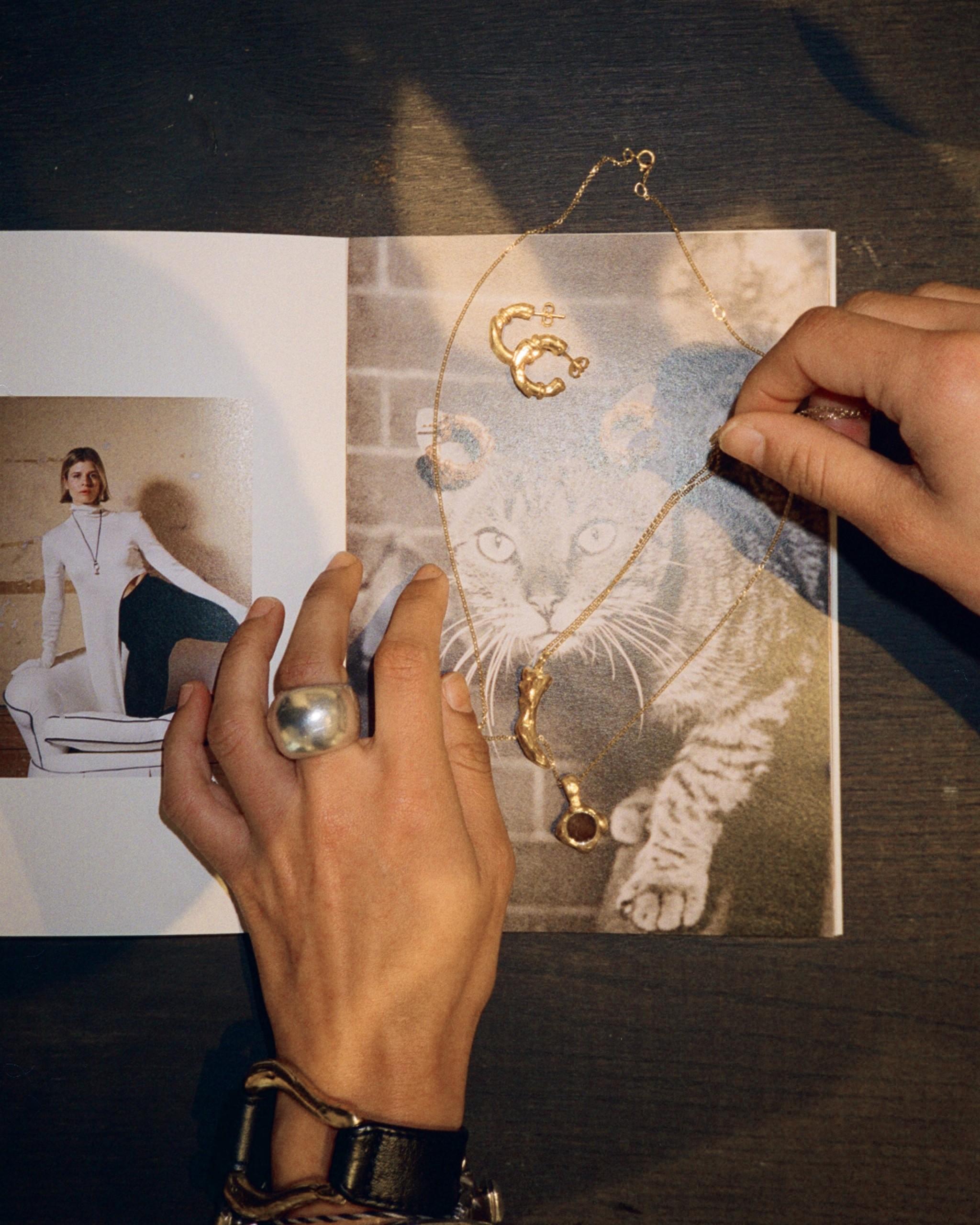
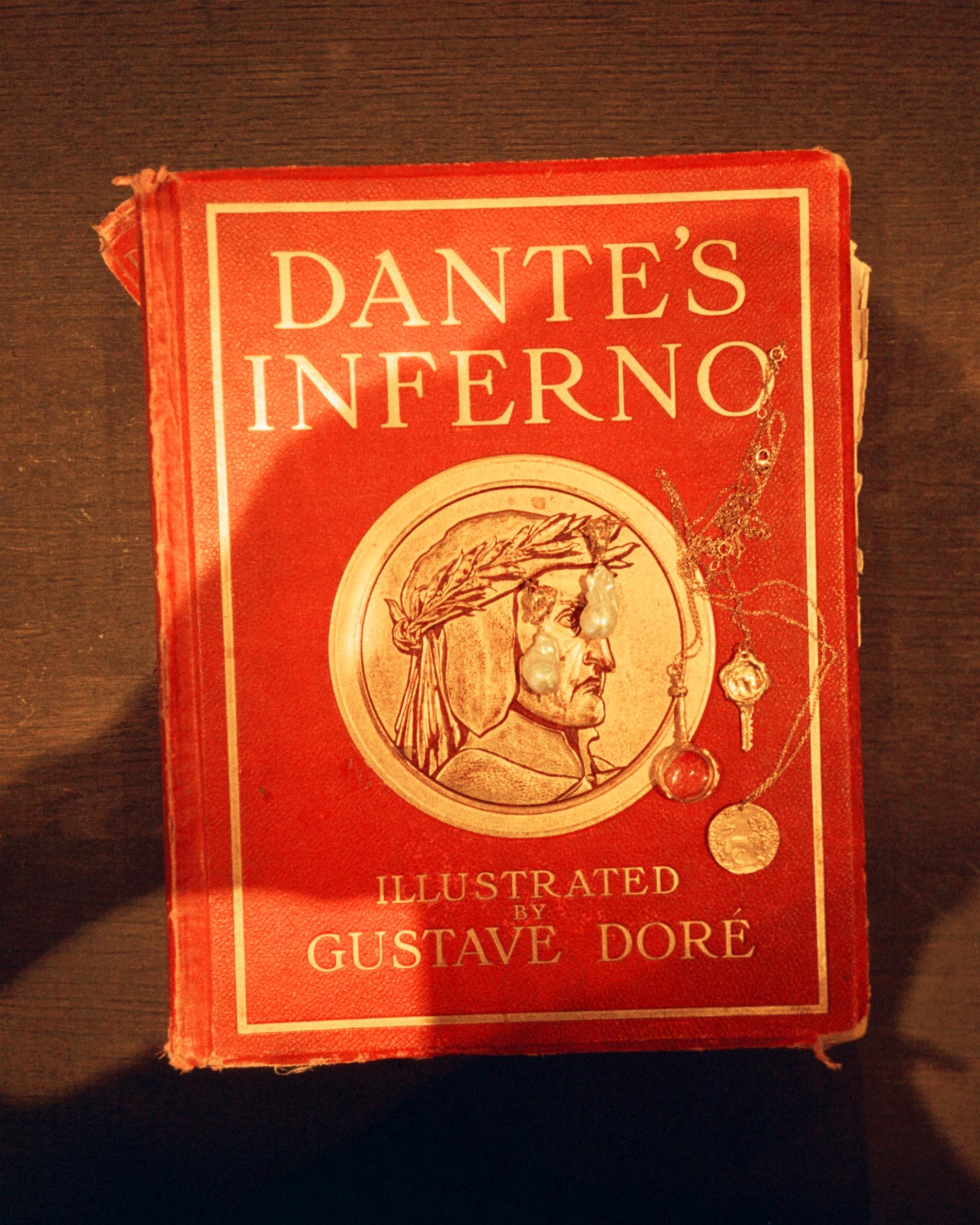
How would you sum up the Alighieri vision?
Alighieri jewellery is all about bringing people together through objects, unlocking dialogue and celebrating imperfection.
What first inspired you to enter the world of jewellery design?
I’ve always loved jewellery, since I was a kid. I used to pick up stones and shells and imbue them with magical powers. And when I studied Dante Alighieri's Divine Comedy, I became inspired to start making one piece of jewellery for each one of his poems and turn them into these molten, imperfect textured objects. That's how it began.
Where do you look for inspiration for your collections?
I am always looking for inspiration. I love to travel through flea markets. I always start the collection by going on a solo voyage on my own with my 35mm battered Pentax camera, looking at the world through the lens. I'm also really inspired by older women, such as grandmothers, and their jewellery. I looked at Africa, India, Italy, South America. I love the fact that all around the world everyone uses jewellery in this very talismanic way, and I draw a lot of inspiration from that.
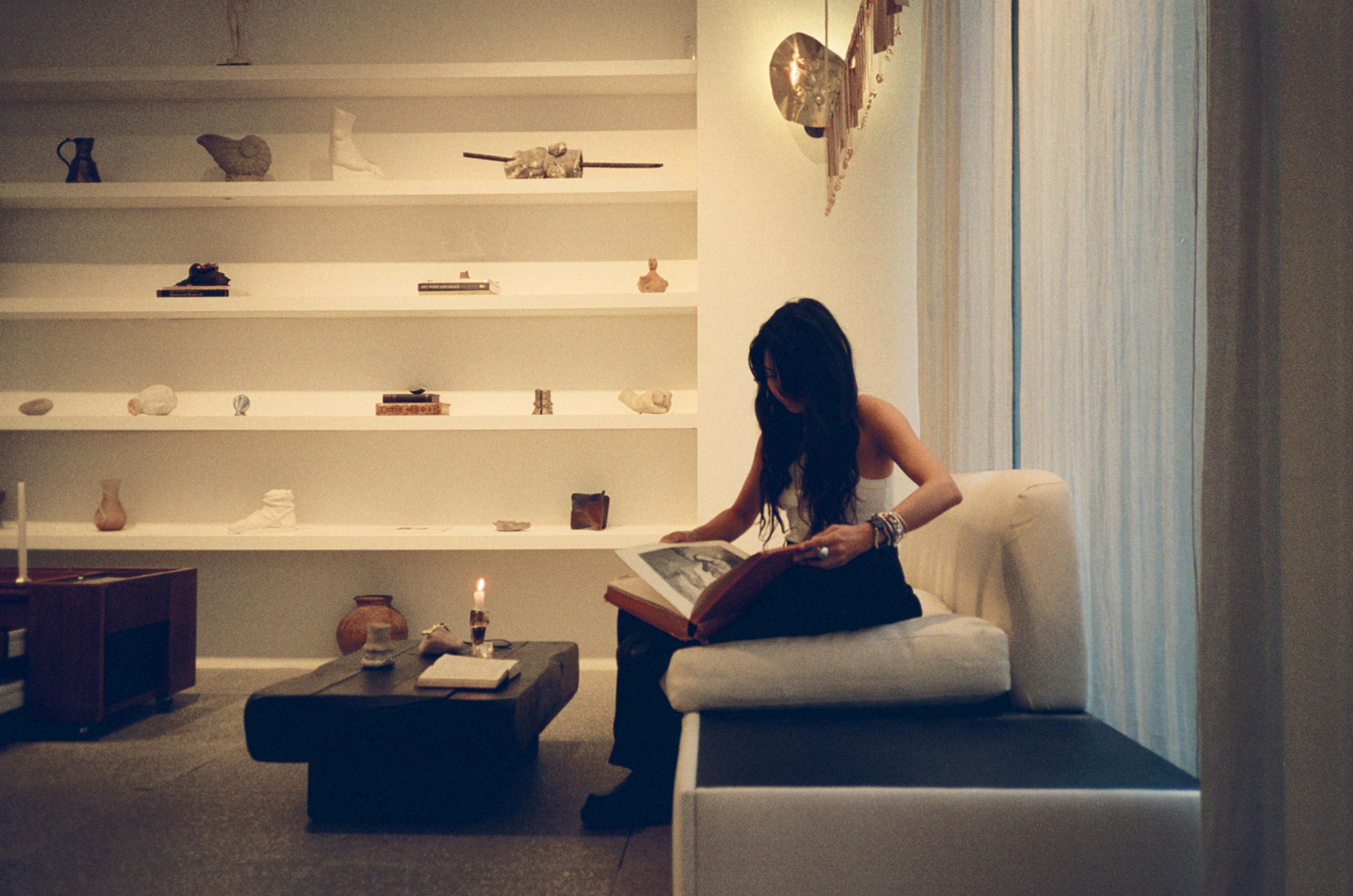
How do you translate that into jewellery design? What does your process look like?
I make everything in wax almost like little sculptures, and it's very ritualistic. My process is super spiritual. I always begin by lighting a Roman candle and sitting with my tools. I have specific songs that I love to listen to and I just start moulding and melting and putting texture in. I never draw. I can't. I can't sketch. I'm terrible at it. [Designing] almost feels like it's a cathartic way for me to just express everything that I'm feeling in that moment. The process has always been the same over the last ten years.
How do you maintain such originality in your work?
I really am very conscious never to look around too much at contemporary jewellery or what other brands are doing. It always has to feel real for me. And that's why it's sometimes challenging because I have to wait for the idea to come to me, which often means there's not very much time to produce it. I try to really design from the heart and I'm always making for me. I ask myself: What do I want to wear? How am I feeling right now? And then hopefully, that's why it resonates with people.
How important was it for you to work from such an iconic jewellery hub like Hatton Garden?
I love celebrating the historic hub that Is Hatton Garden. It's so full of energy and madness and craft. I love the idea of knowing the hand behind every step of the process. When I first started the brand, I did a one-day wax carving course in Hatton Garden and I made these little creatures and I made my little Leone medallion. I stumbled into the oldest caster in Hatton Garden and I met three Cypriot men: Chris, Leo and George and they became like uncles to me and they taught me. I’ve always wanted to know who was making it. I wanted to know the hand. I wanted to be able to see it and I couldn't imagine another way.
Are there many female-owned jewellery brands in Hatton Garden?
In Hatton Garden, it's rare. There are more women than there used to be, but certainly 10-11 years ago, when I started, that wasn't necessarily the case. There were some places where I was laughed out the door and I had to kind of assert myself a little bit. Then people warm up to you. But historically, it's always been a very male driven trade, so it's fun to be a woman in this industry because you get to be a bit cheeky with it.
Your supply chain is so local to Hatton Garden – why is that?
I think that it's so important to know where everything is coming from. We work with recycled bronze, gold and silver. It's walkable and there's no waste in the process. We say that we want to create timeless objects that last forever, that you want to carry with you and pass down through generations imbued with meaning and it's beautiful that it's come to fruition through metals and bronze and gold that are that are recycled locally here.
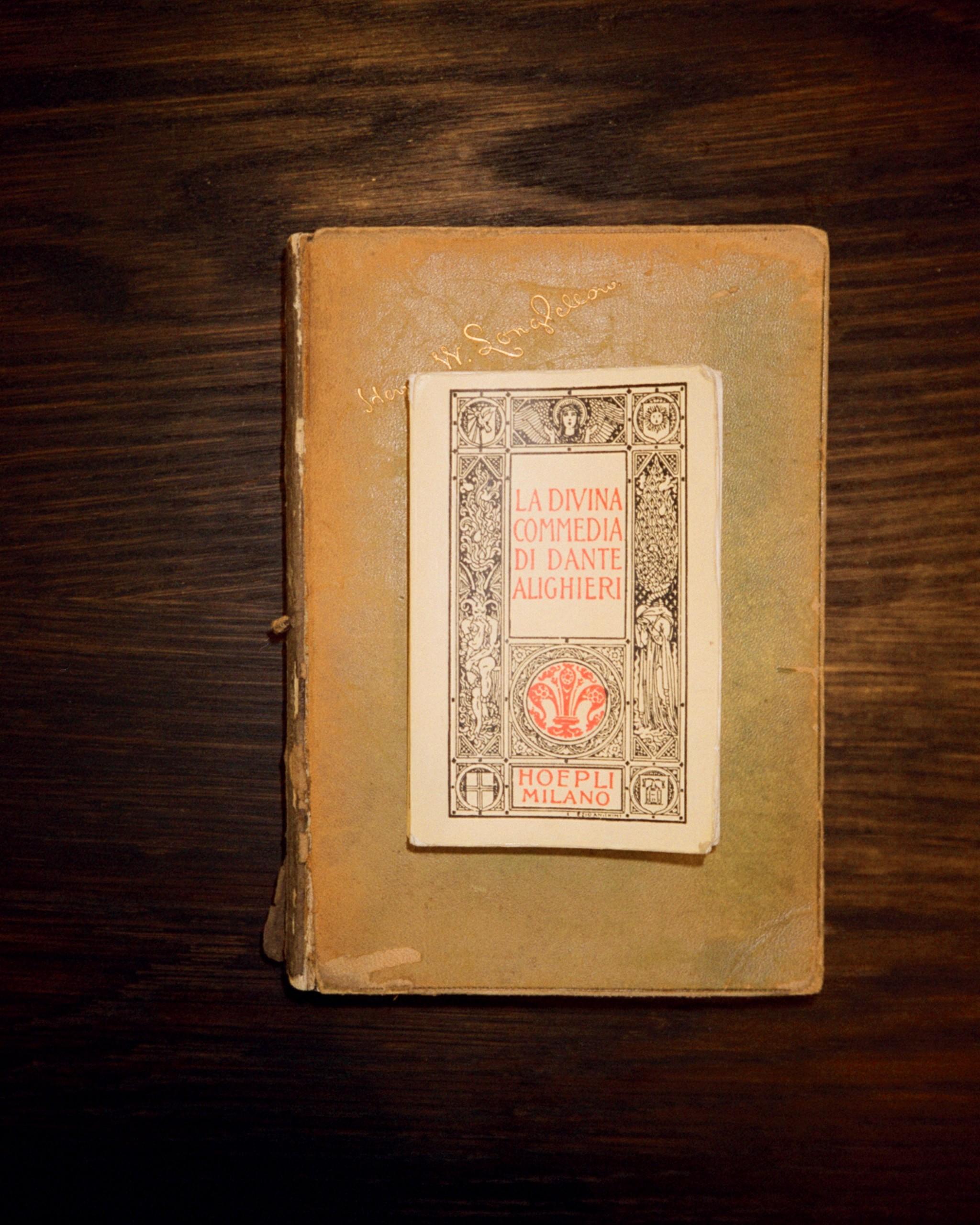
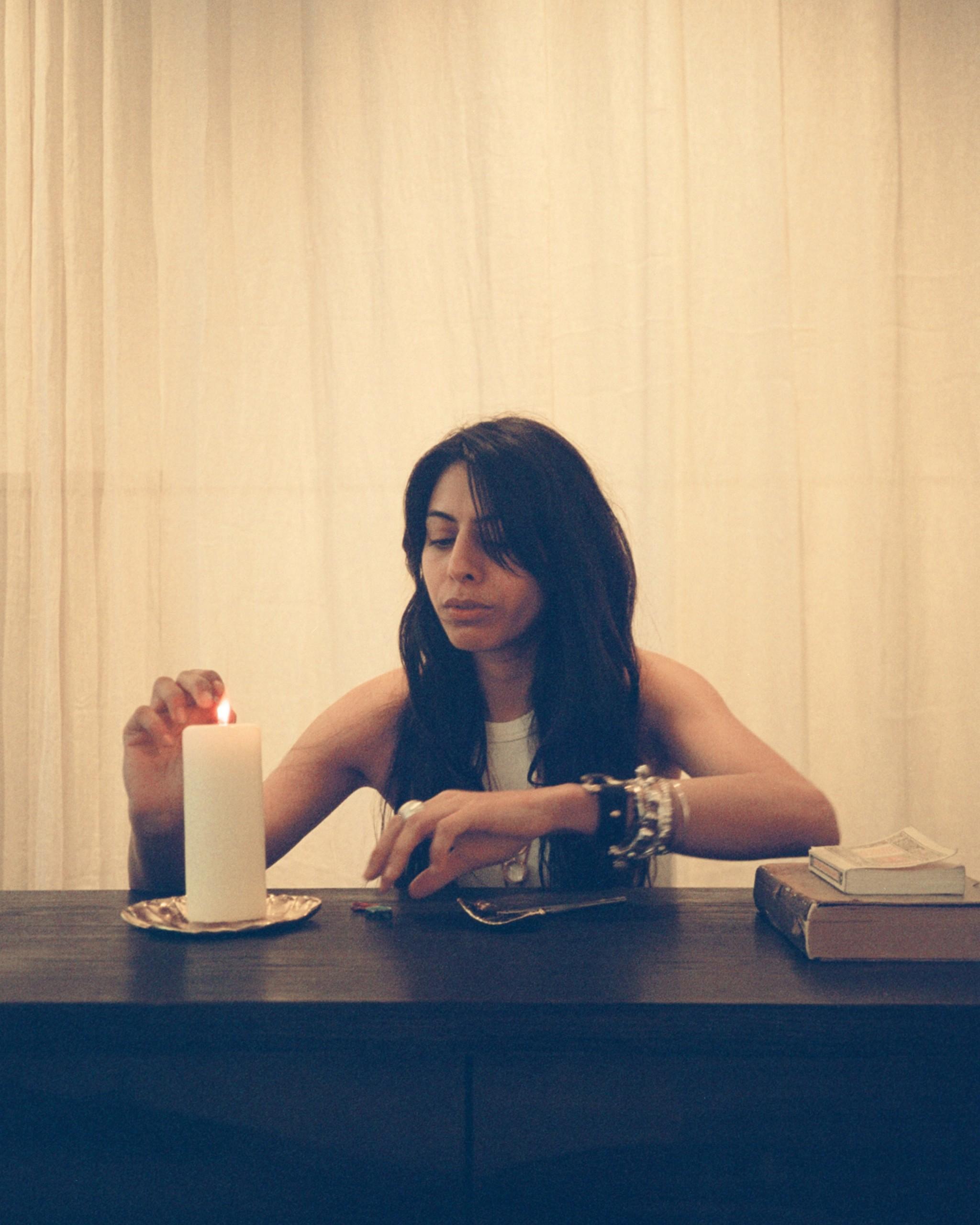
You see putting on jewellery as a ritual – why is that?
I really believe that jewellery, especially Alighieri, is very talismanic and when I put on my Leone medallion in the morning, it's a reminder to myself to be brave, to be strong. When I put on my fish on this very spiritual red cord, it's a symbol of happiness. When I put on each piece, it's like I'm arming myself for the day and I carry that. I think these objects have energy in them and it does feel very ritualistic. We hear that from a lot of our clients, they say things like ‘I wear my Leone medallion because I'm going through difficult time. I think that's what my aim always was. I wasn't trying to create fashion jewellery. I wanted to create objects with meaning.
Which Alighieri piece are you most proud of and why?
It's so hard to choose one piece that I'm the most proud of, but if I had to – the Leone medallion. We call it the North Star of the brand. It's all about strength and courage and finding strength in vulnerability. In the first canto of the Divina Comedia, Dante is lost in the dark wood. He doesn't know where he's going, he's afraid, and this lion comes towards him, and there's this incredible description where it says the lion was so terrifying that even the air around him was trembling with fear. And Dante almost gives up and says I'm not brave enough, and so I made this Leone for myself to remind me to be strong in moments of self doubt. That has to be the piece I'm the most proud of because it's the one that people resonate with the most.
How important is it to the brand that you are female founded?
Female empowerment is really important to me. I don't like to think of it too much in a gendered way, but supporting women has always been at the forefront of what I've wanted to do with the brand because I am a woman myself. During the pandemic, we partnered with the charity Refuge who support survivors of domestic abuse, which is one in three women. Through our incredible clients, we were able to raise £100,000 for them. It's always been really important to me to make a space for women to be able to tell their stories because I don't think that many spaces like that exist.
What’s the biggest compliment that you can receive from somebody who buys Alighieri?
It’s when someone says to me: ‘whenever I leave my house and I forget to put it on, I feel naked.’


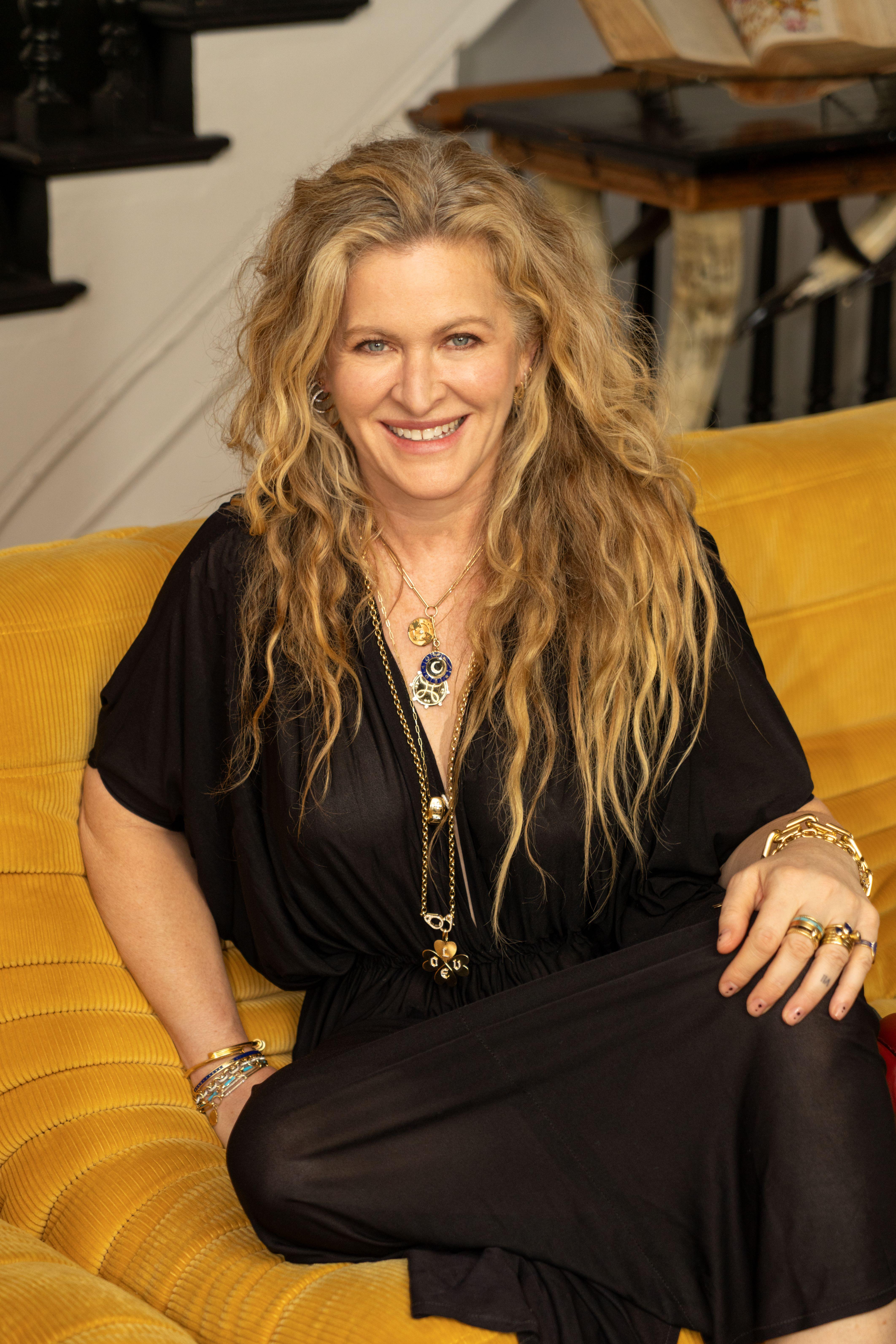
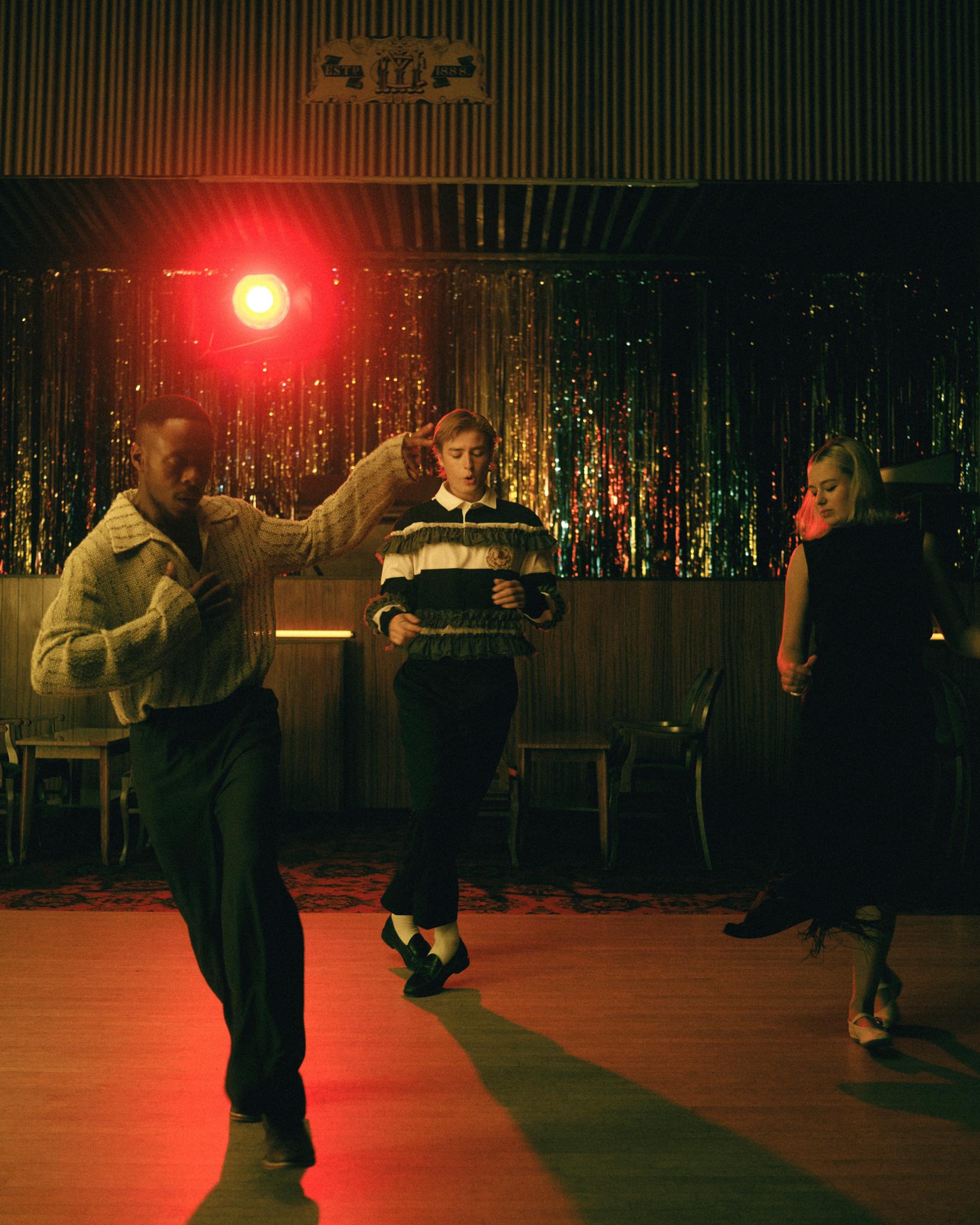

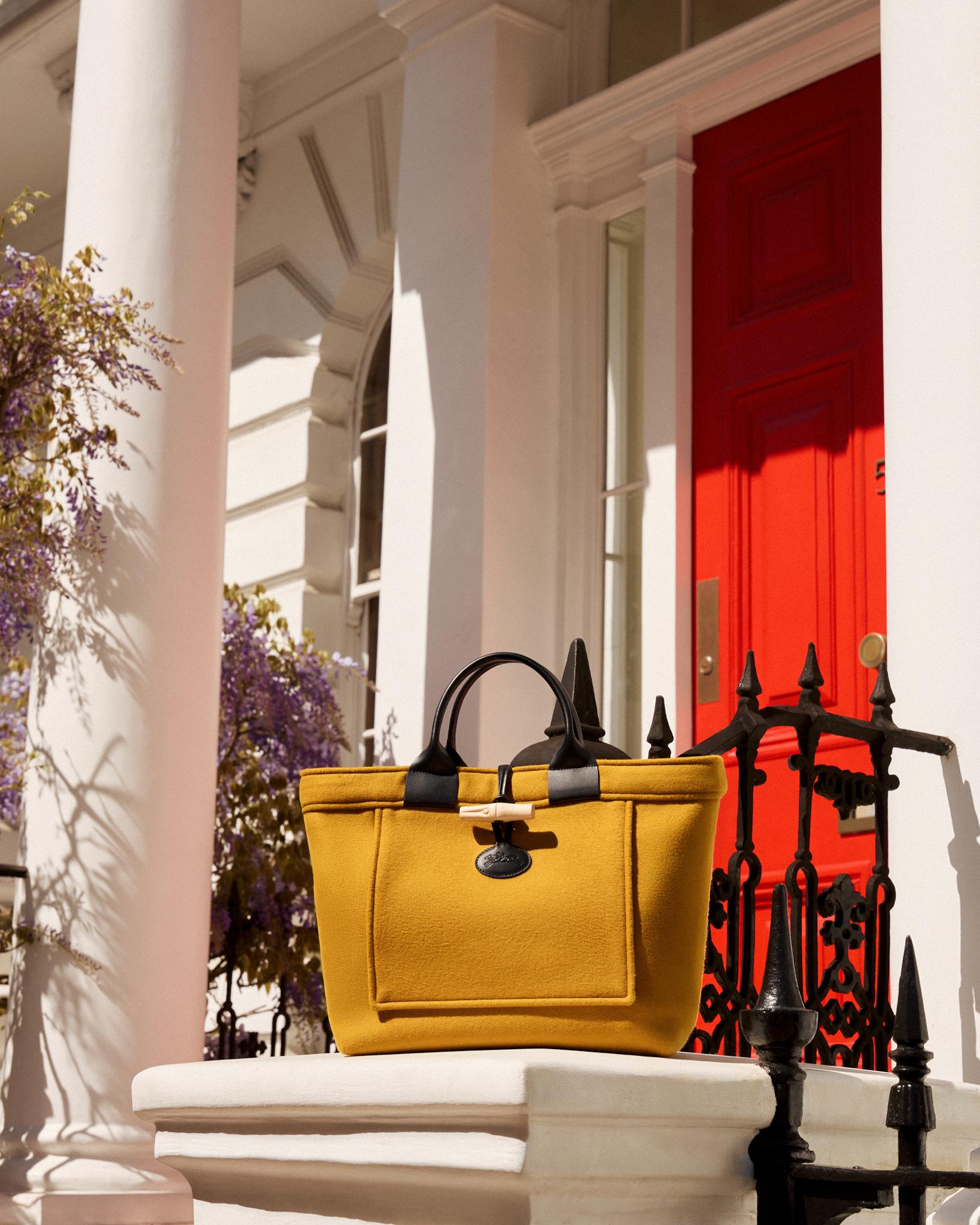
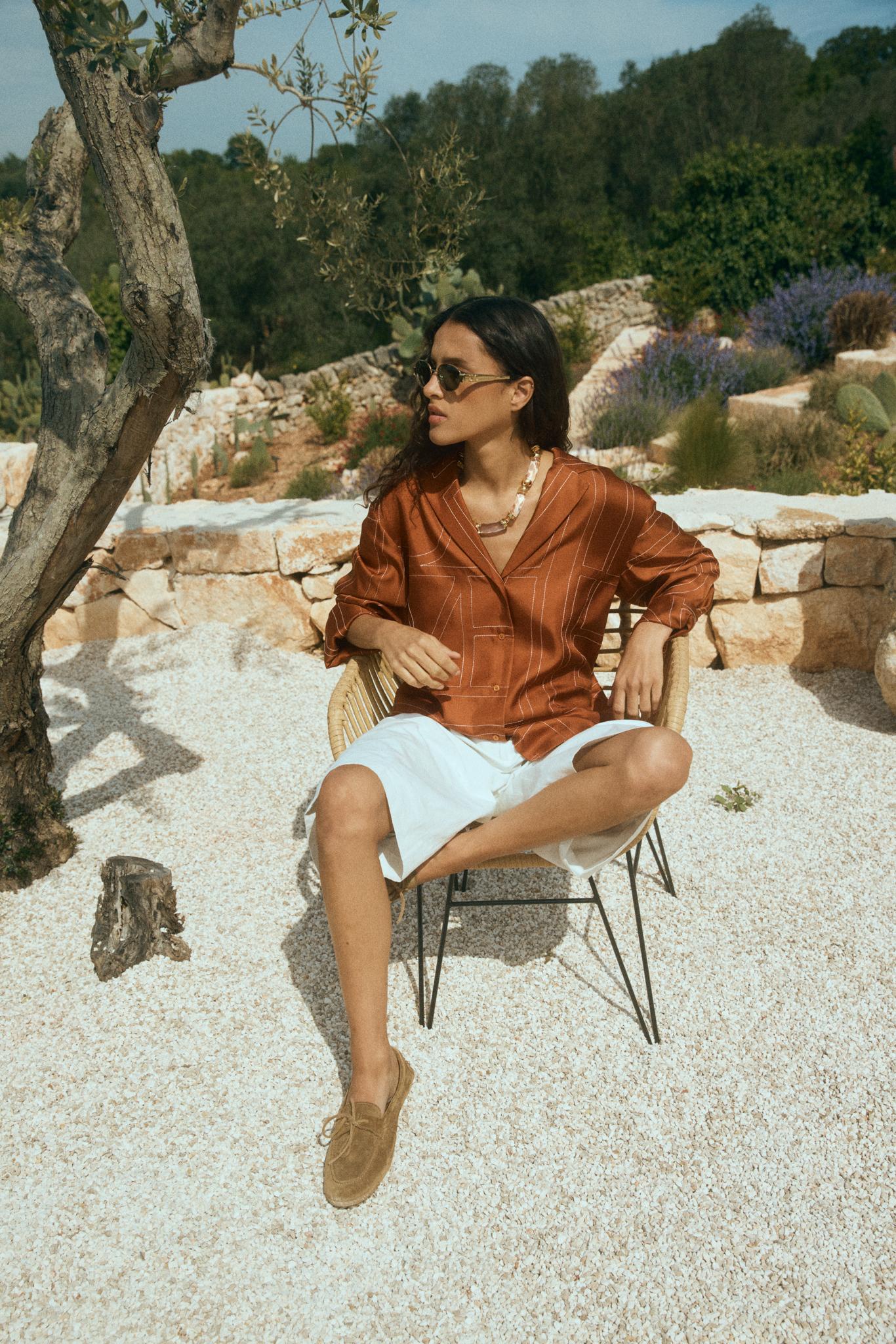
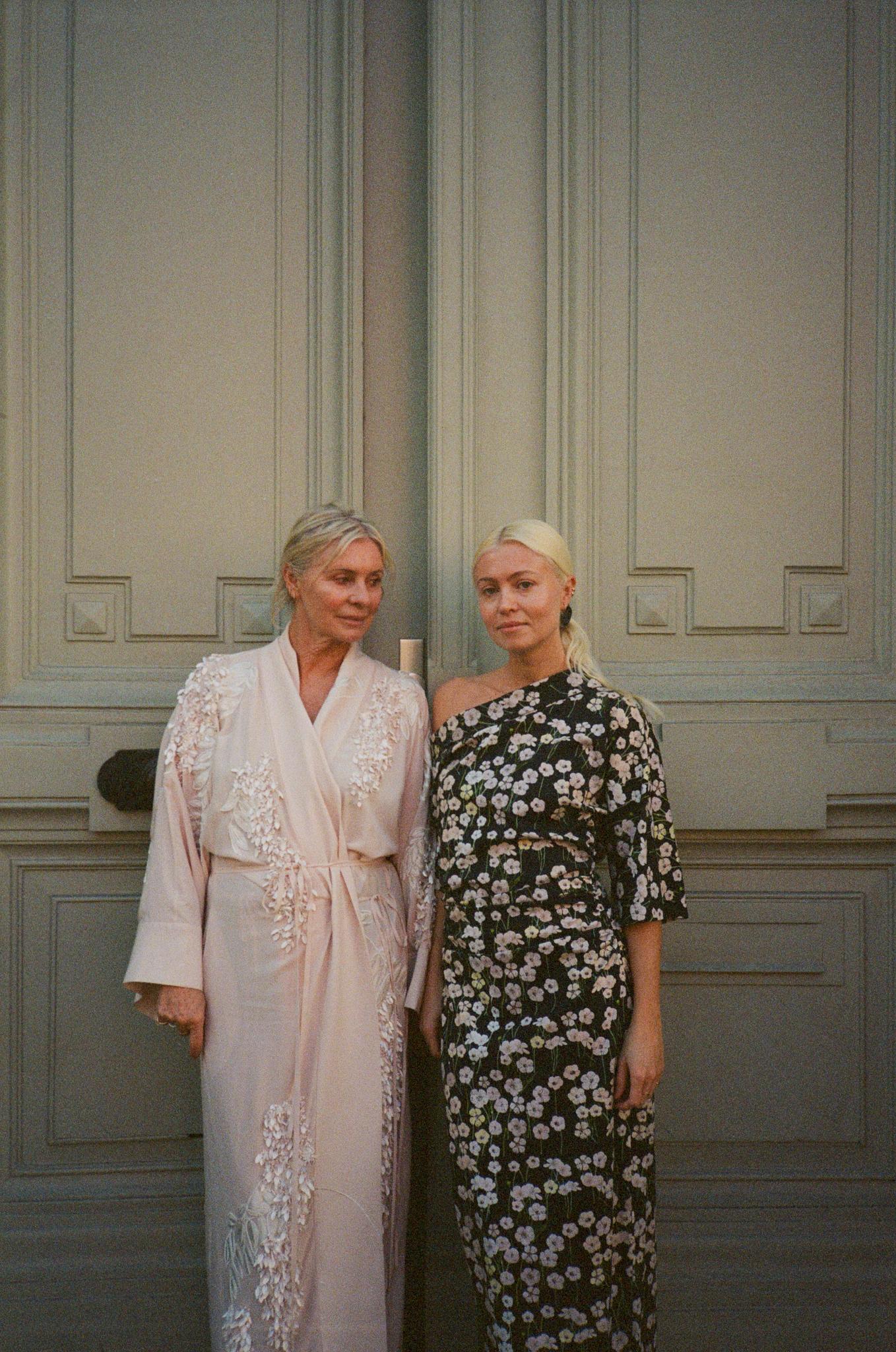

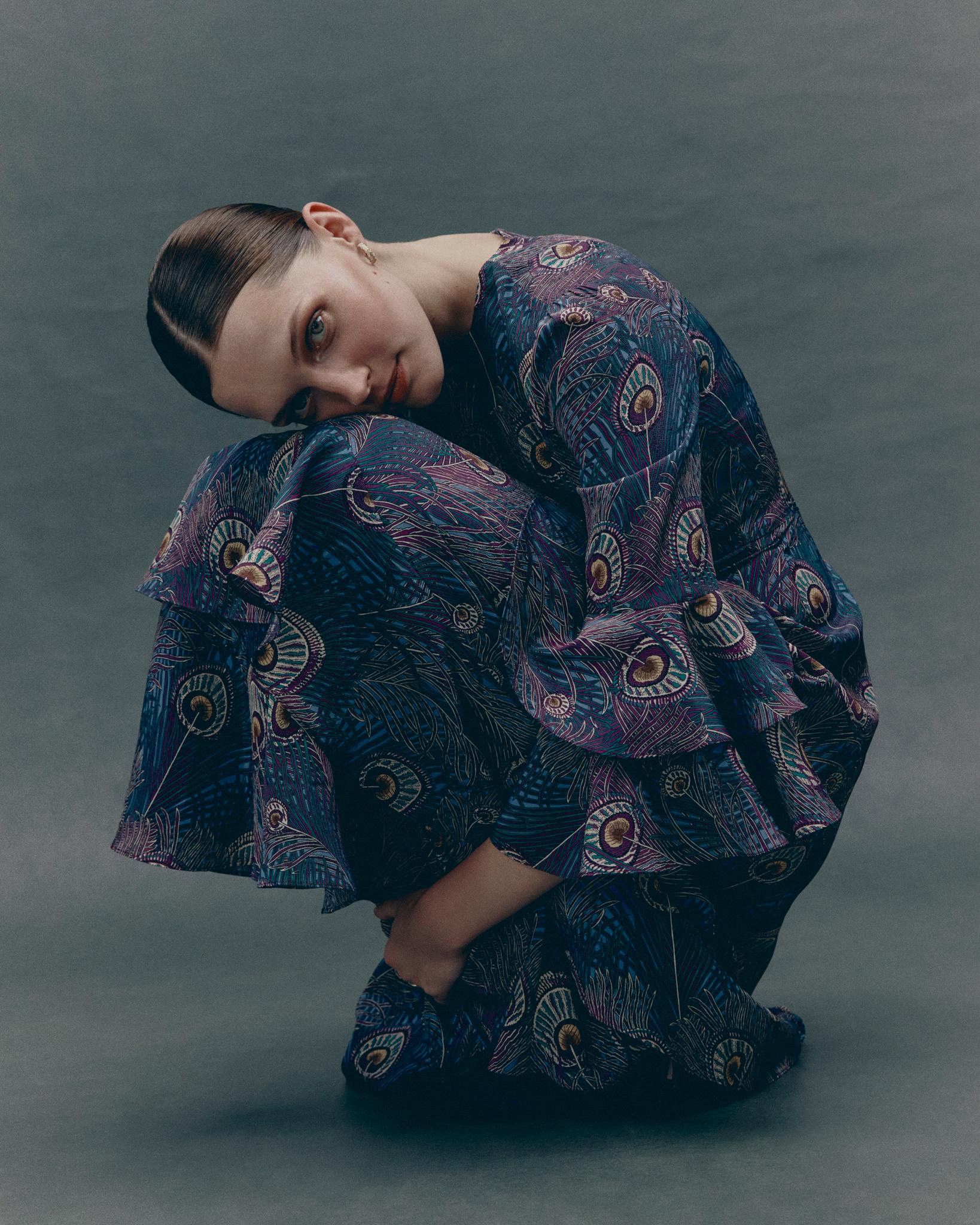
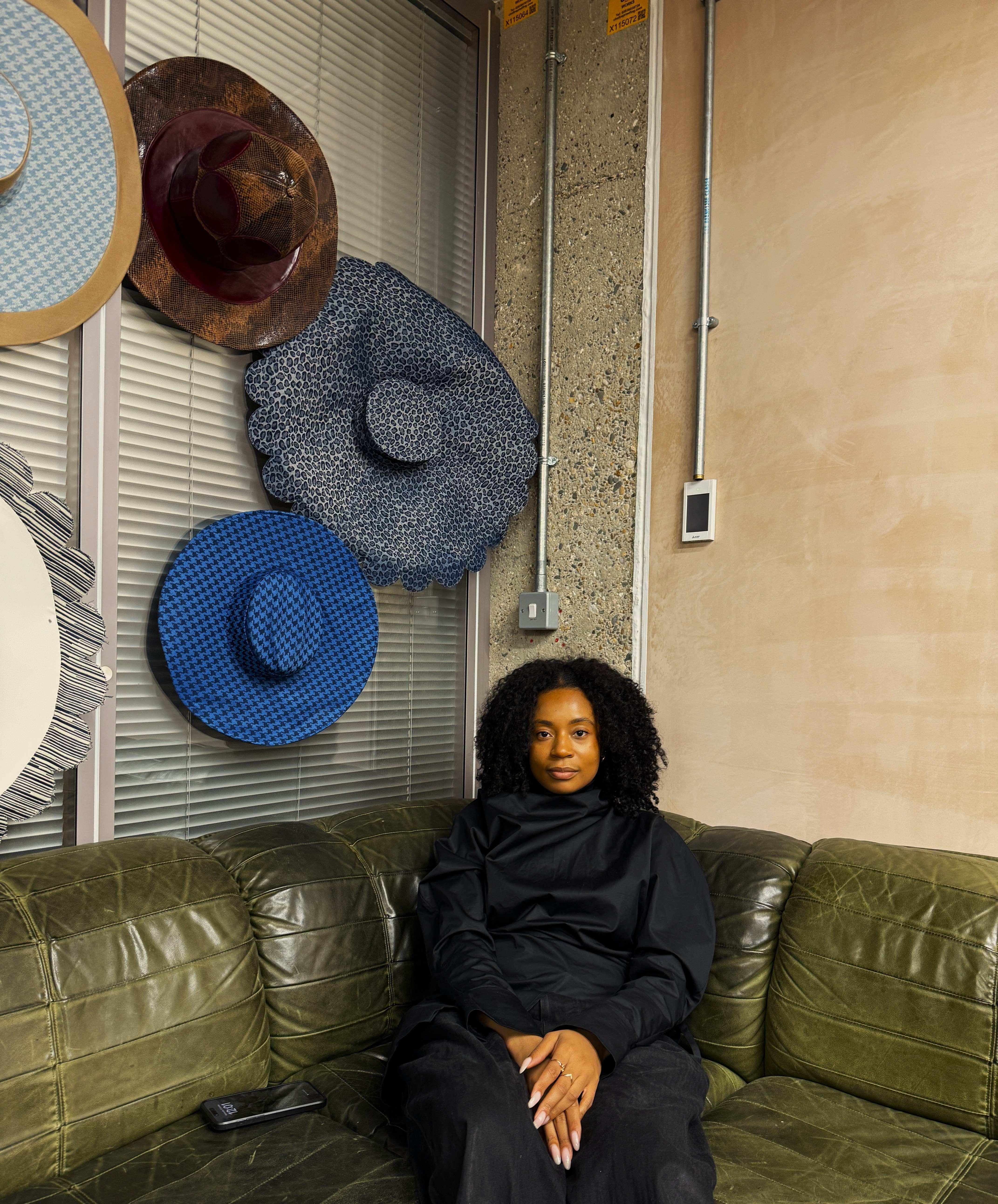
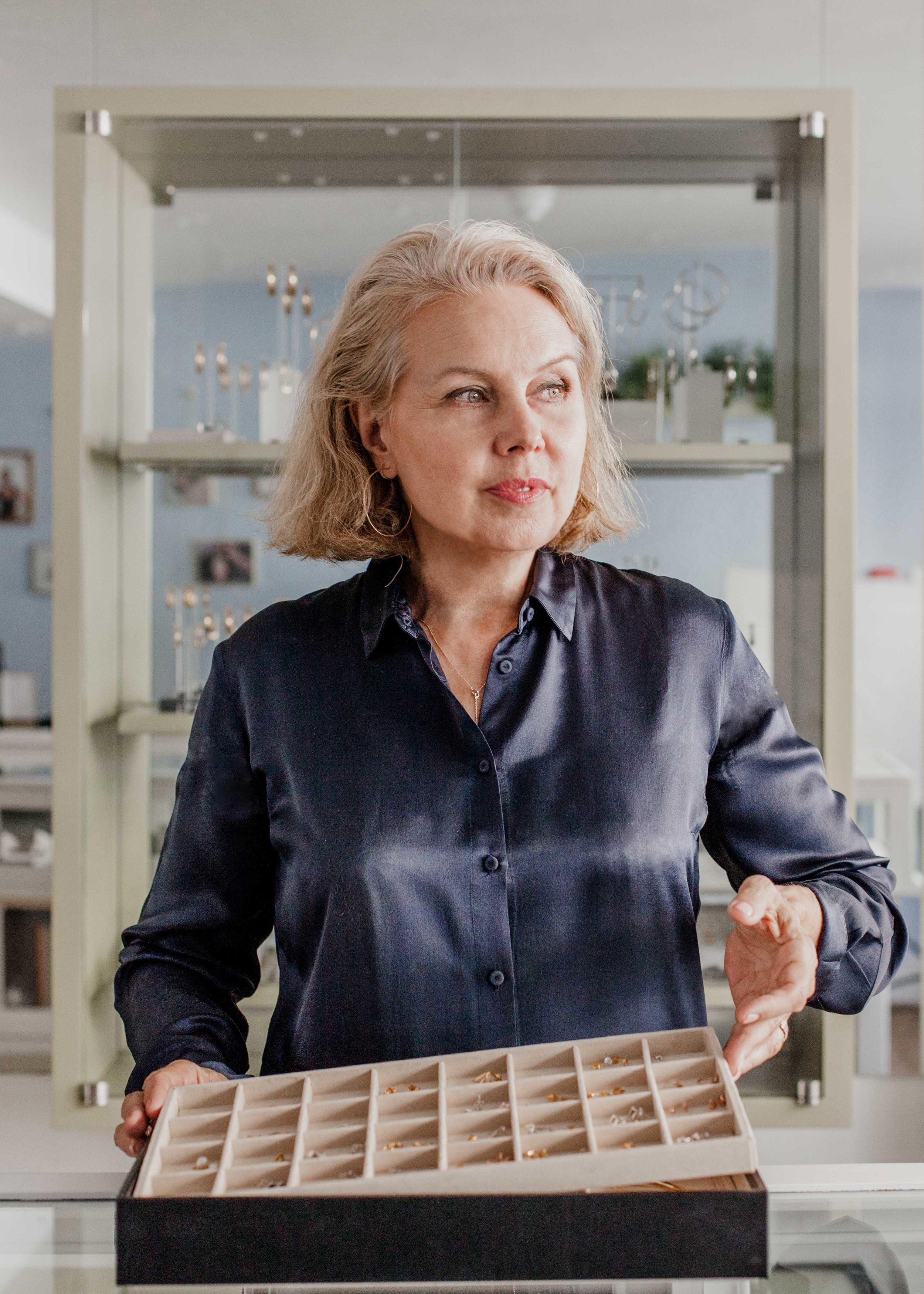
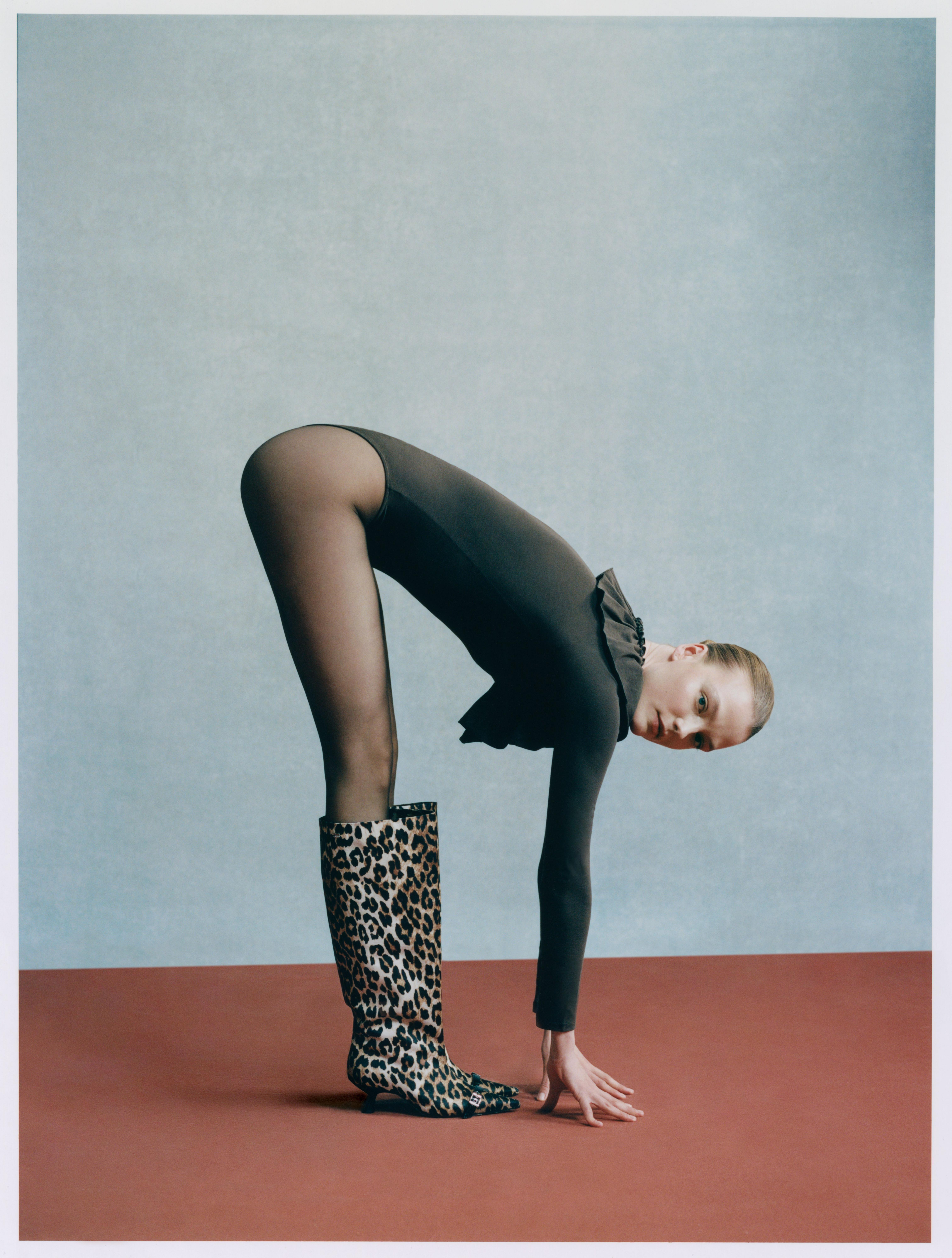
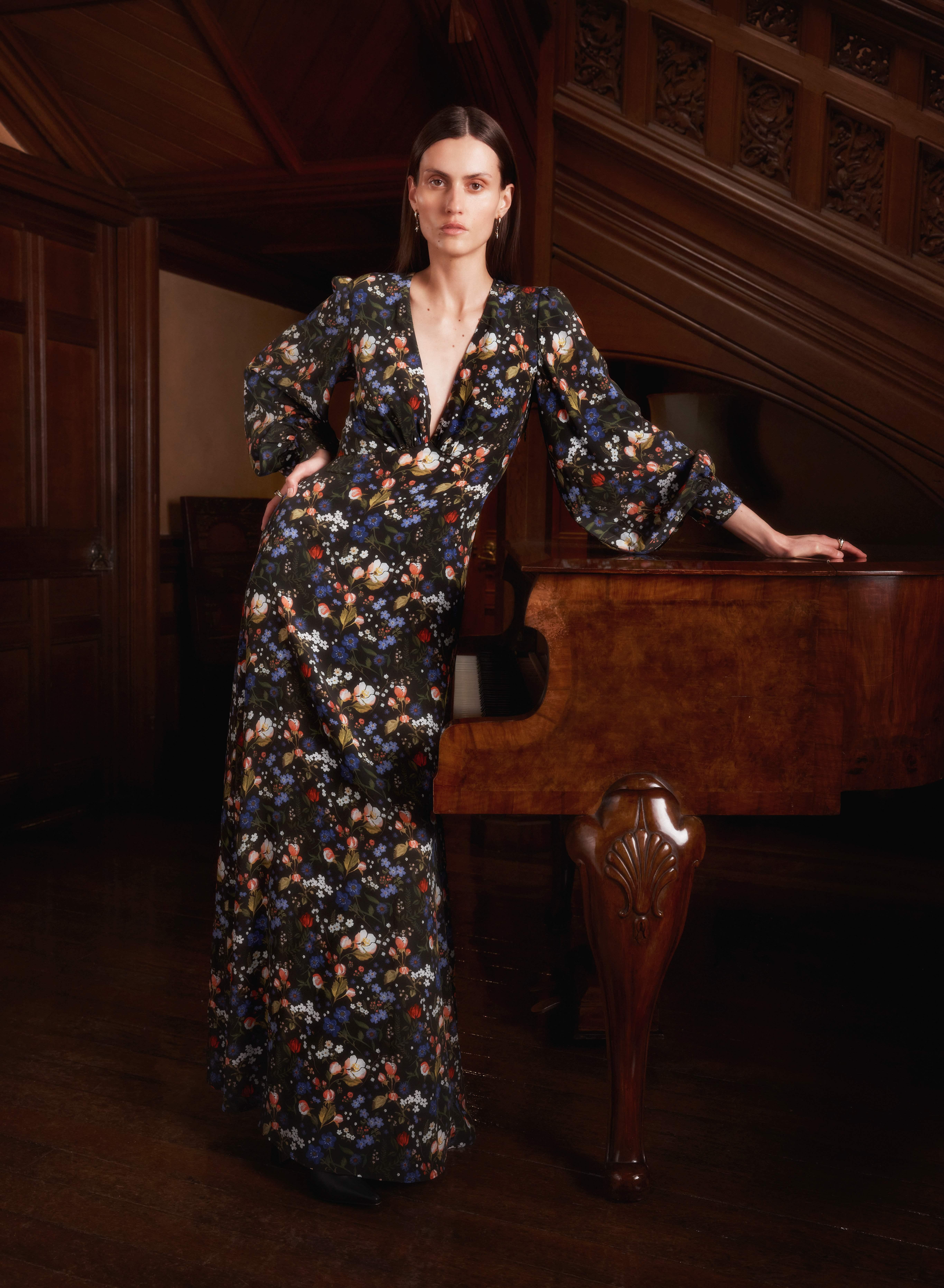
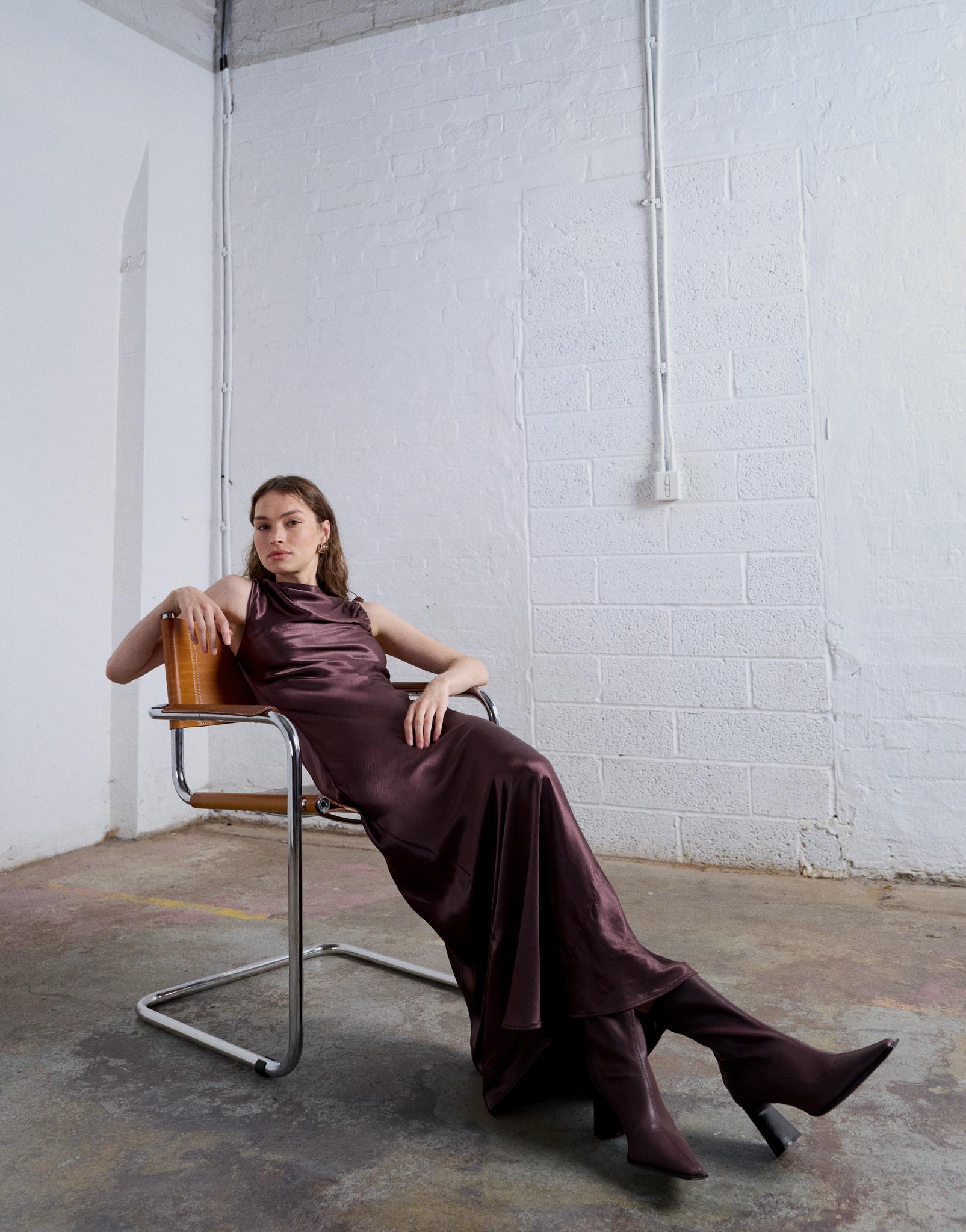
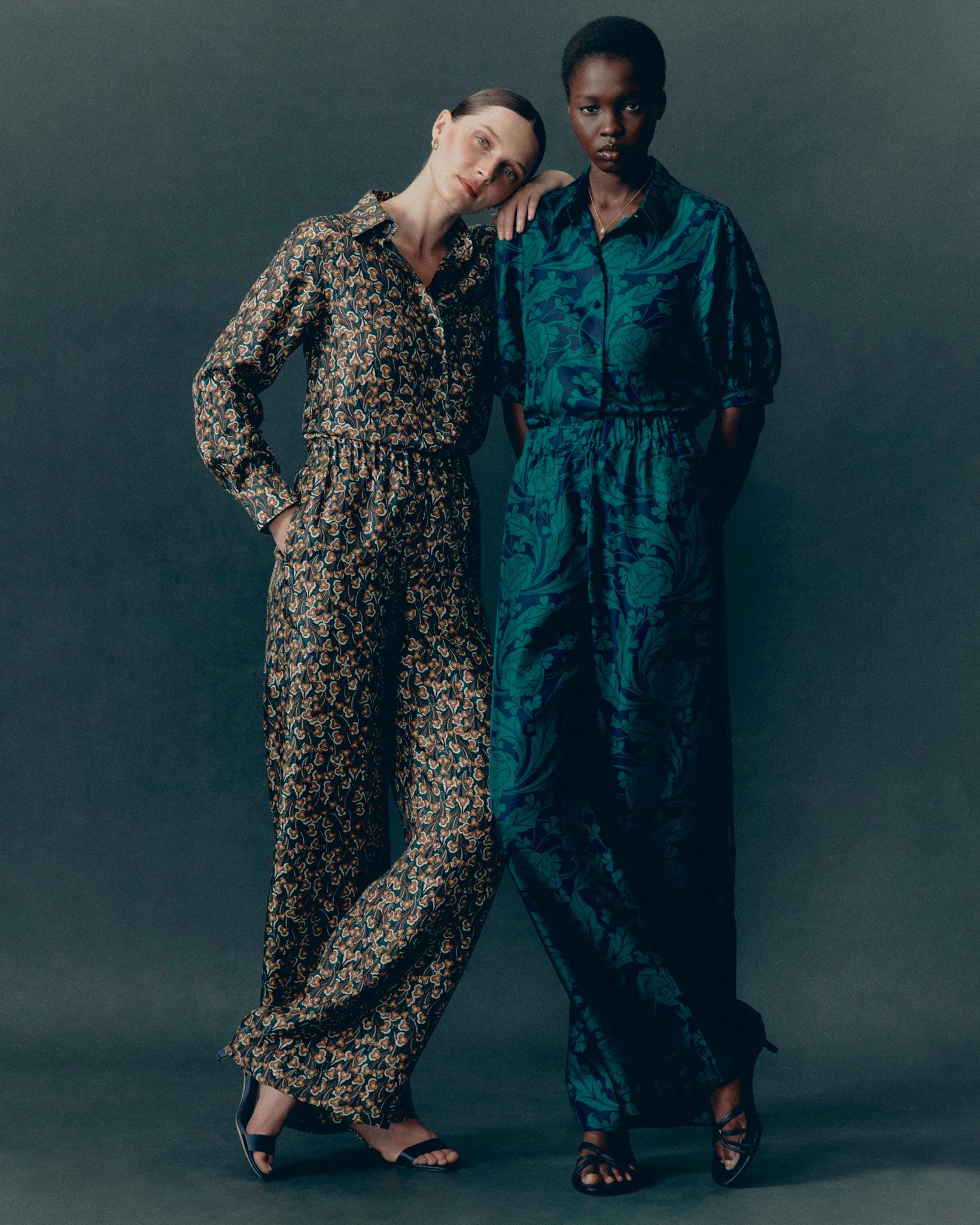
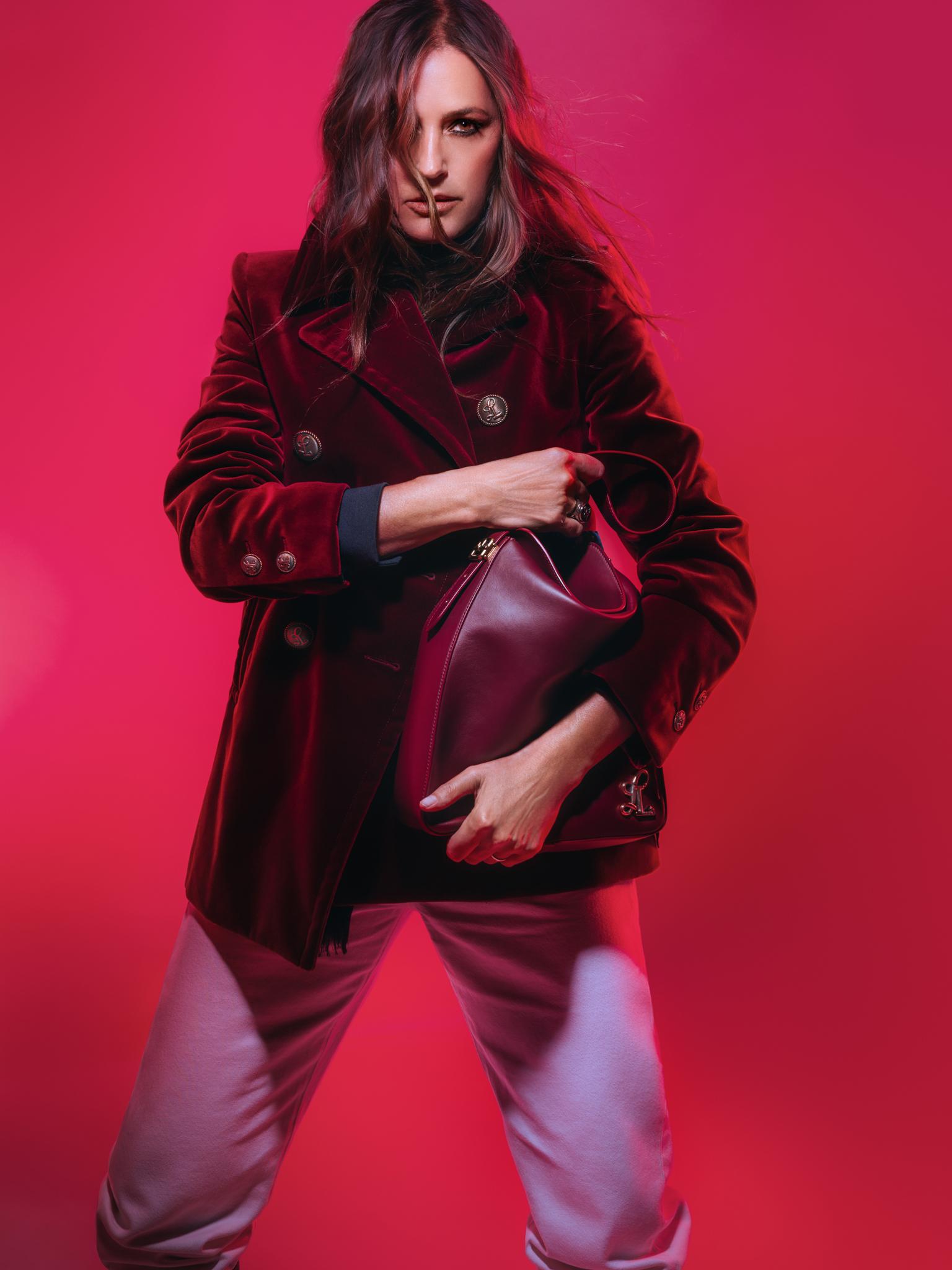

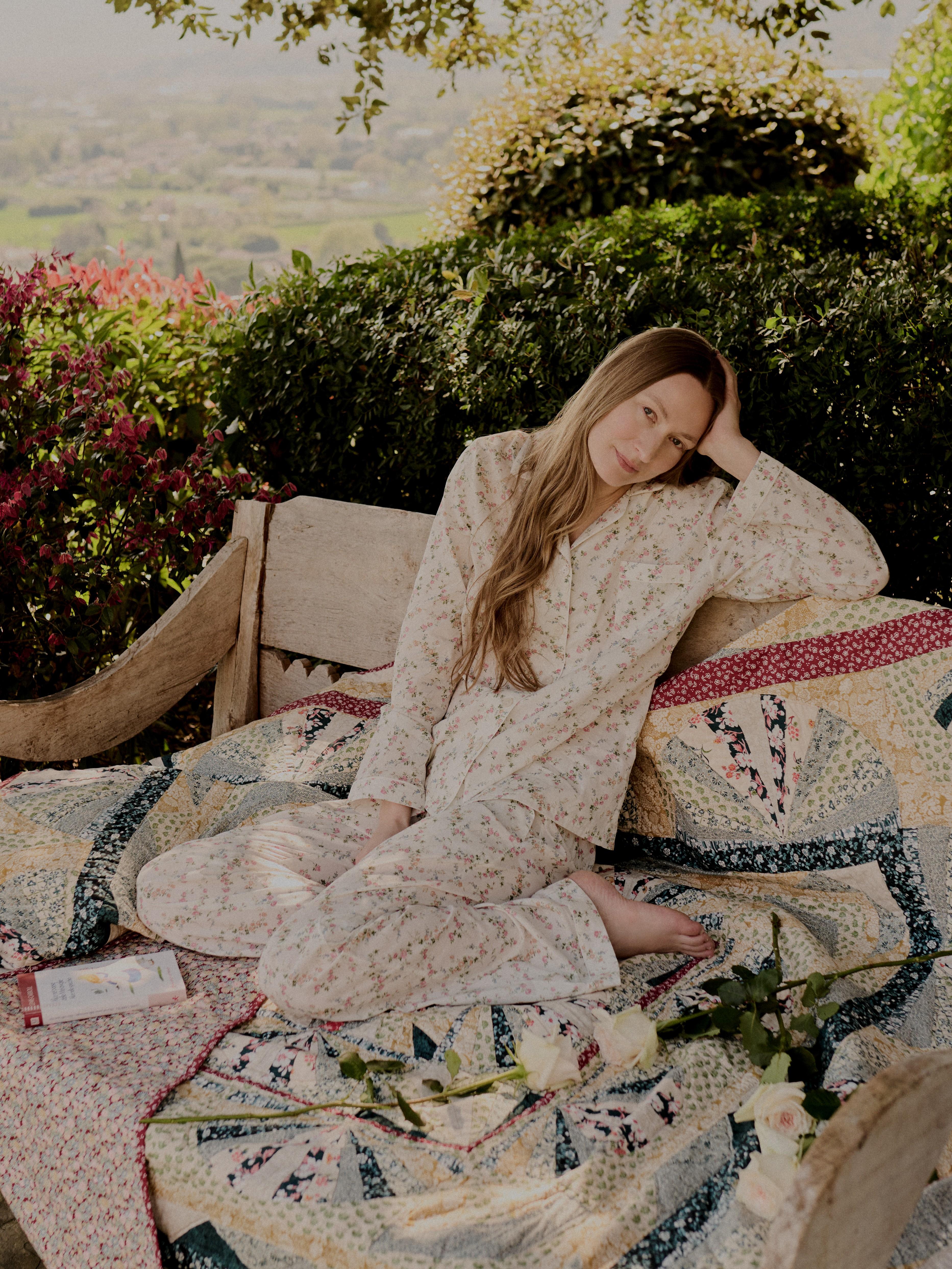
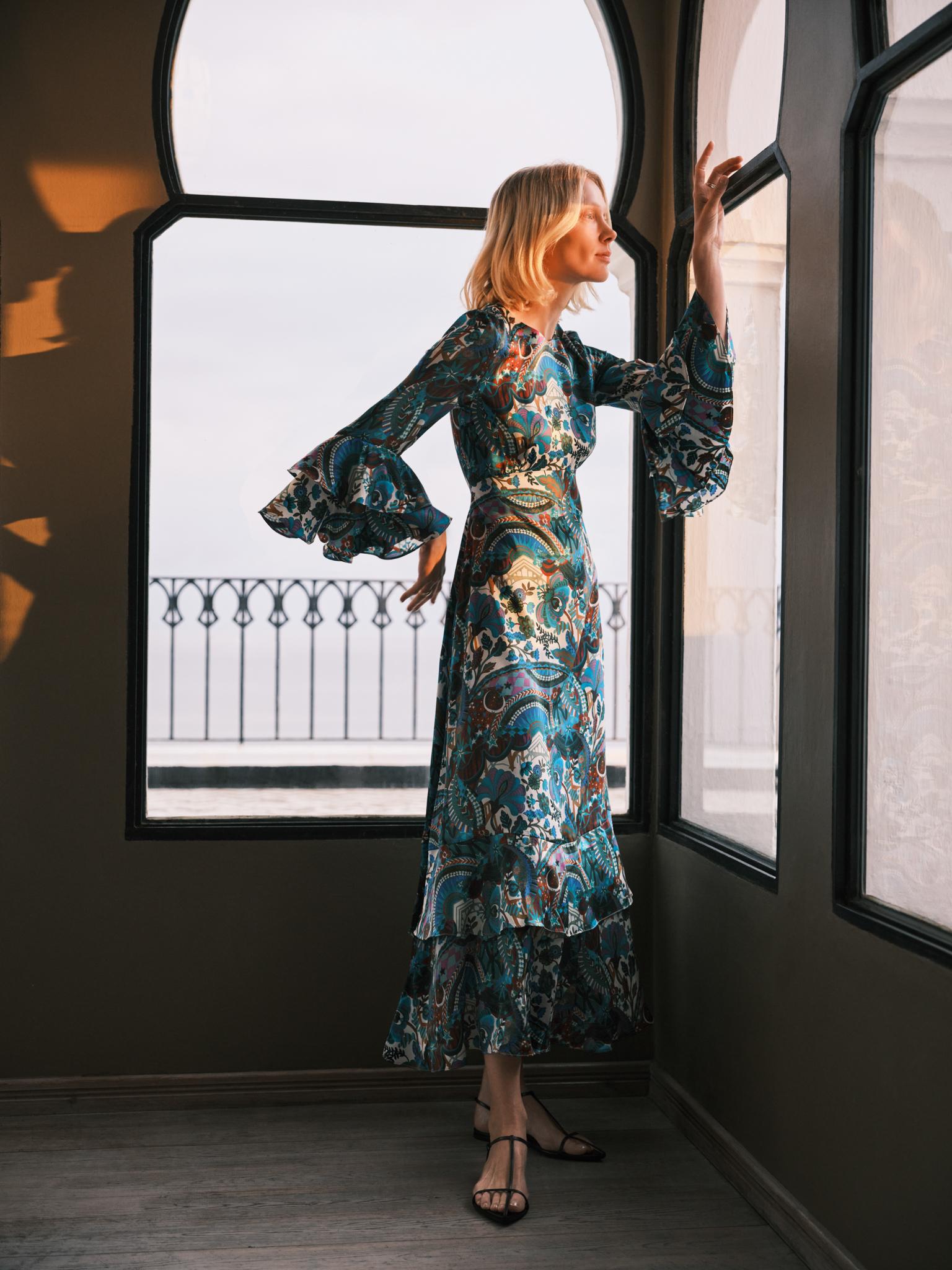
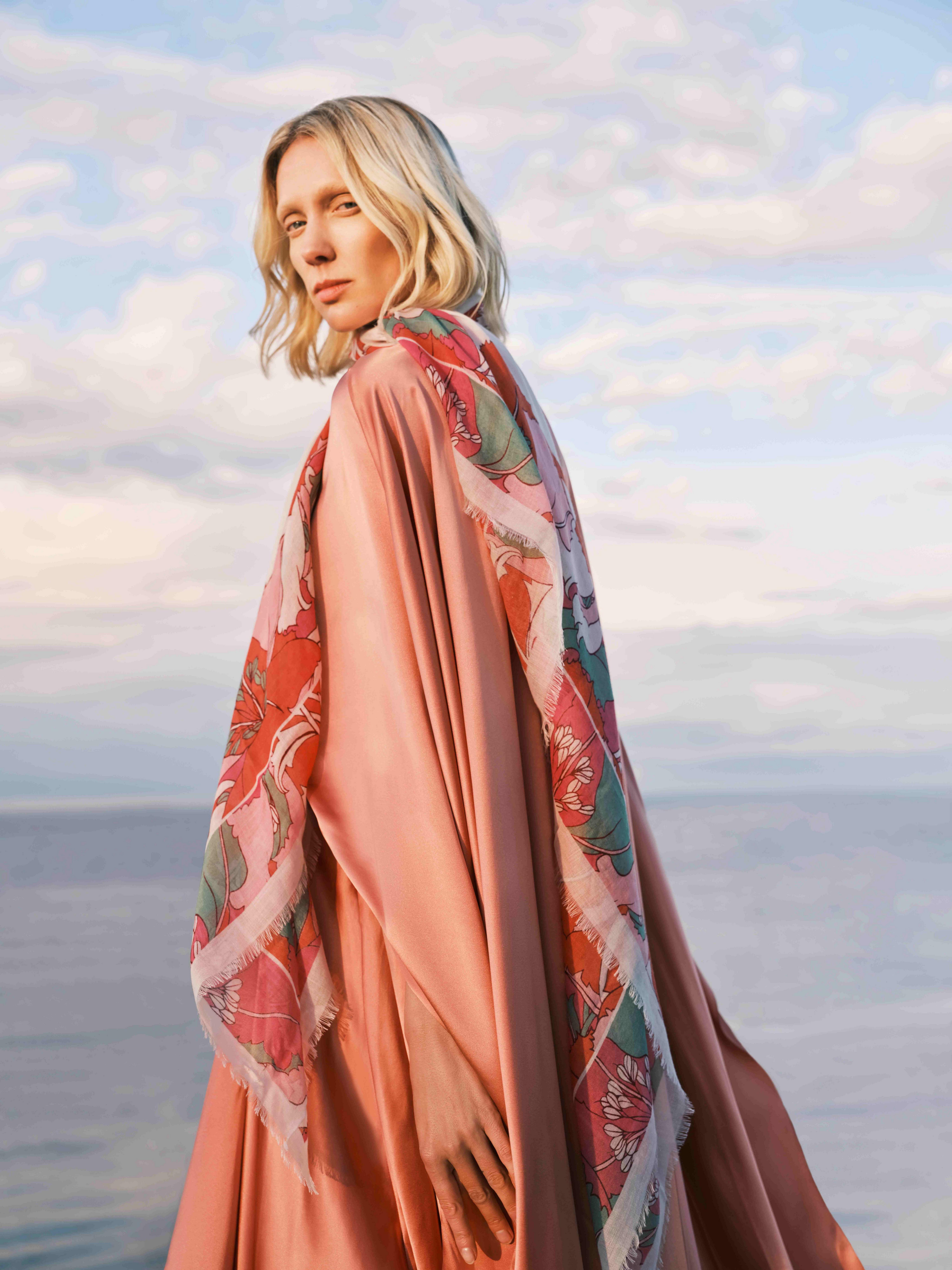
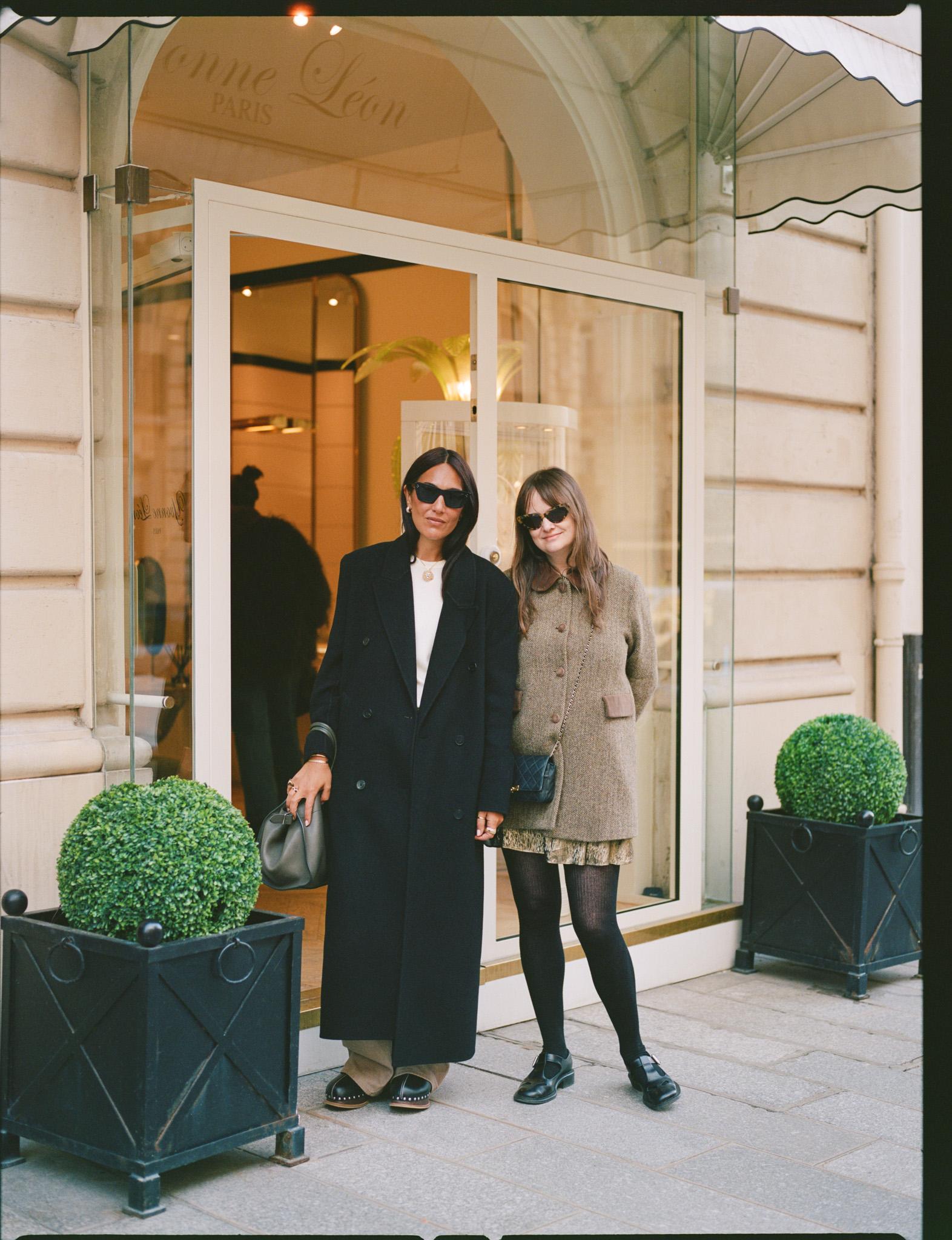

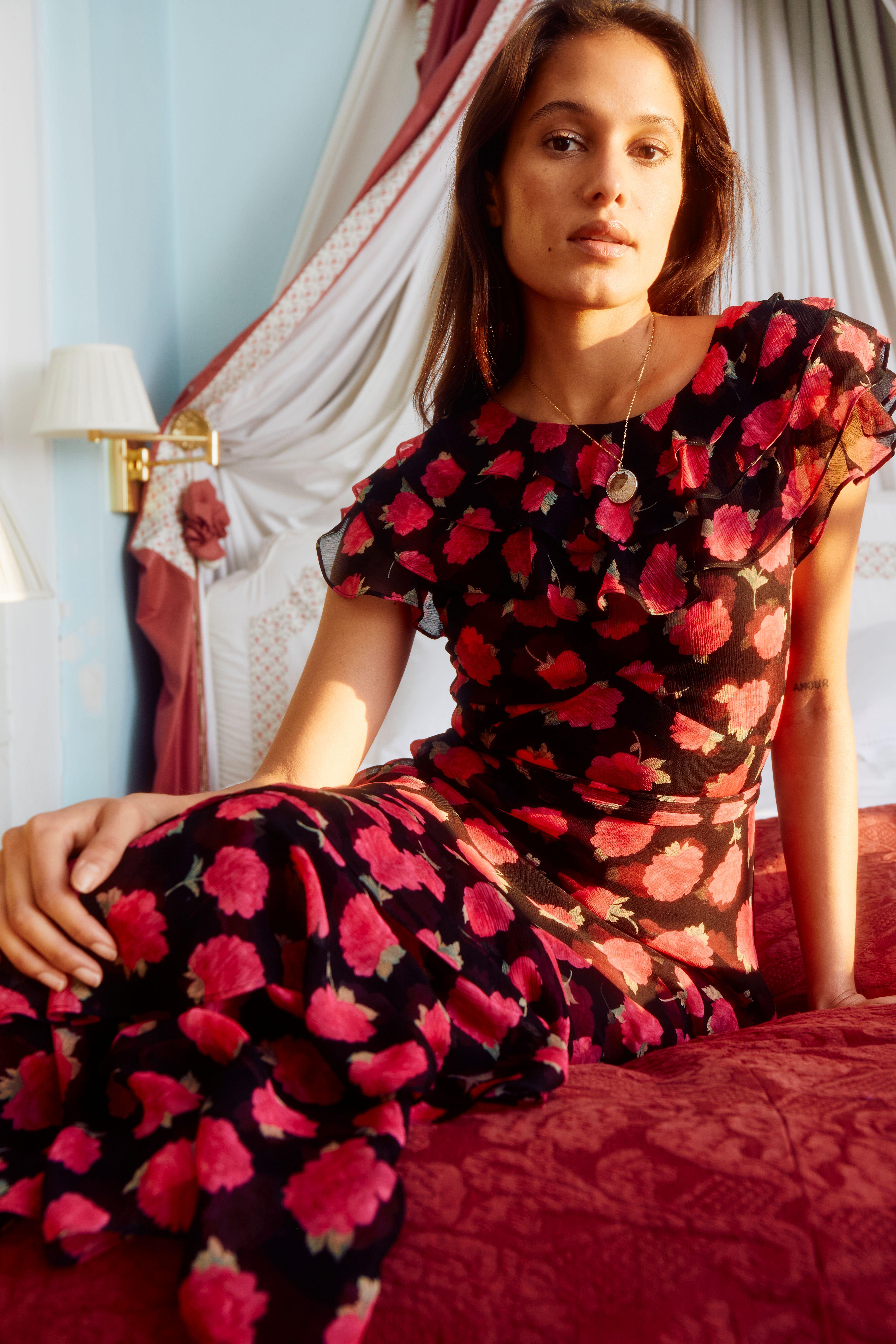
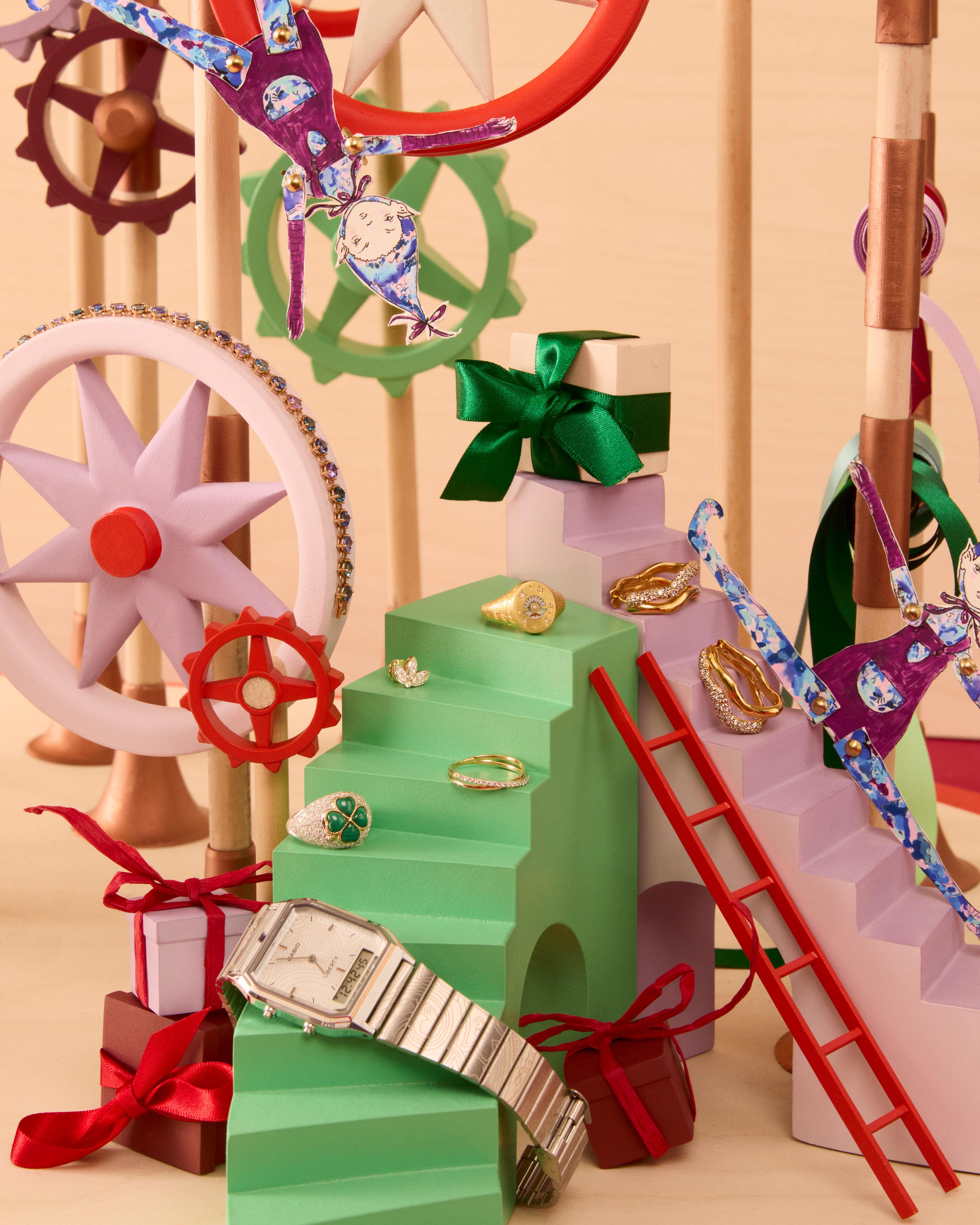
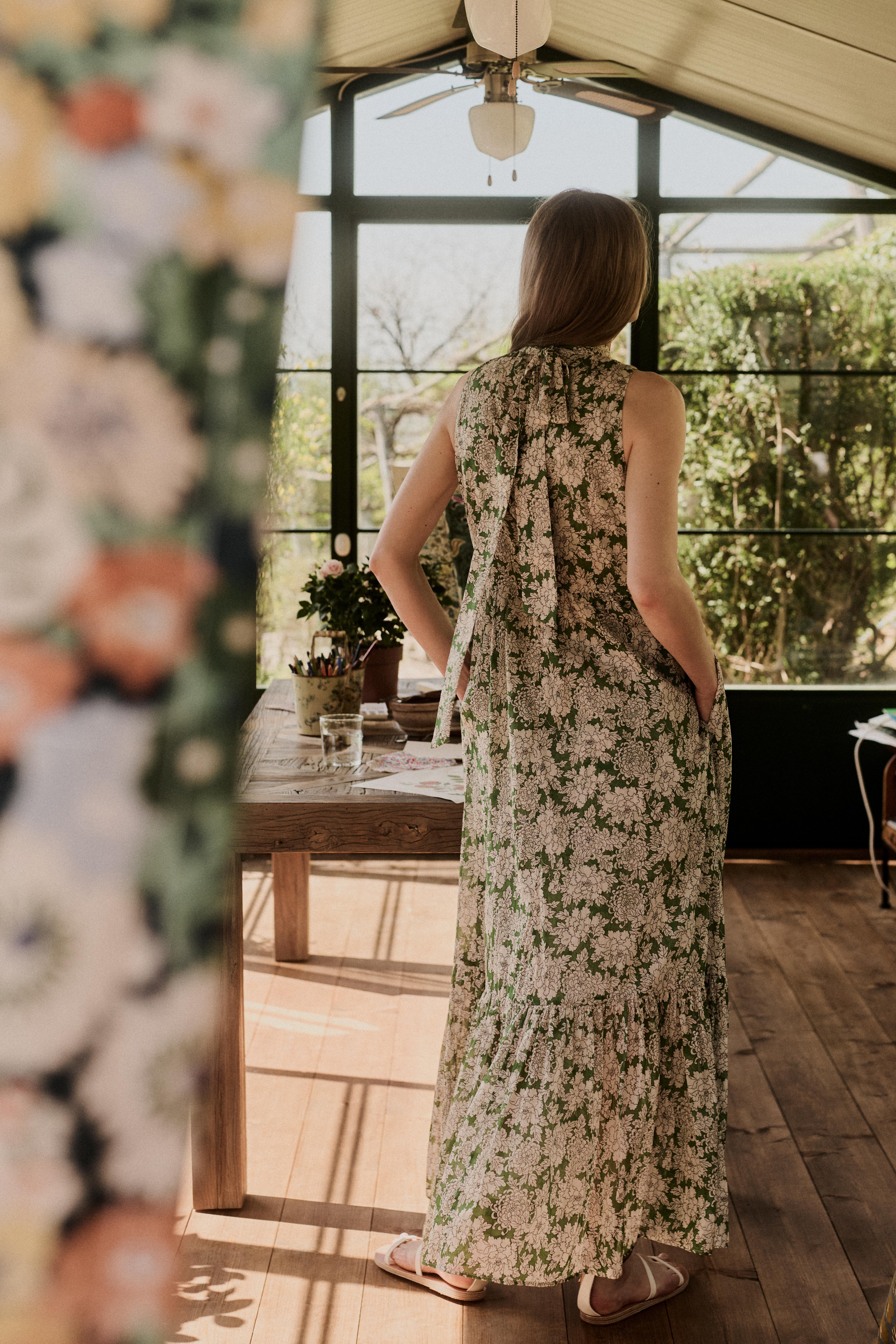
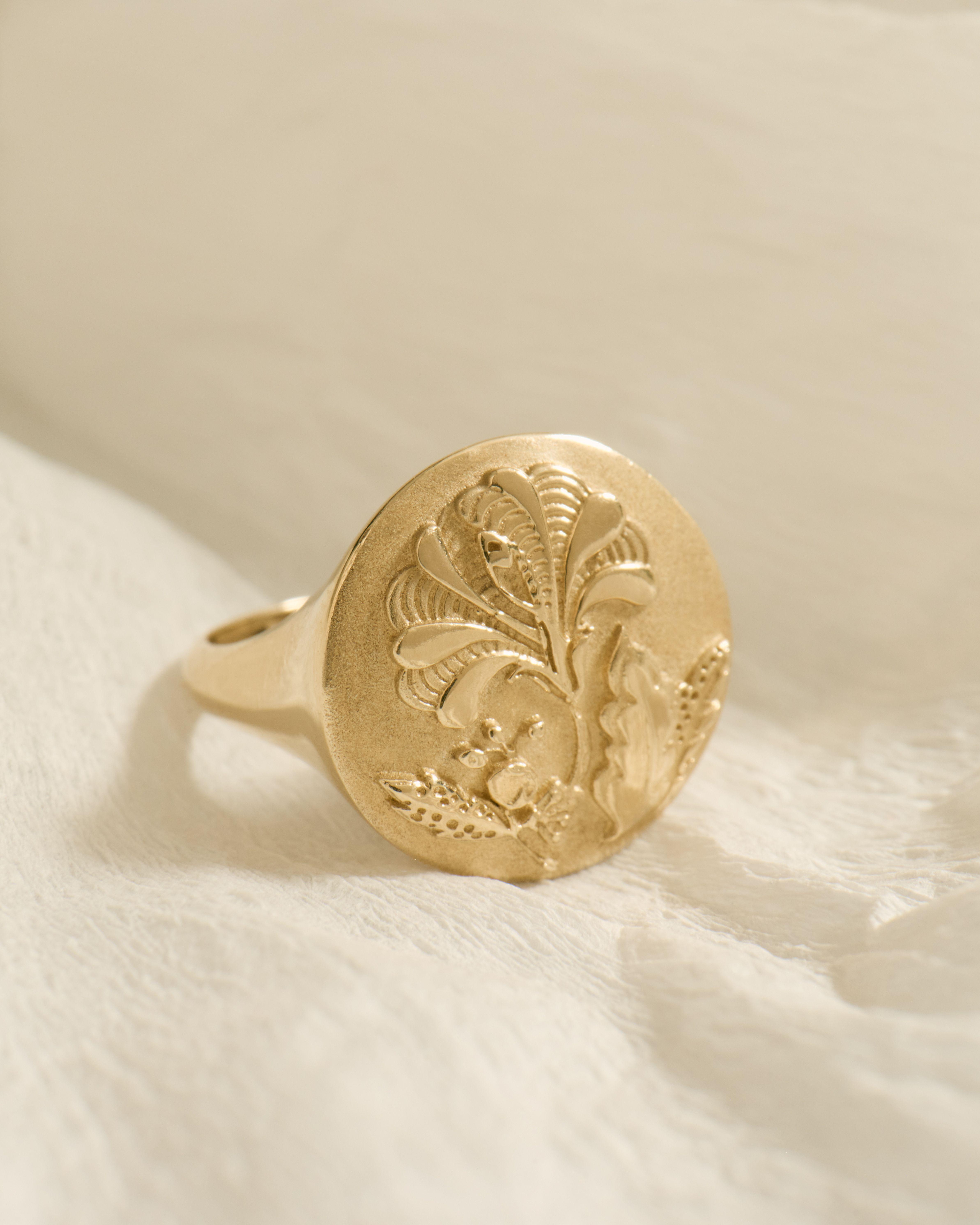
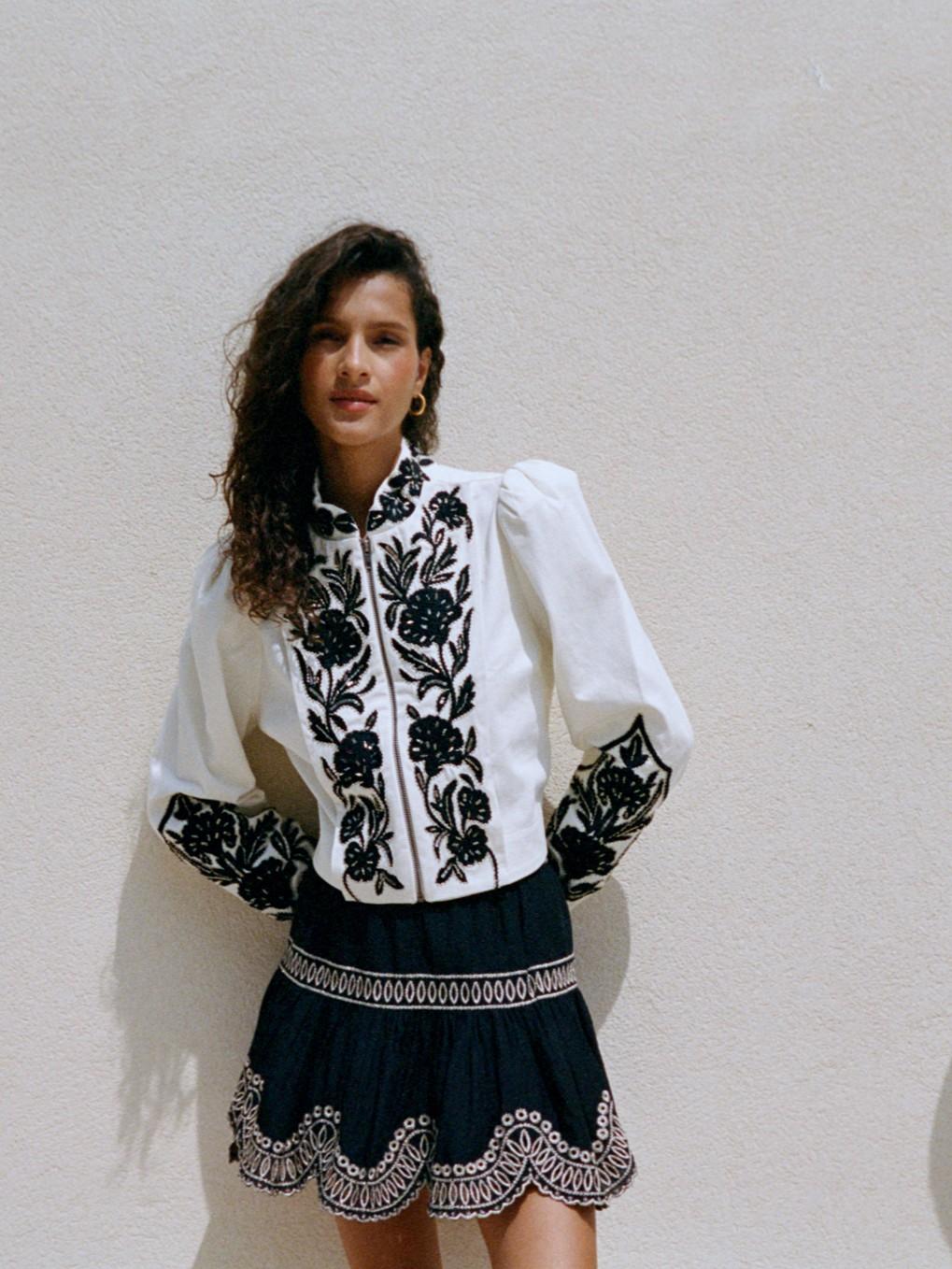
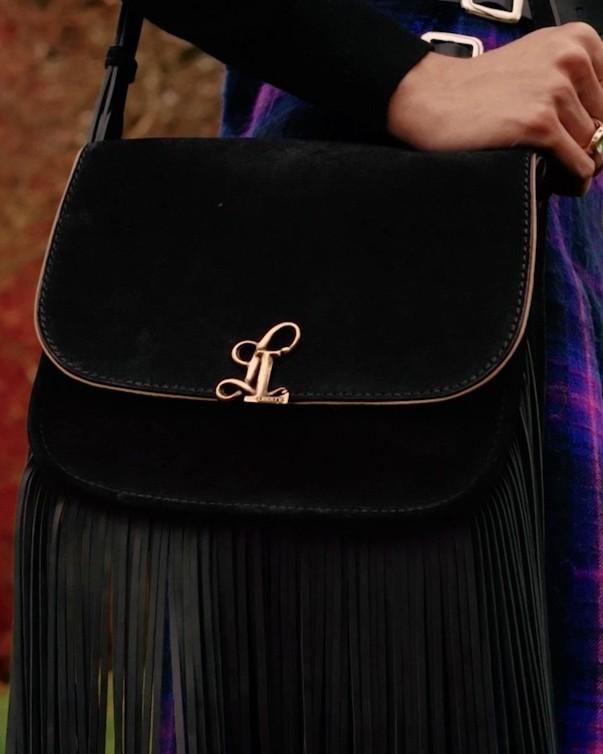

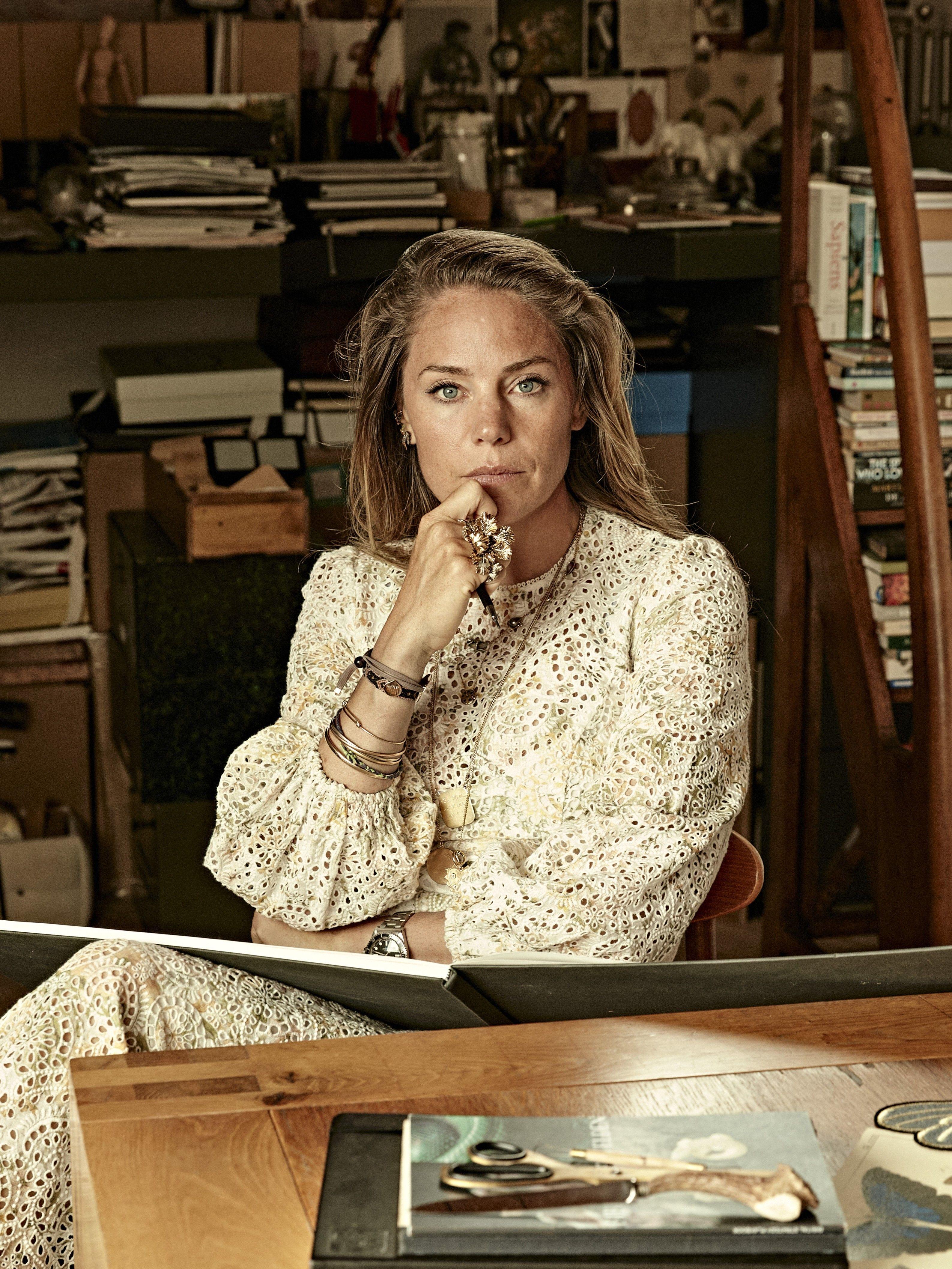
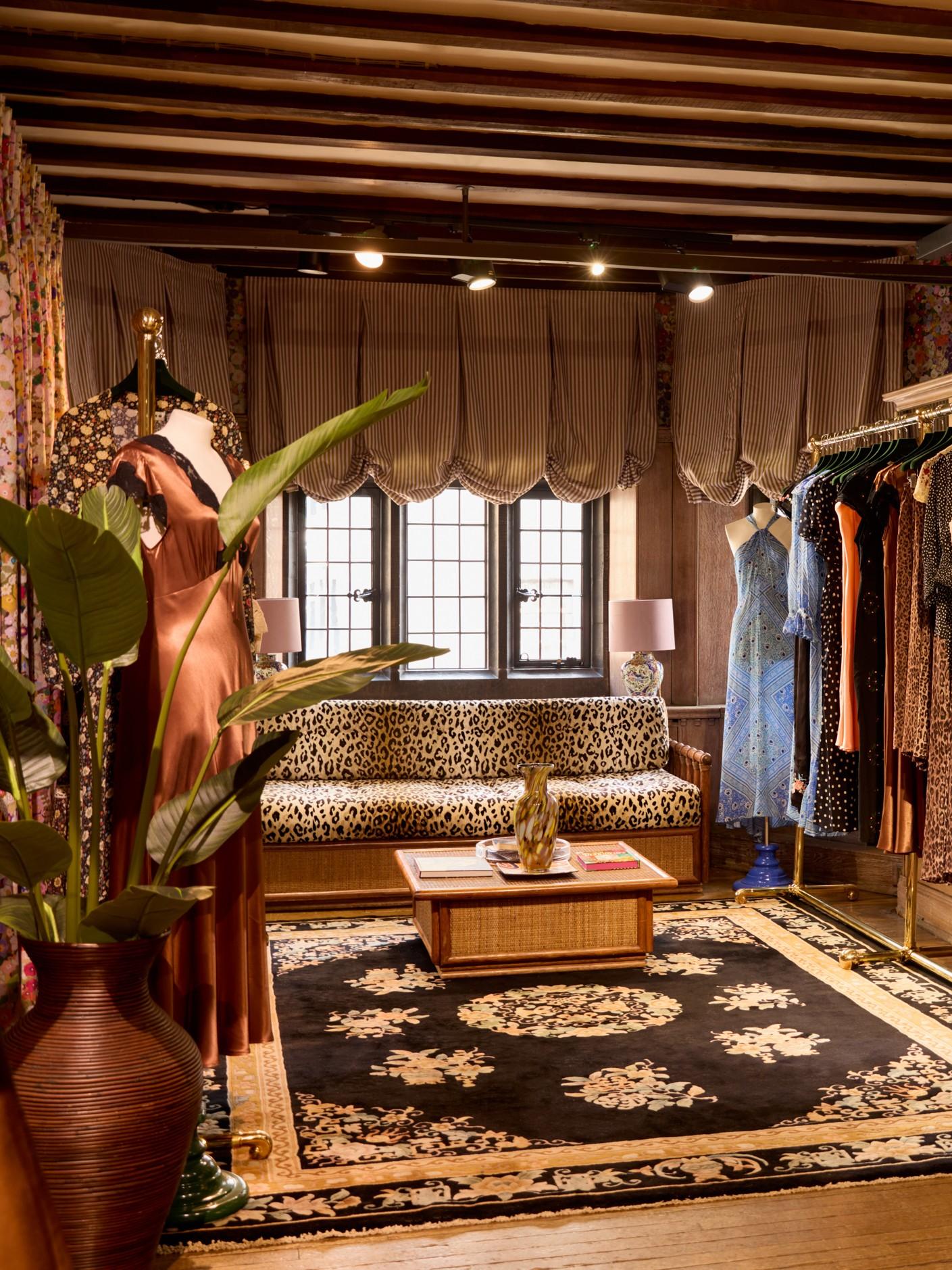
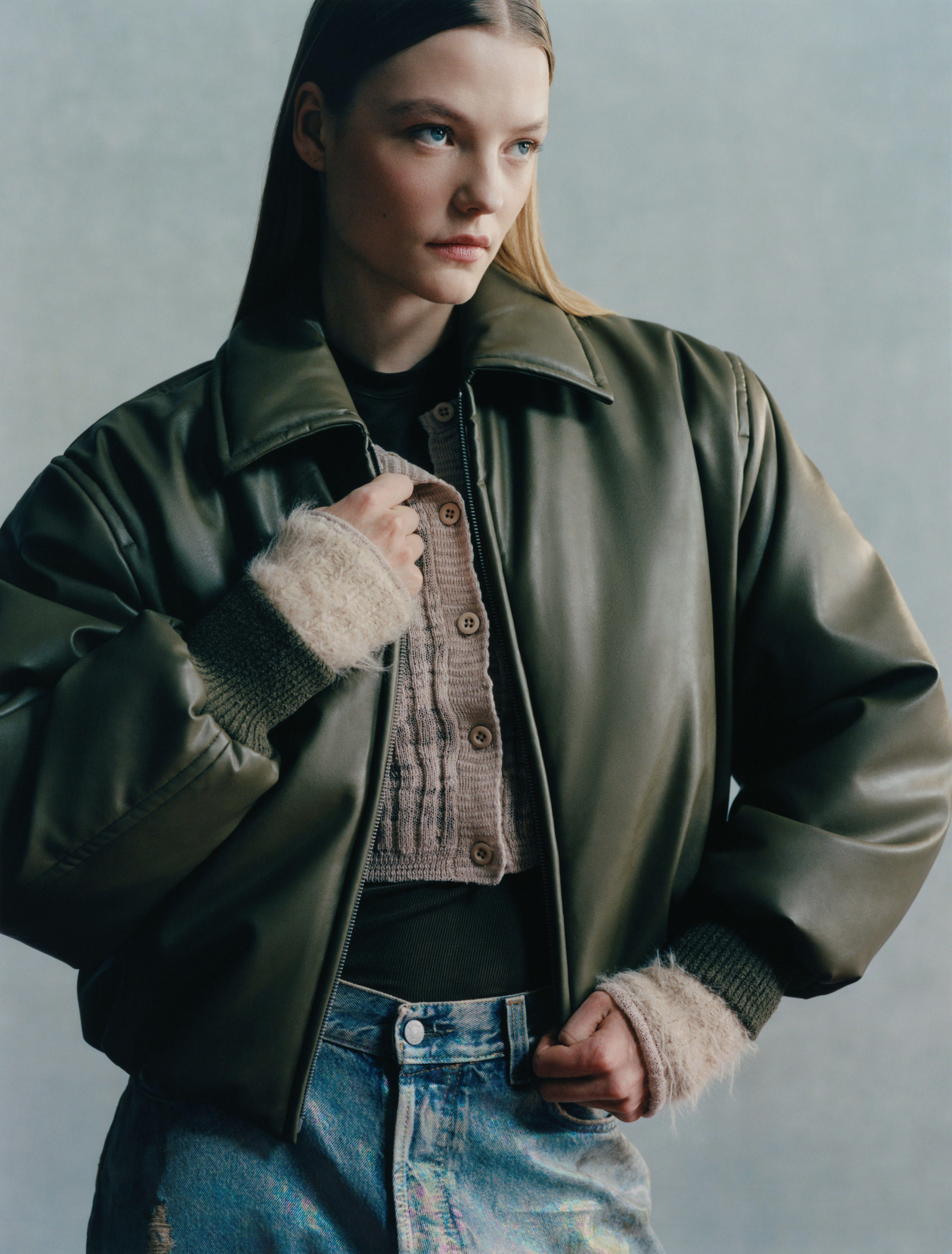
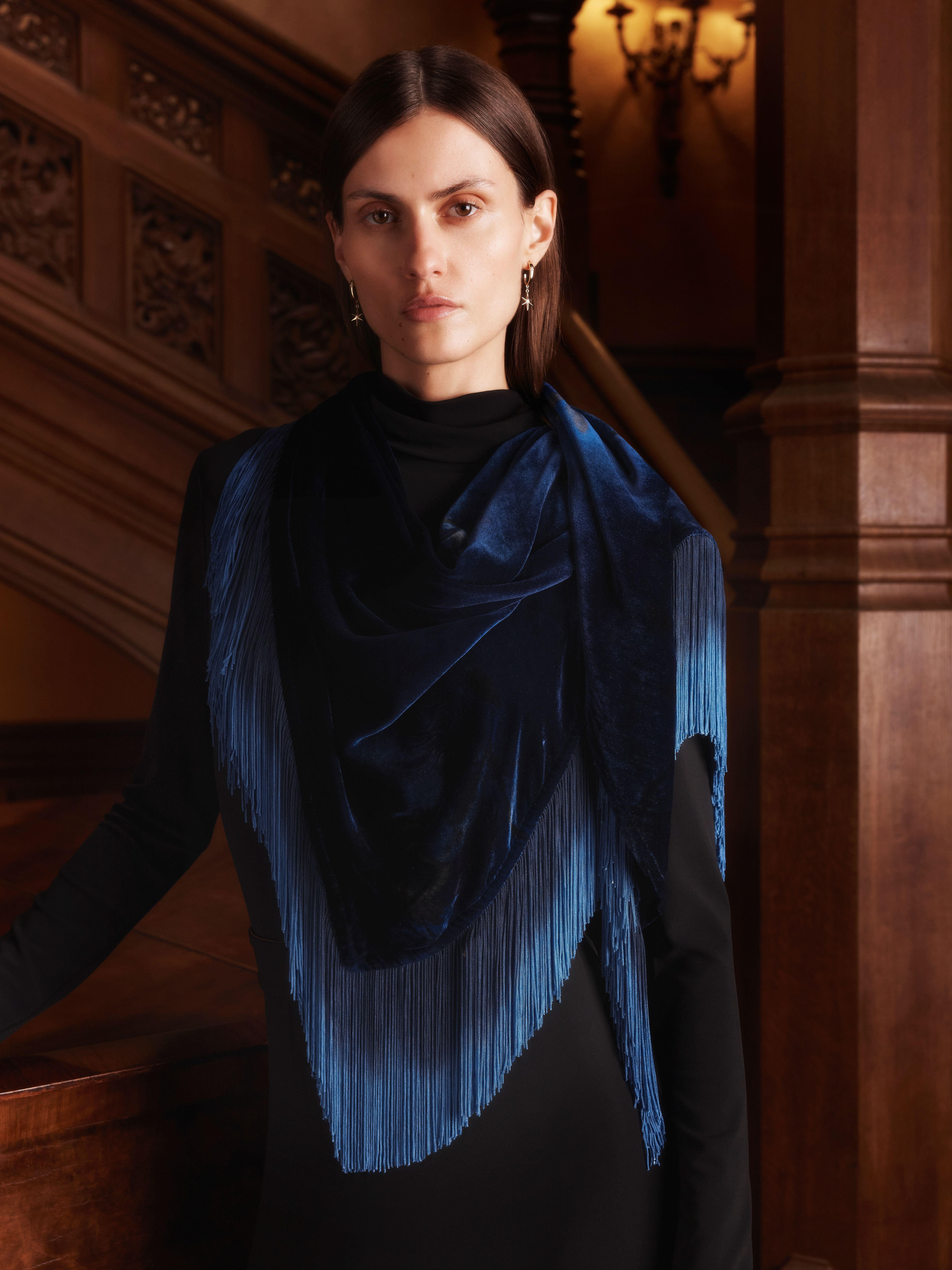
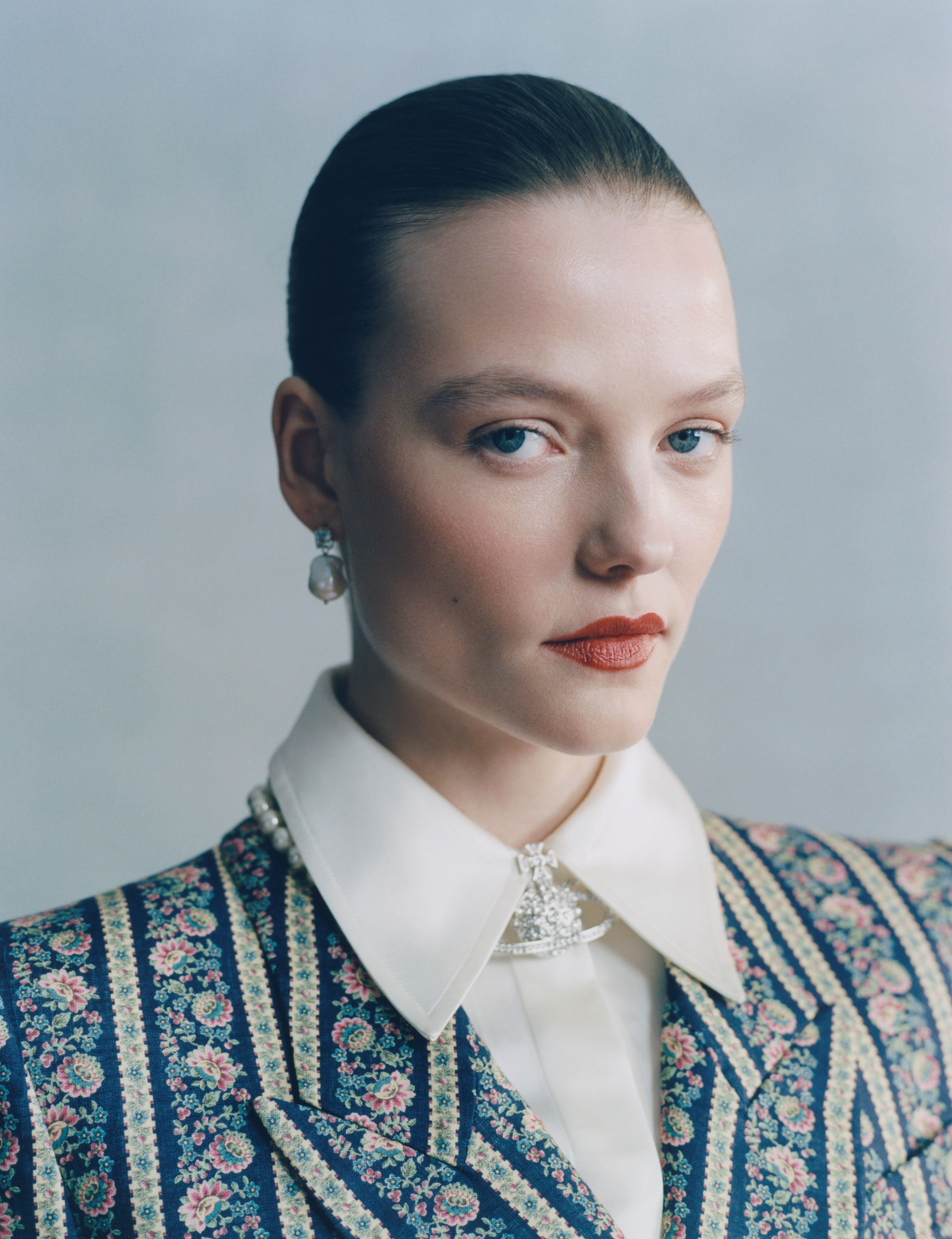
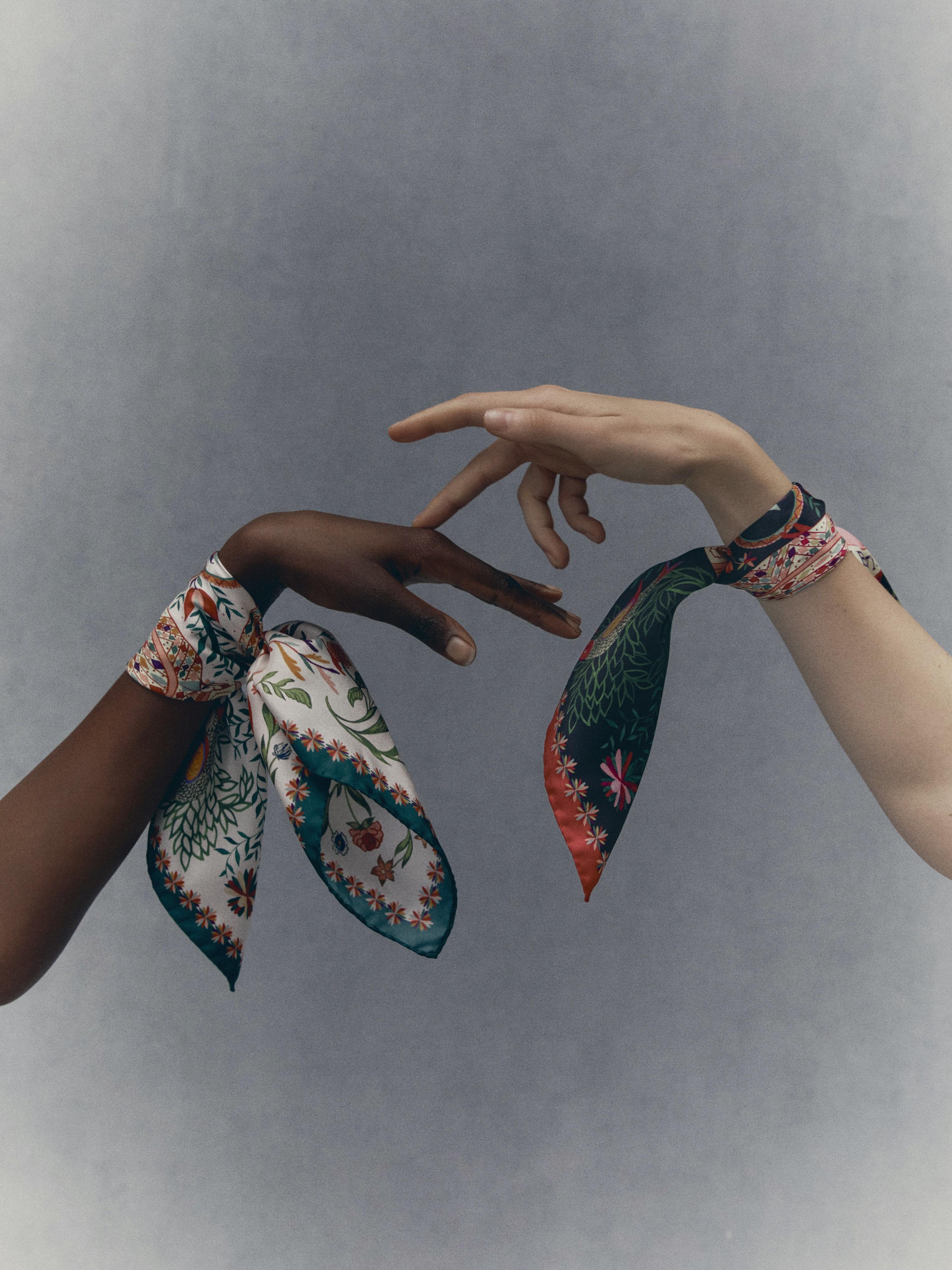
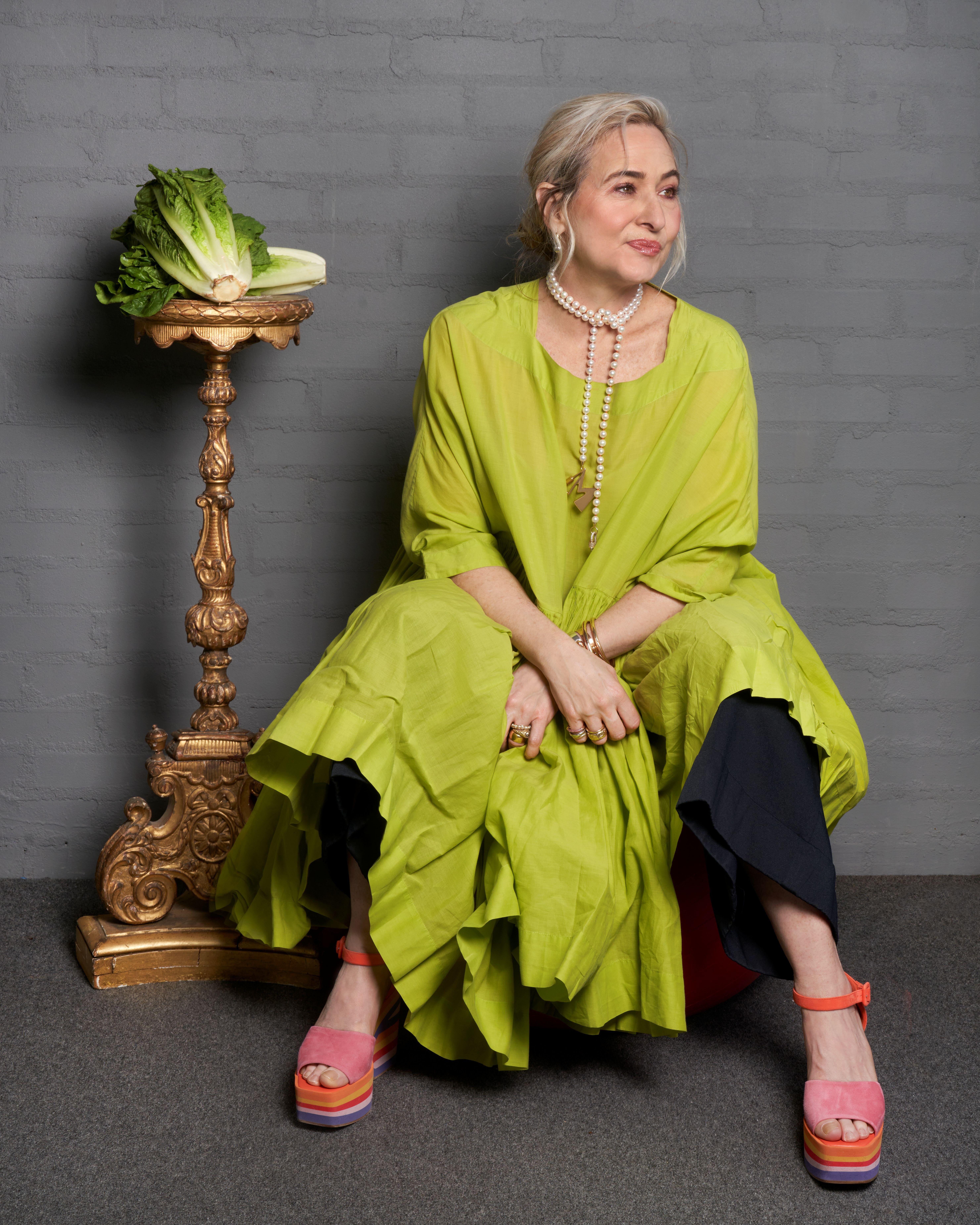

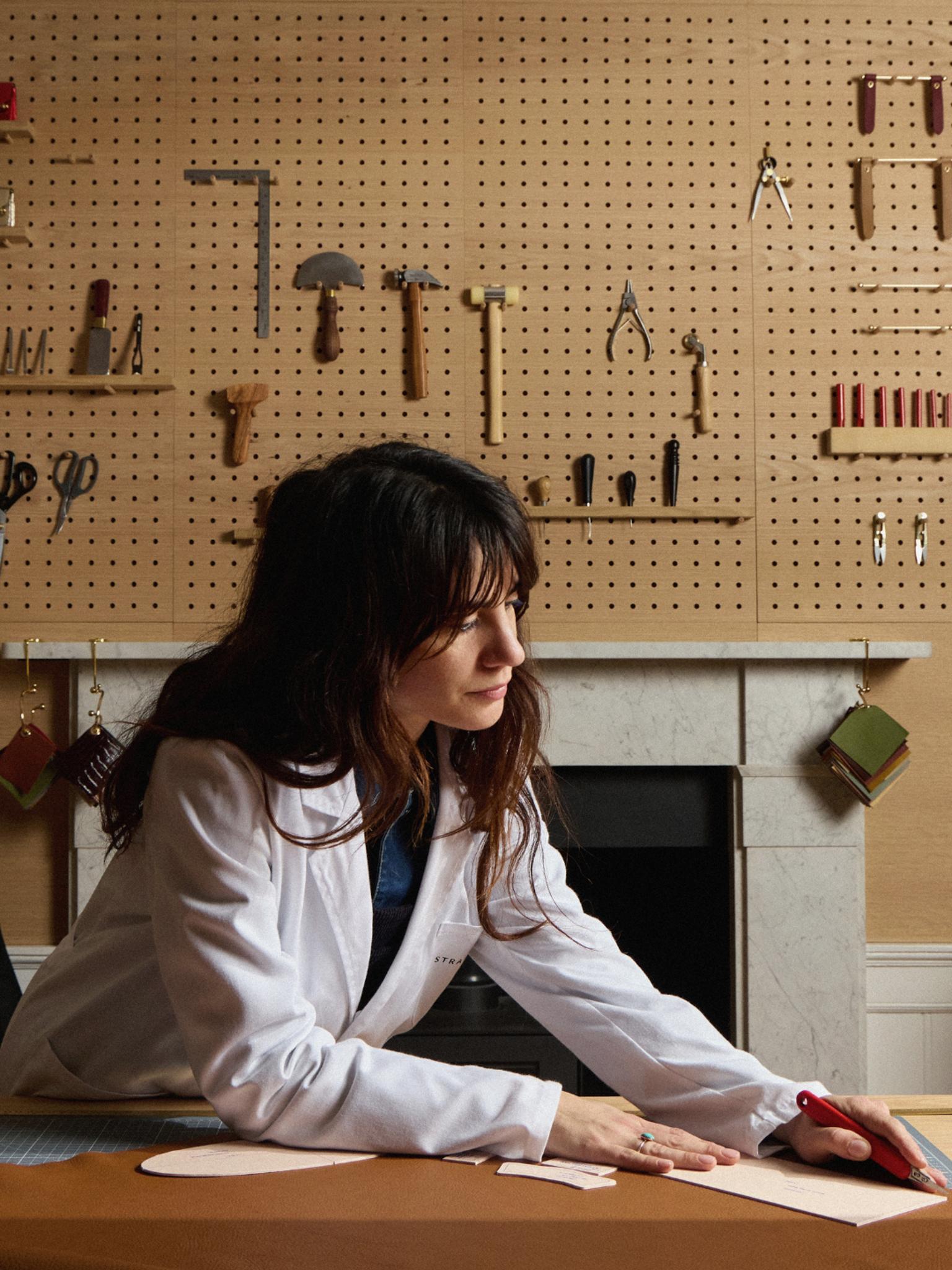
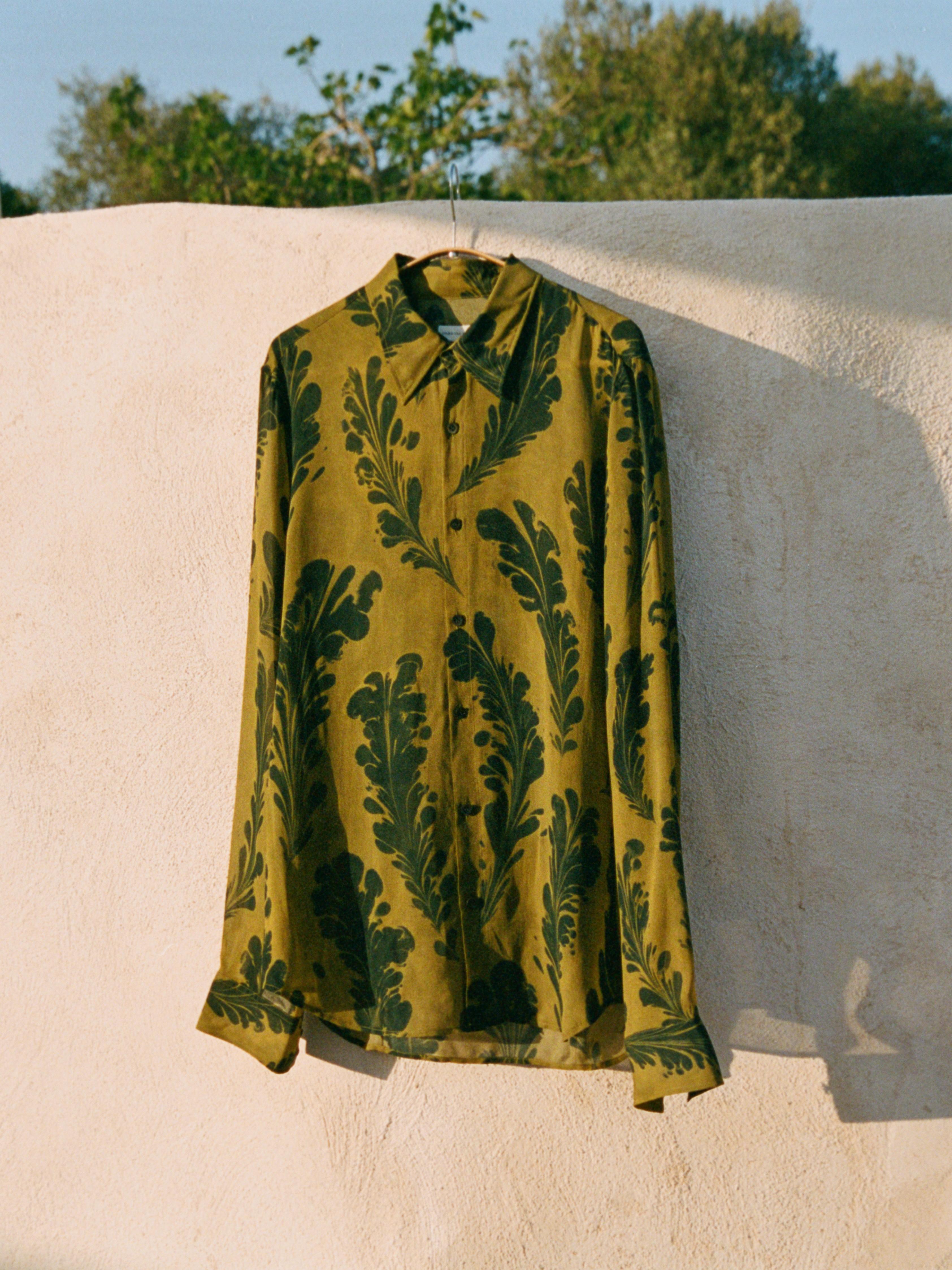
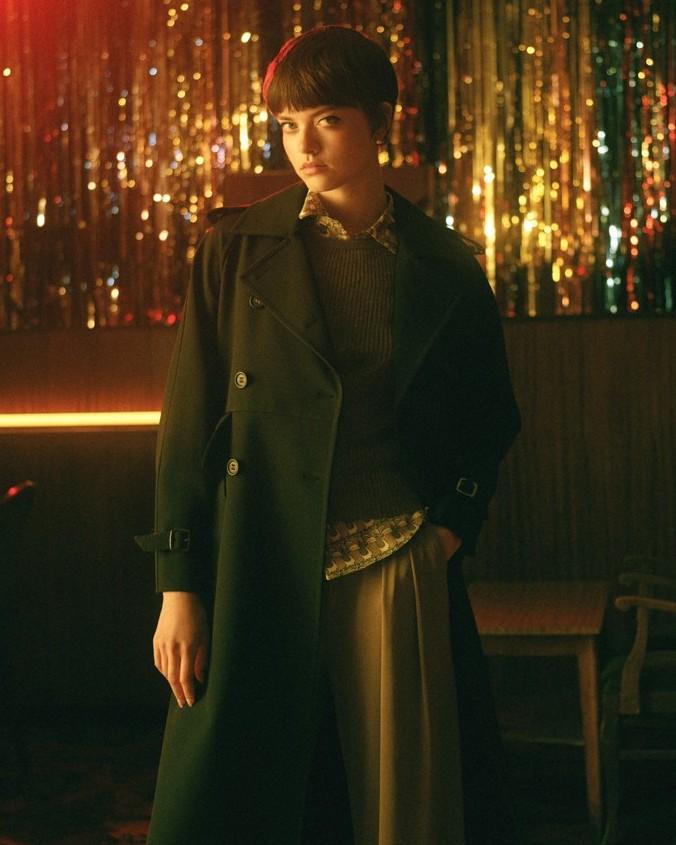
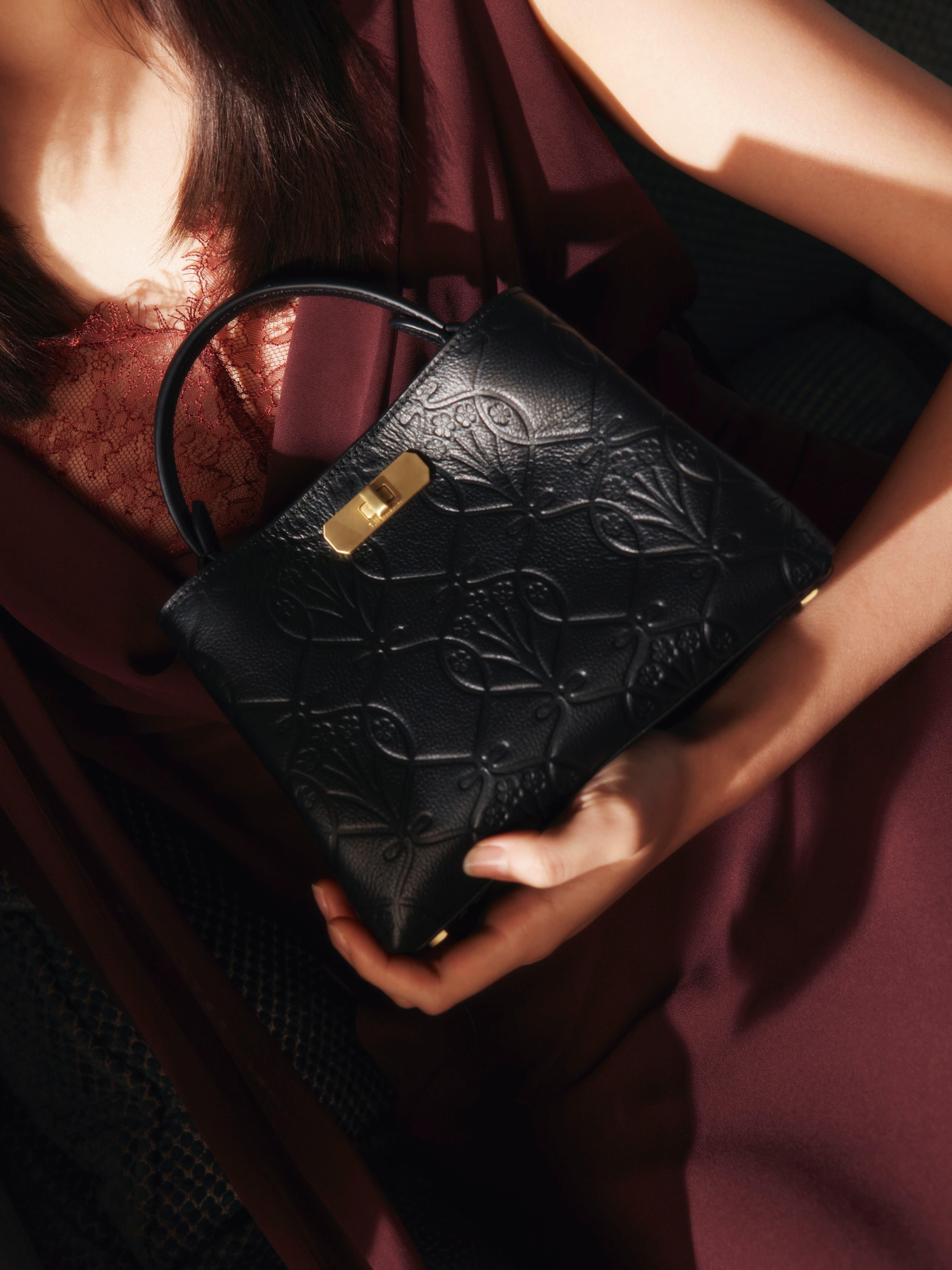
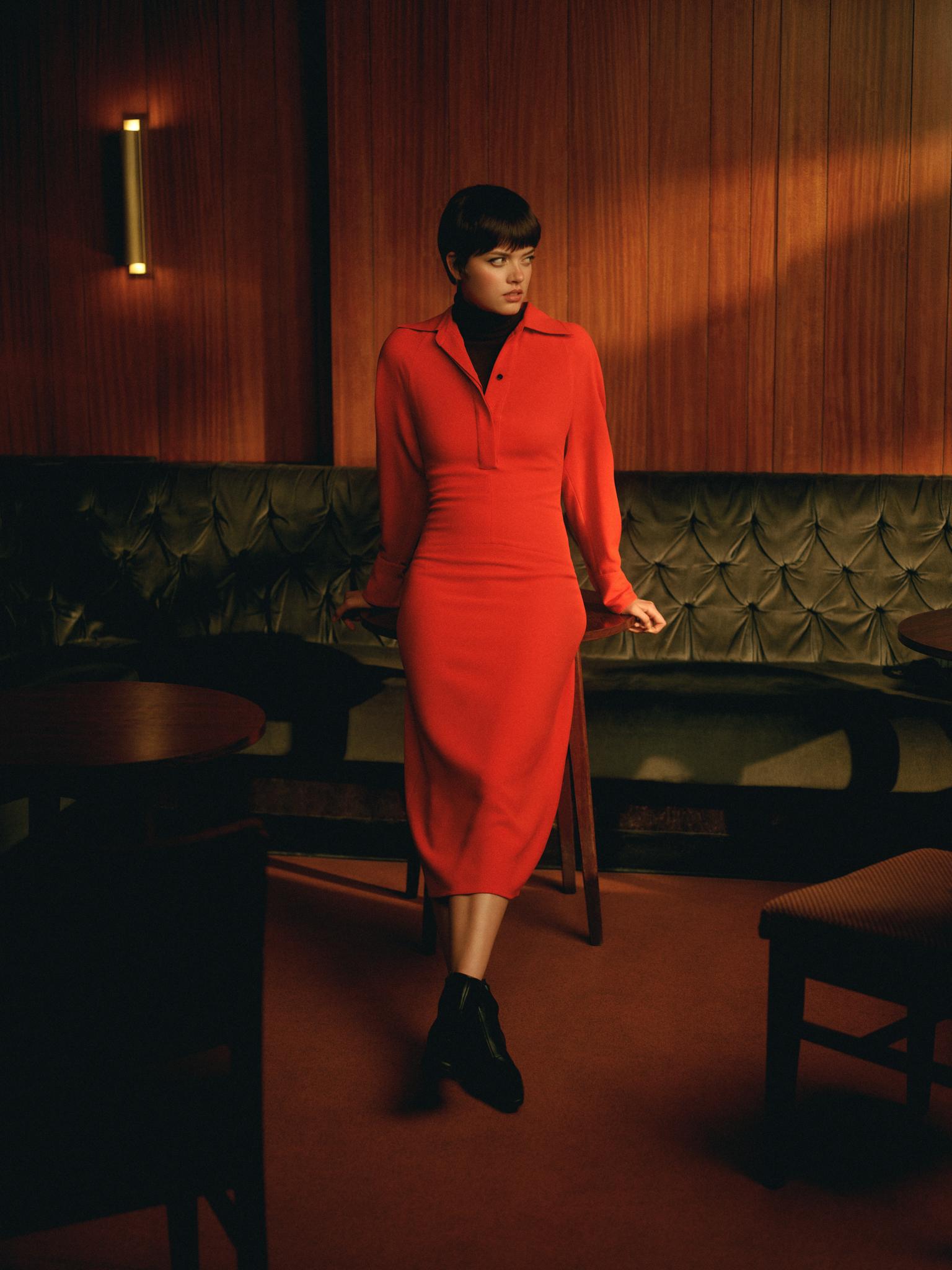
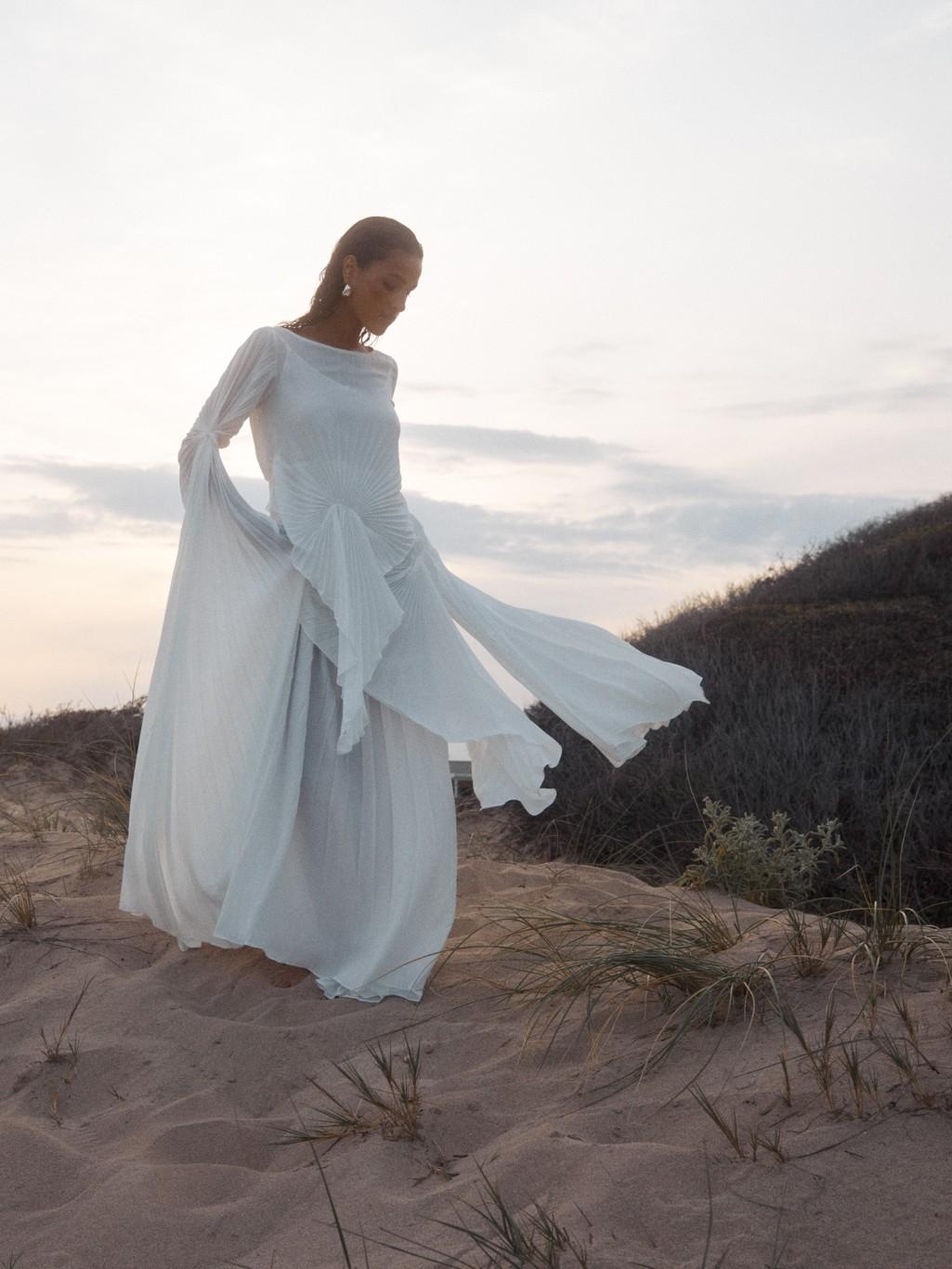
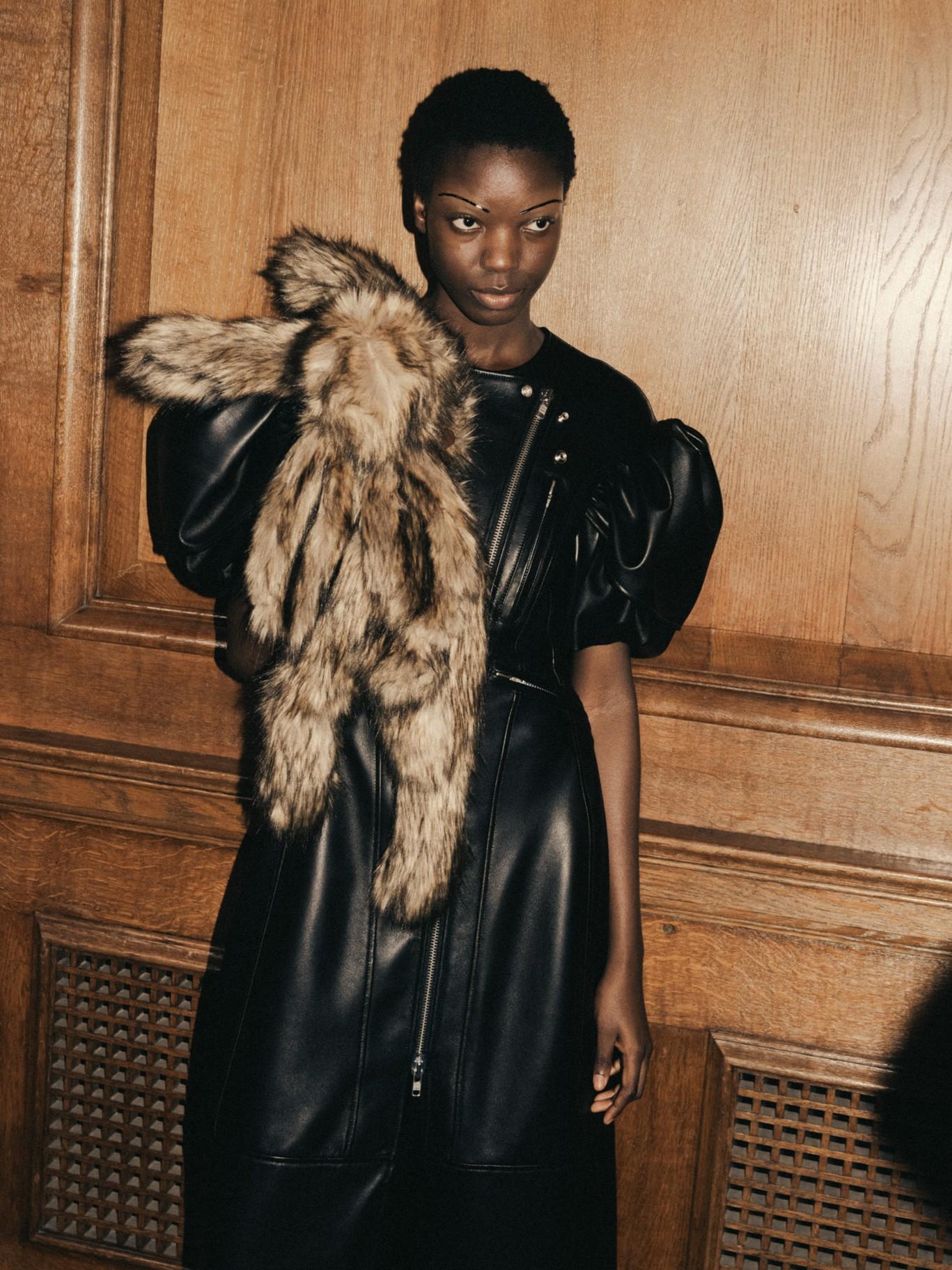
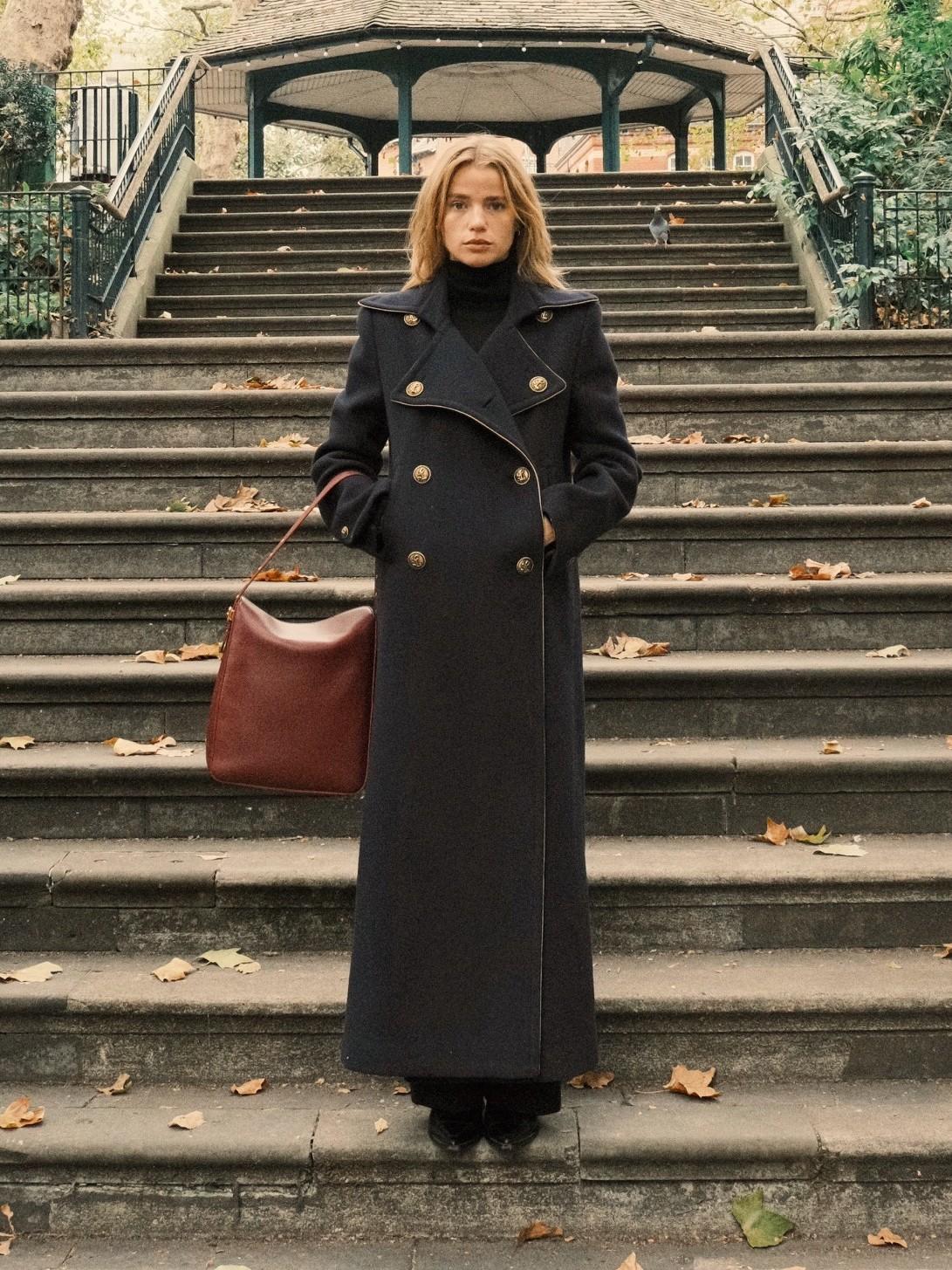
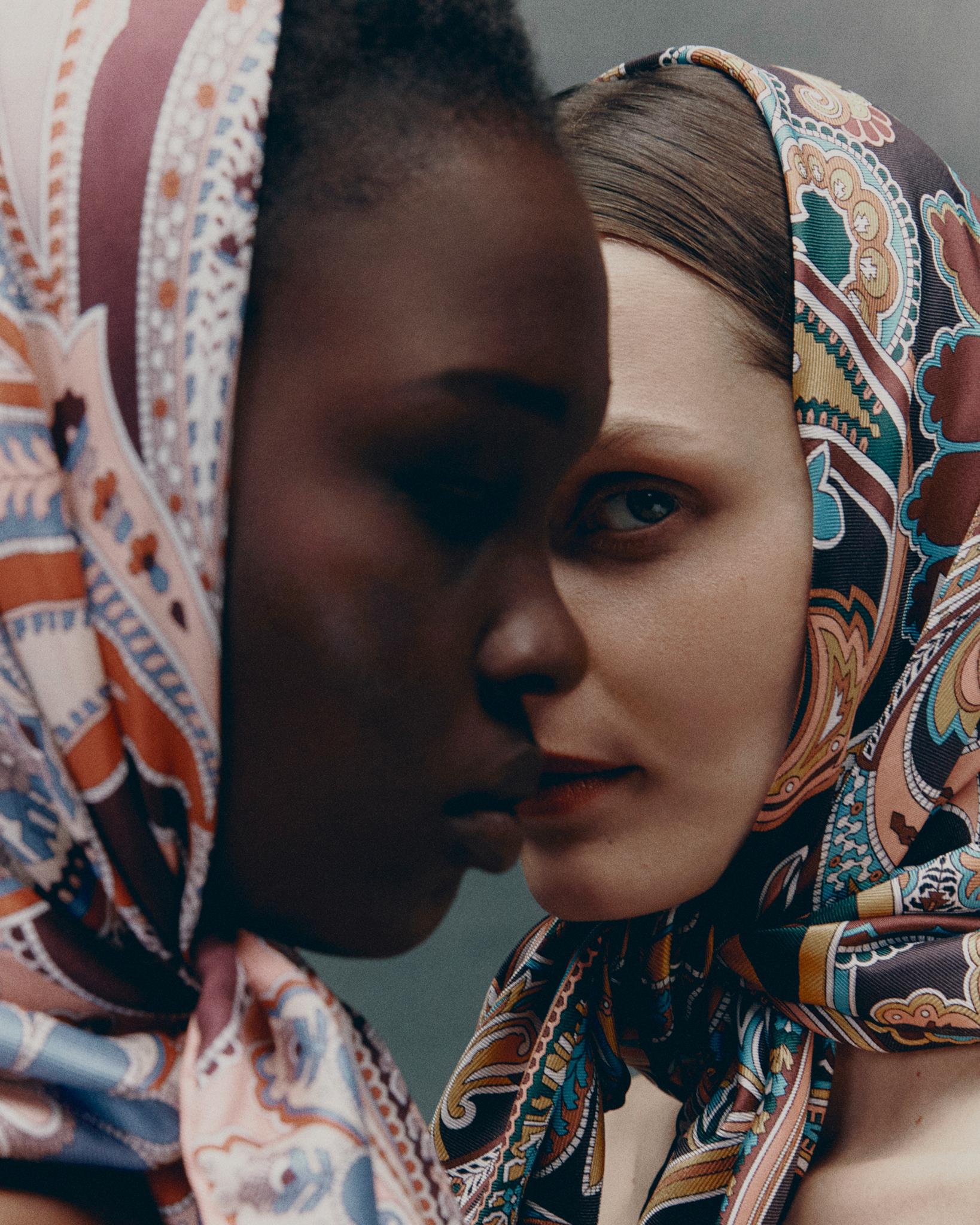

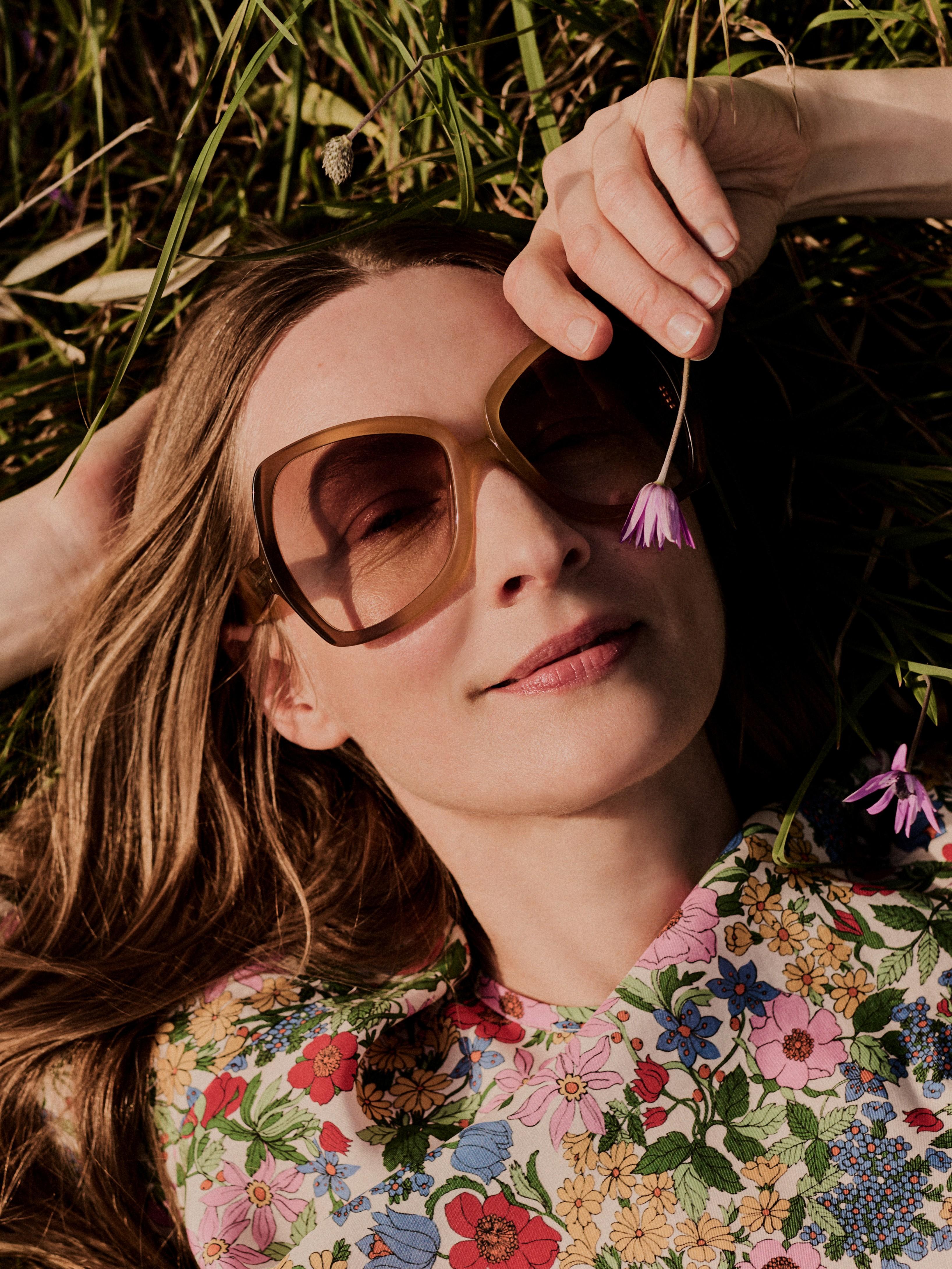

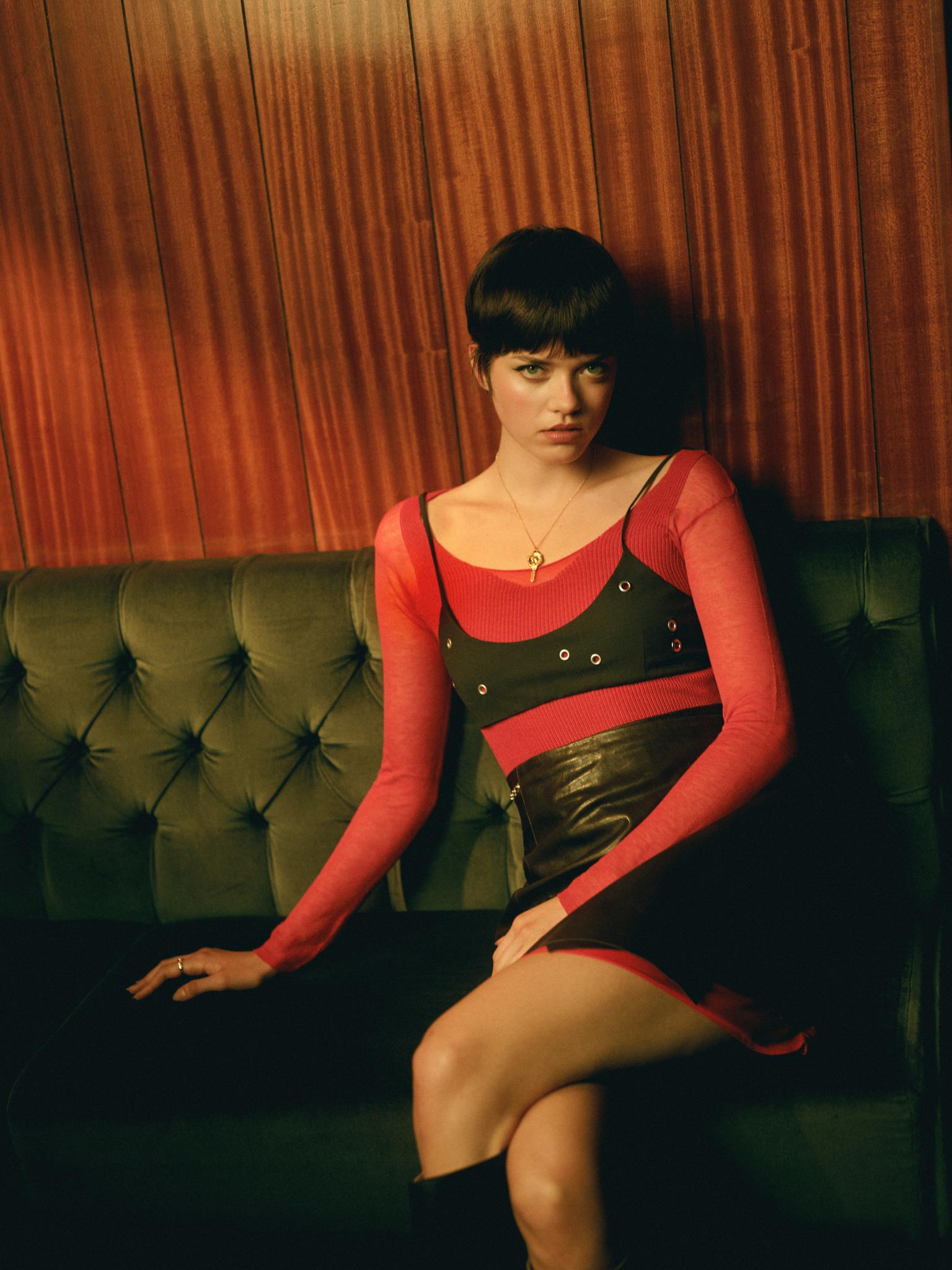

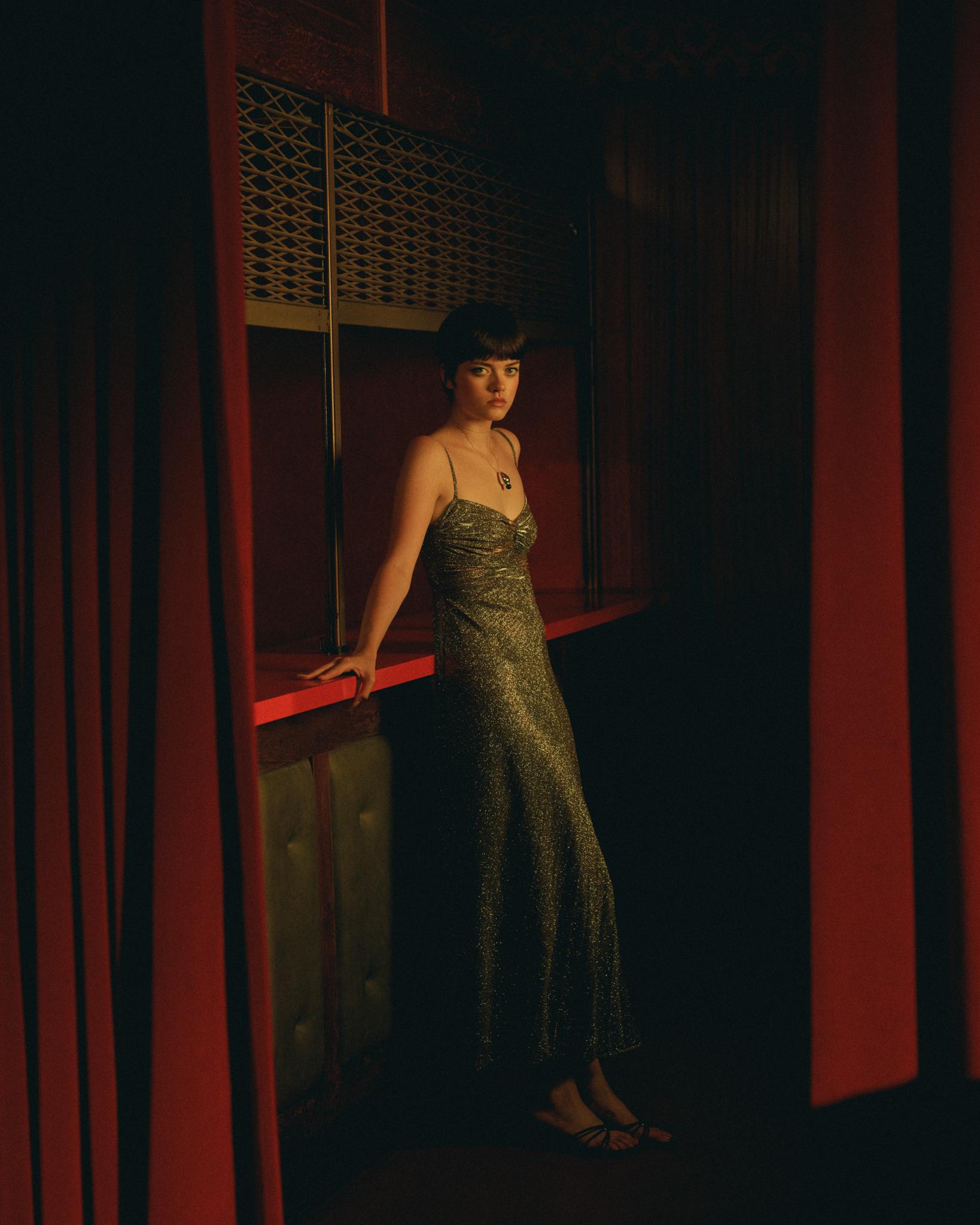
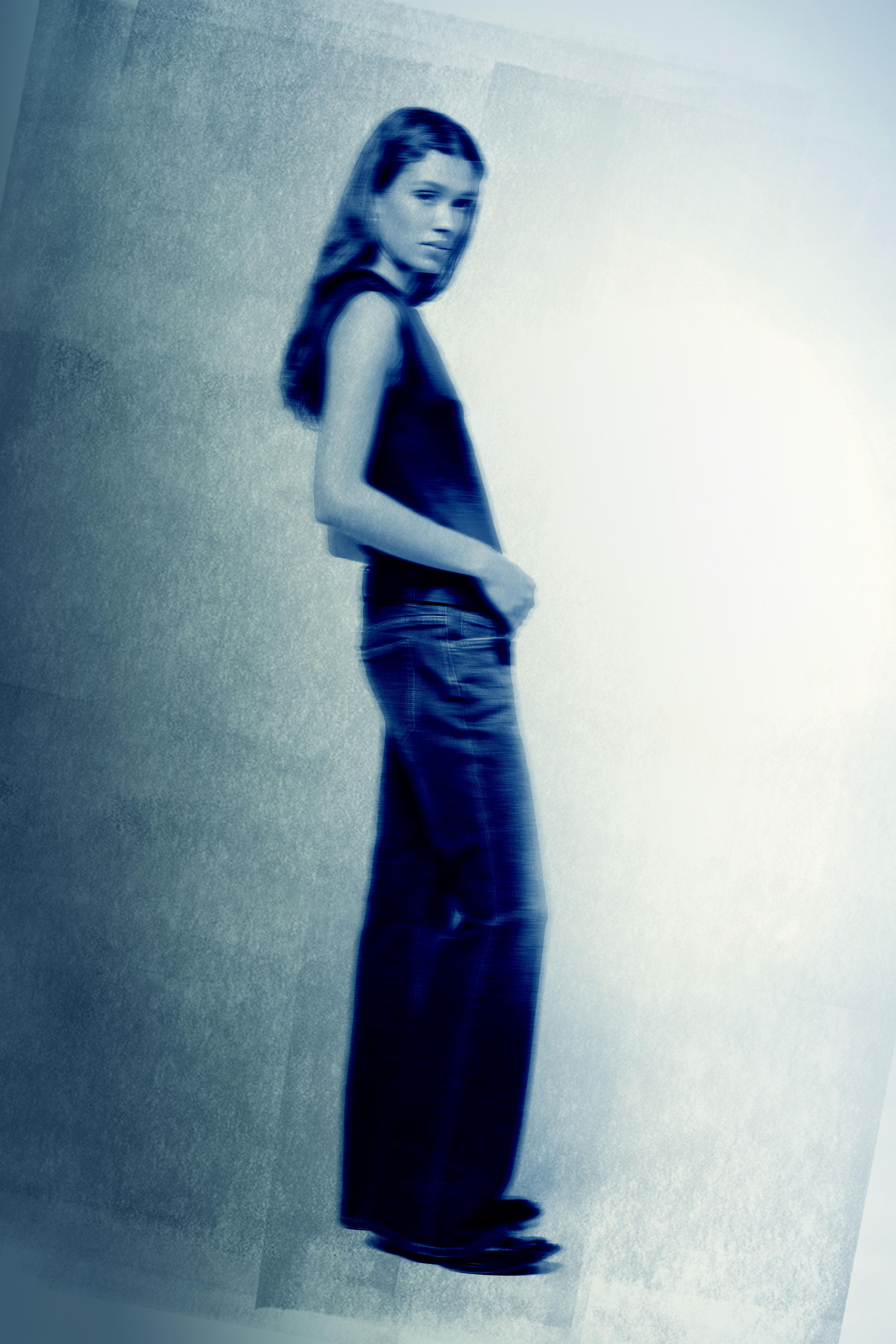
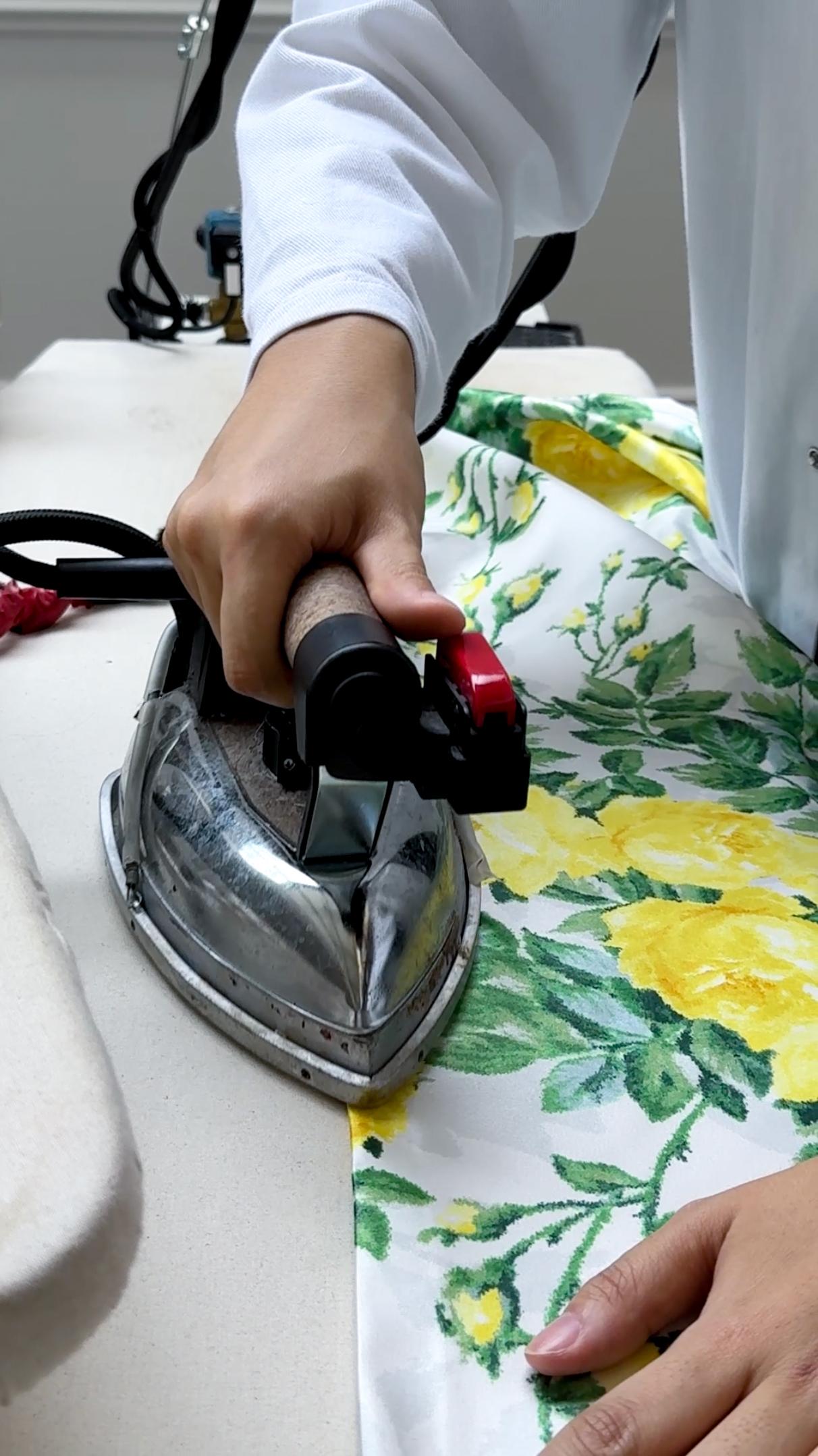
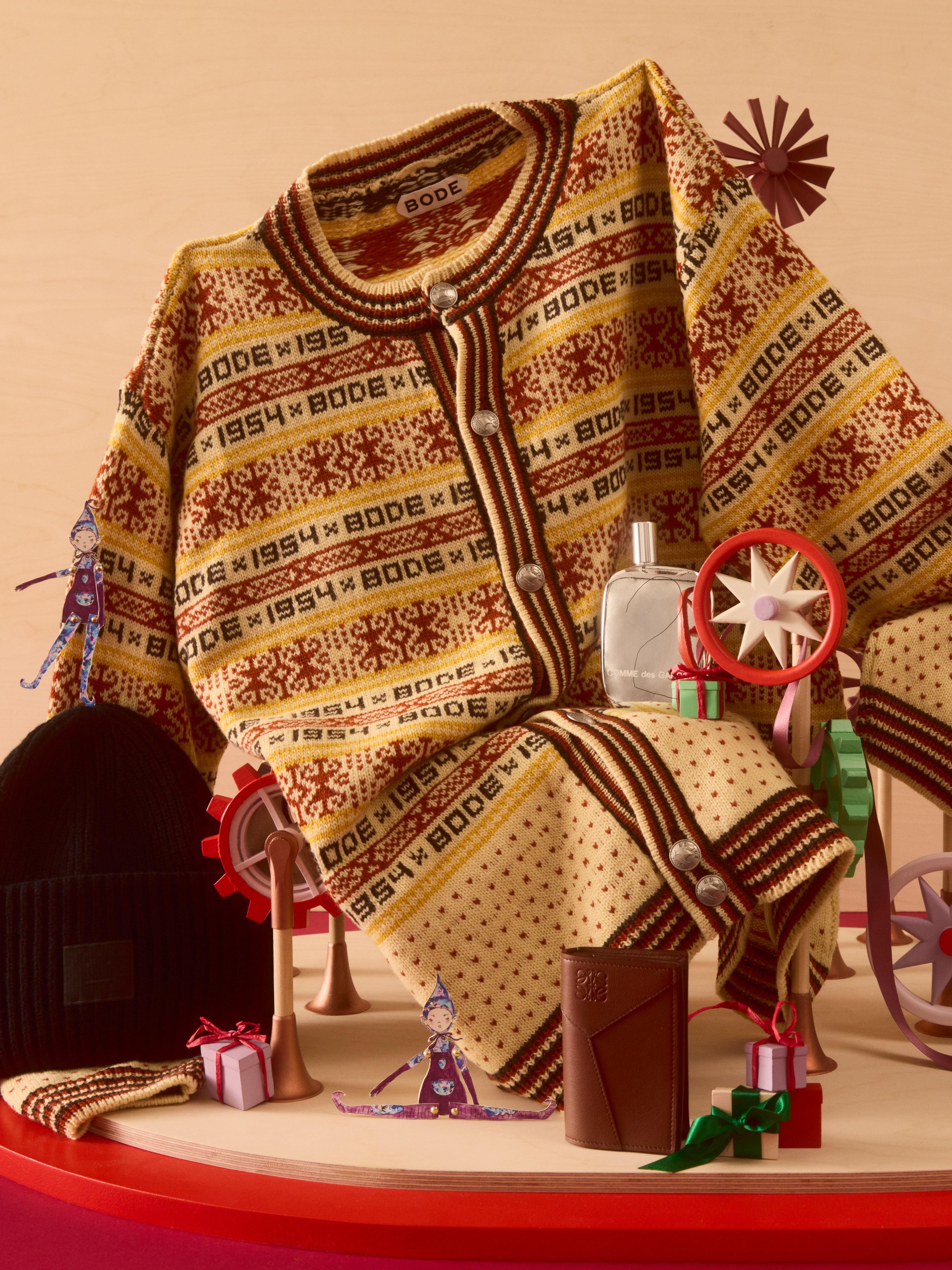
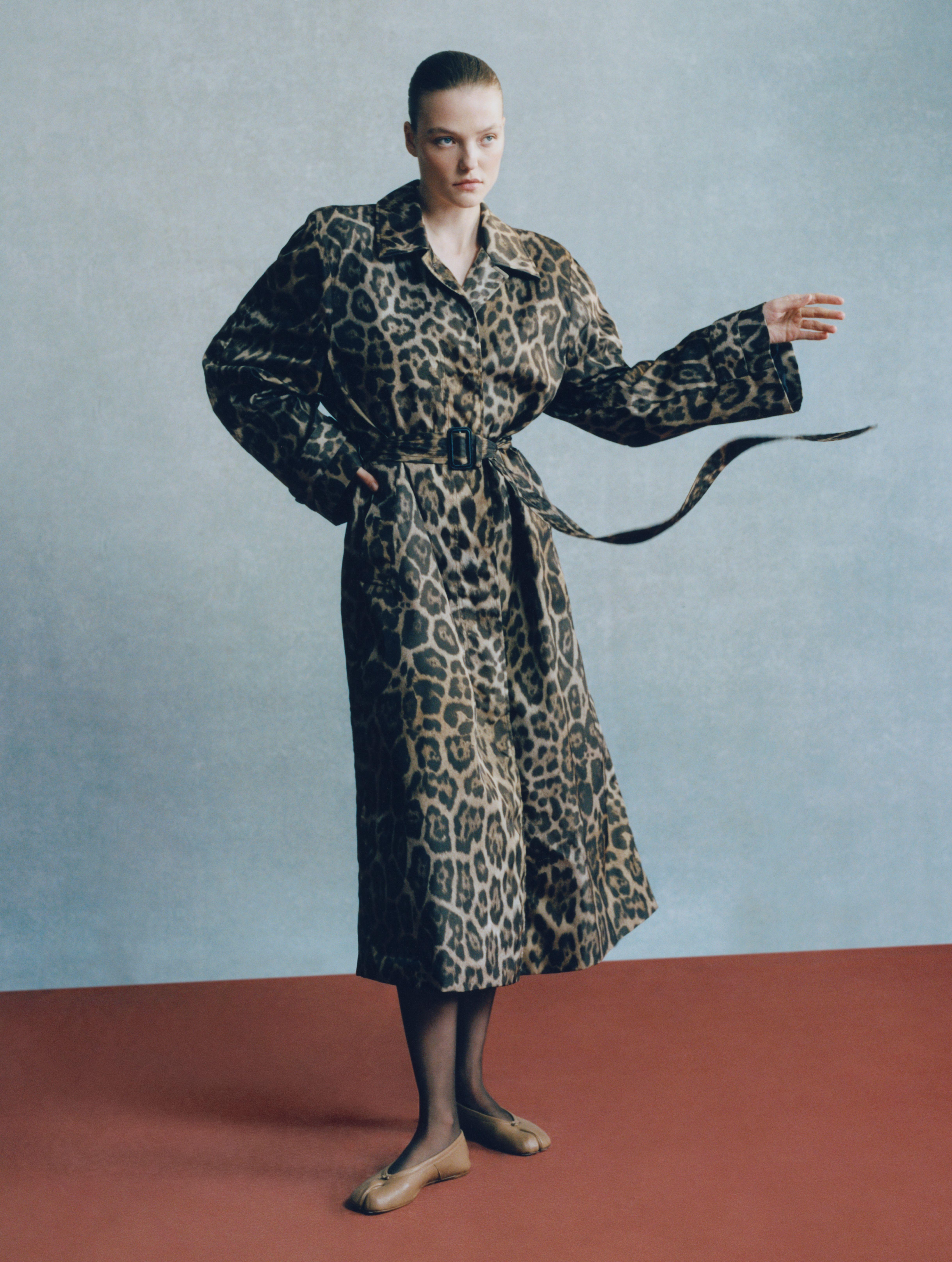
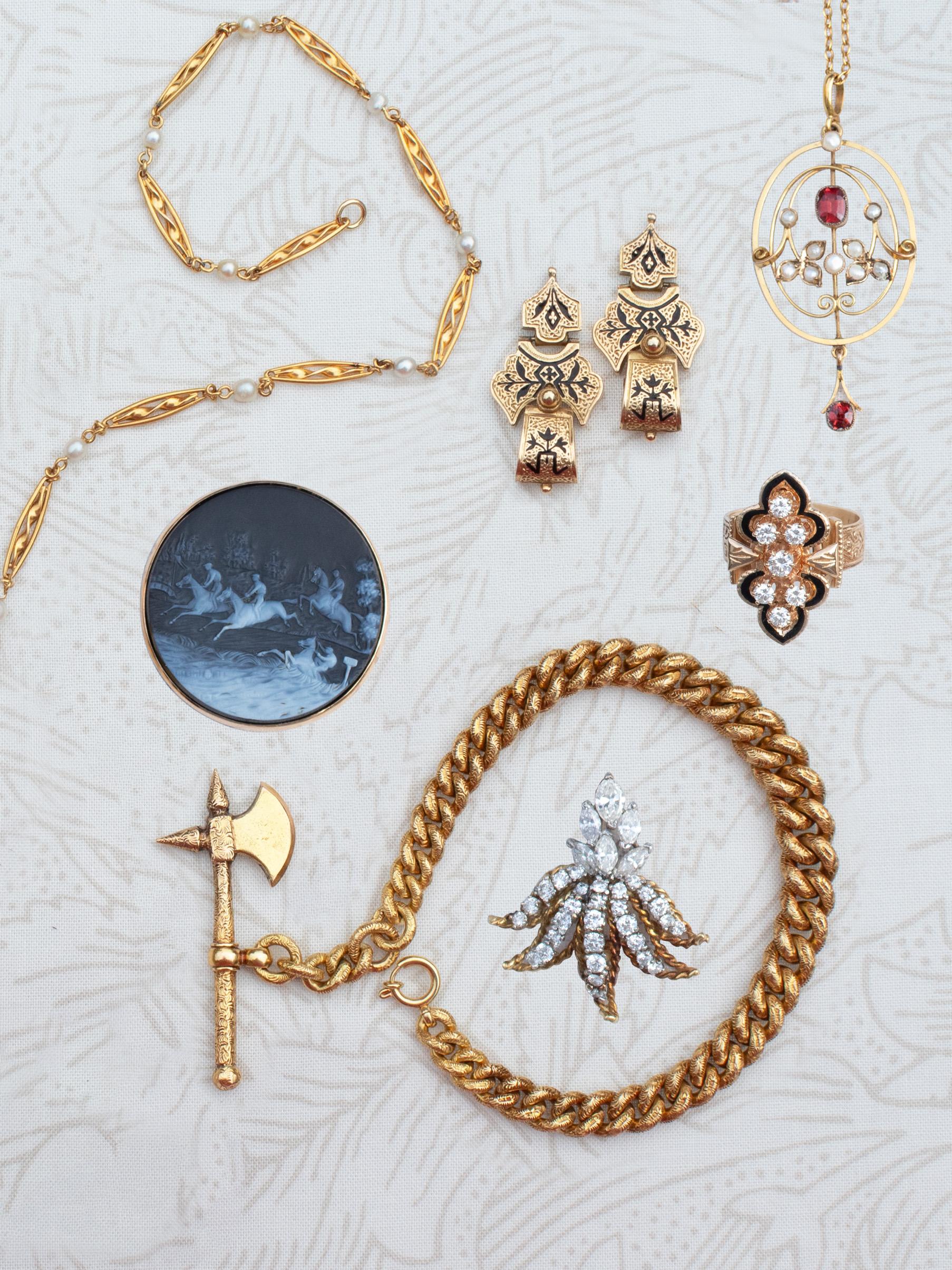
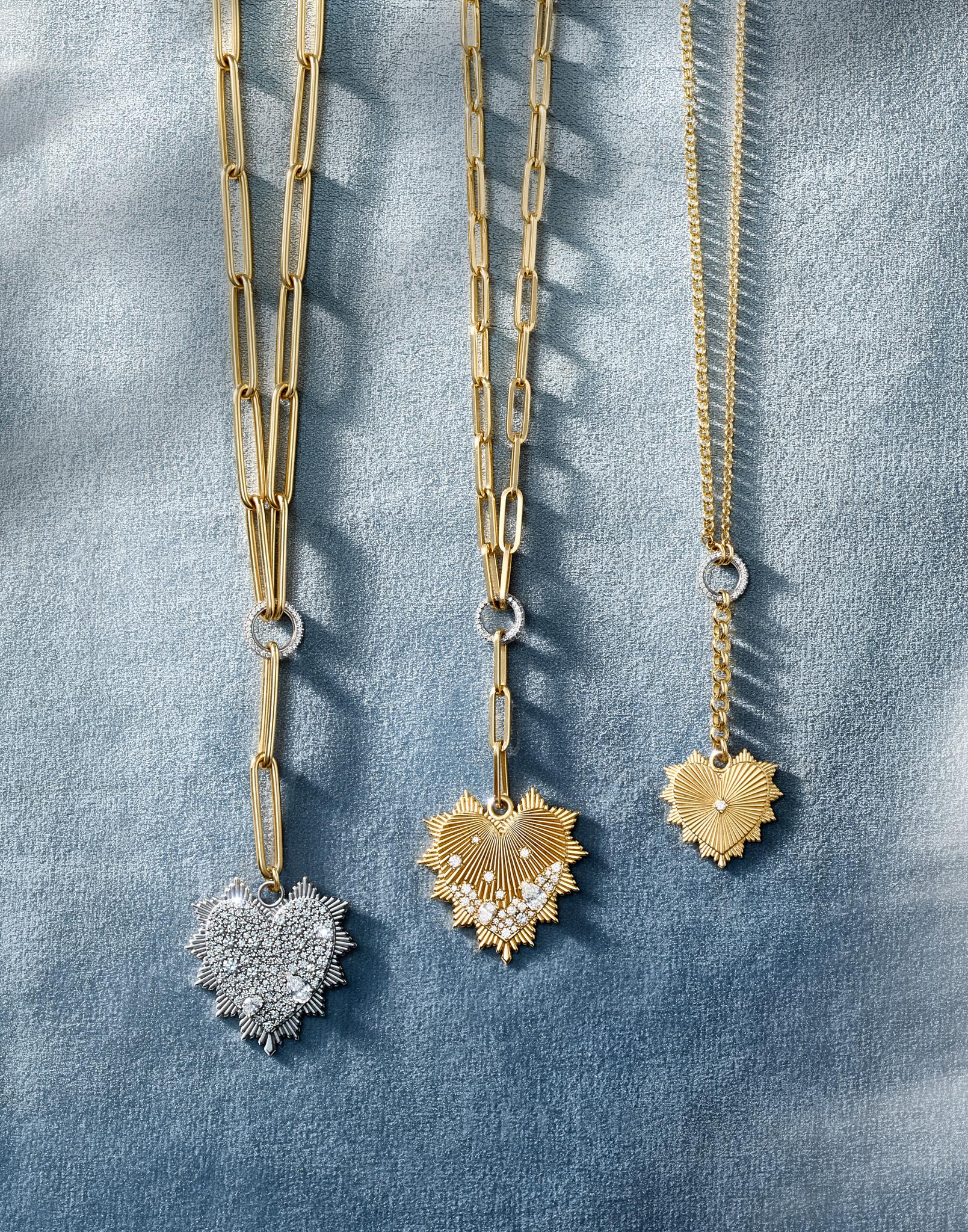
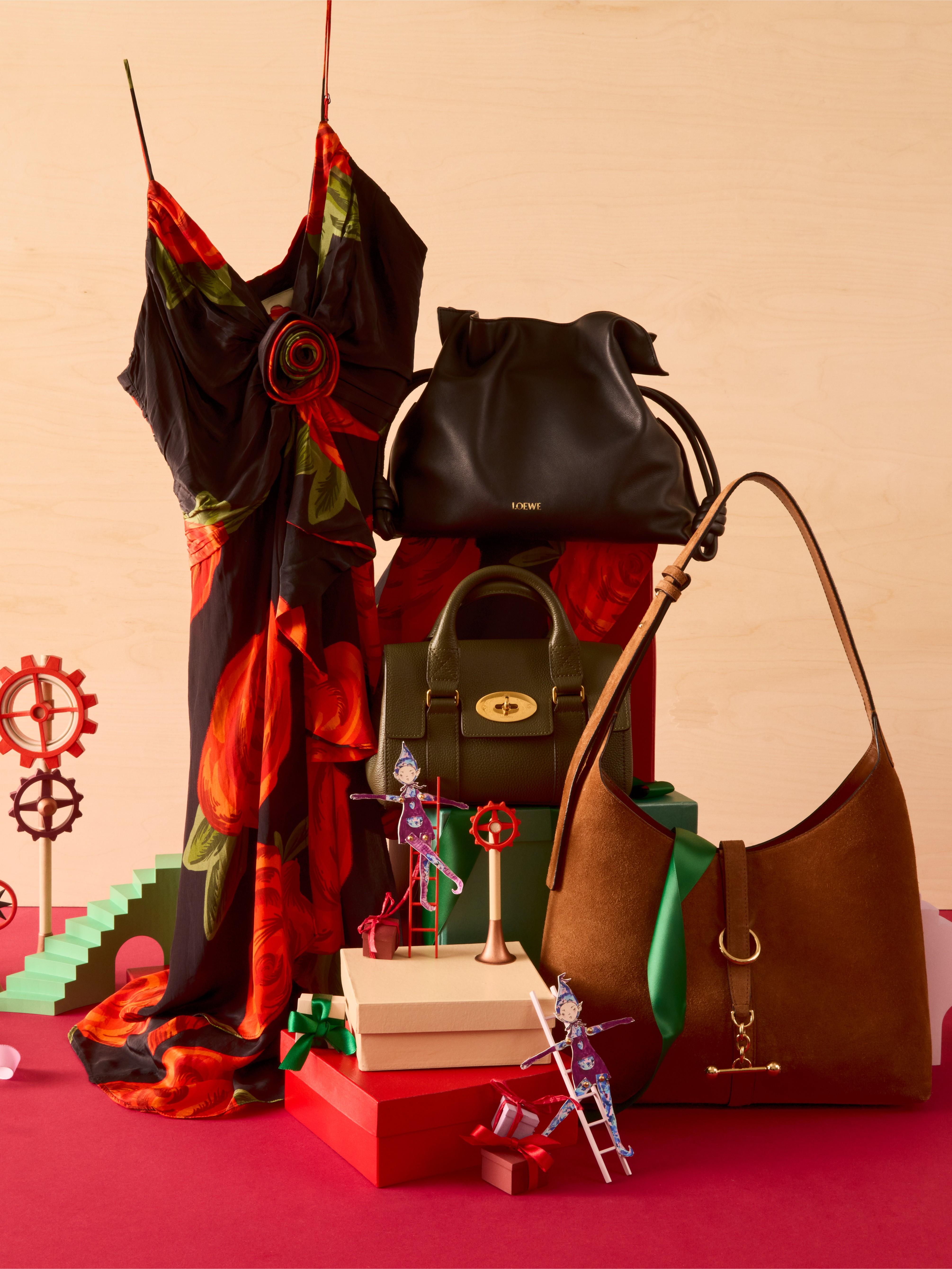
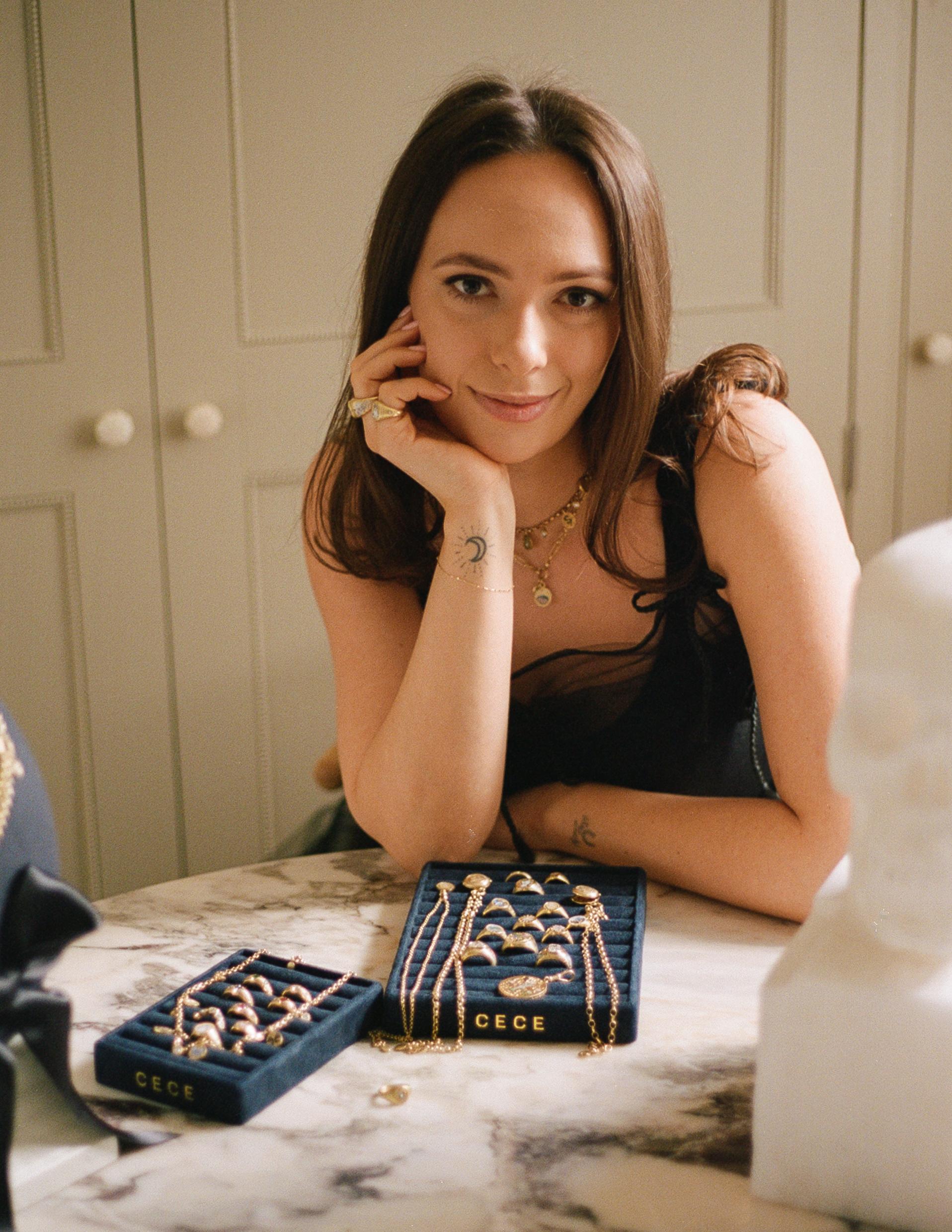
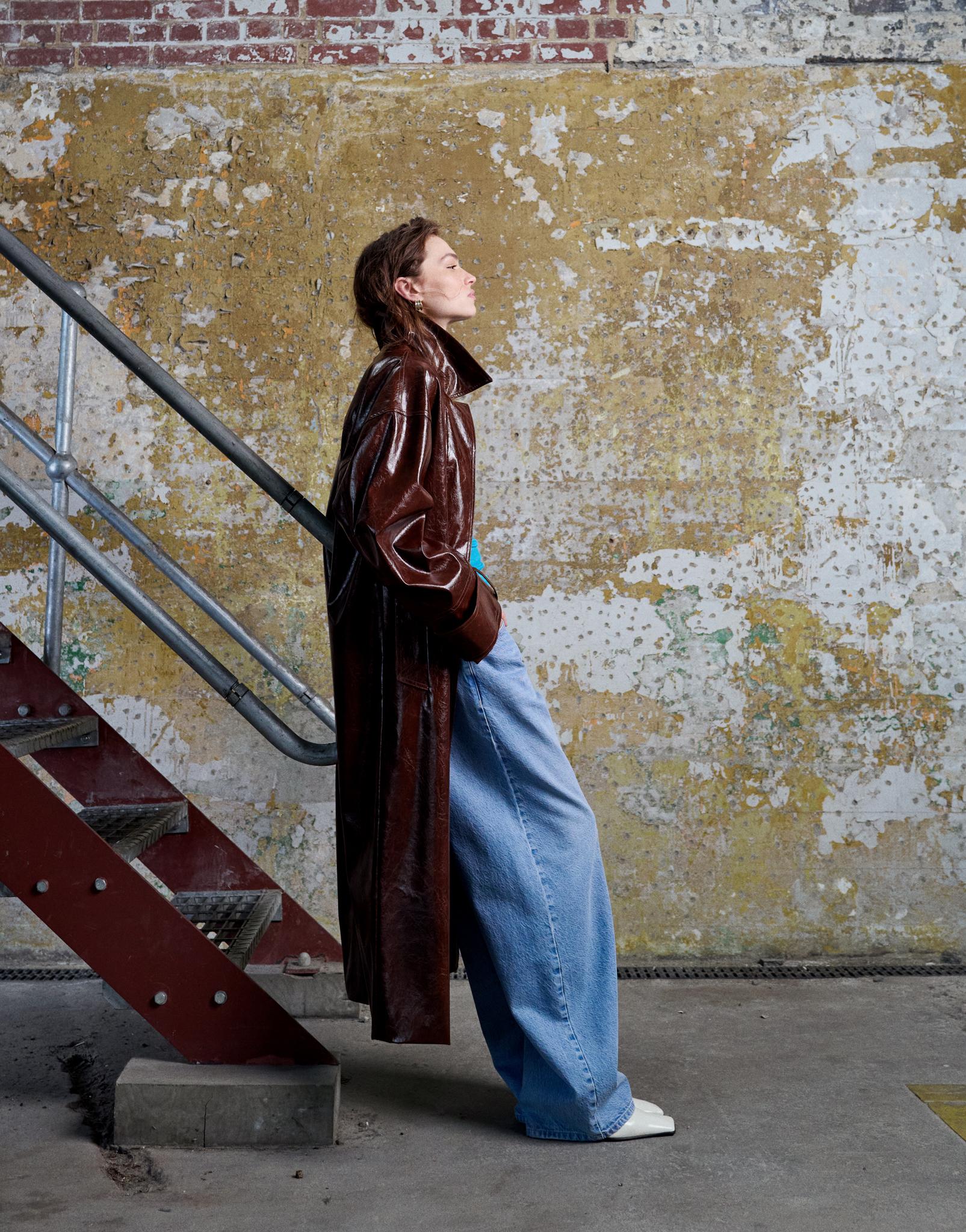
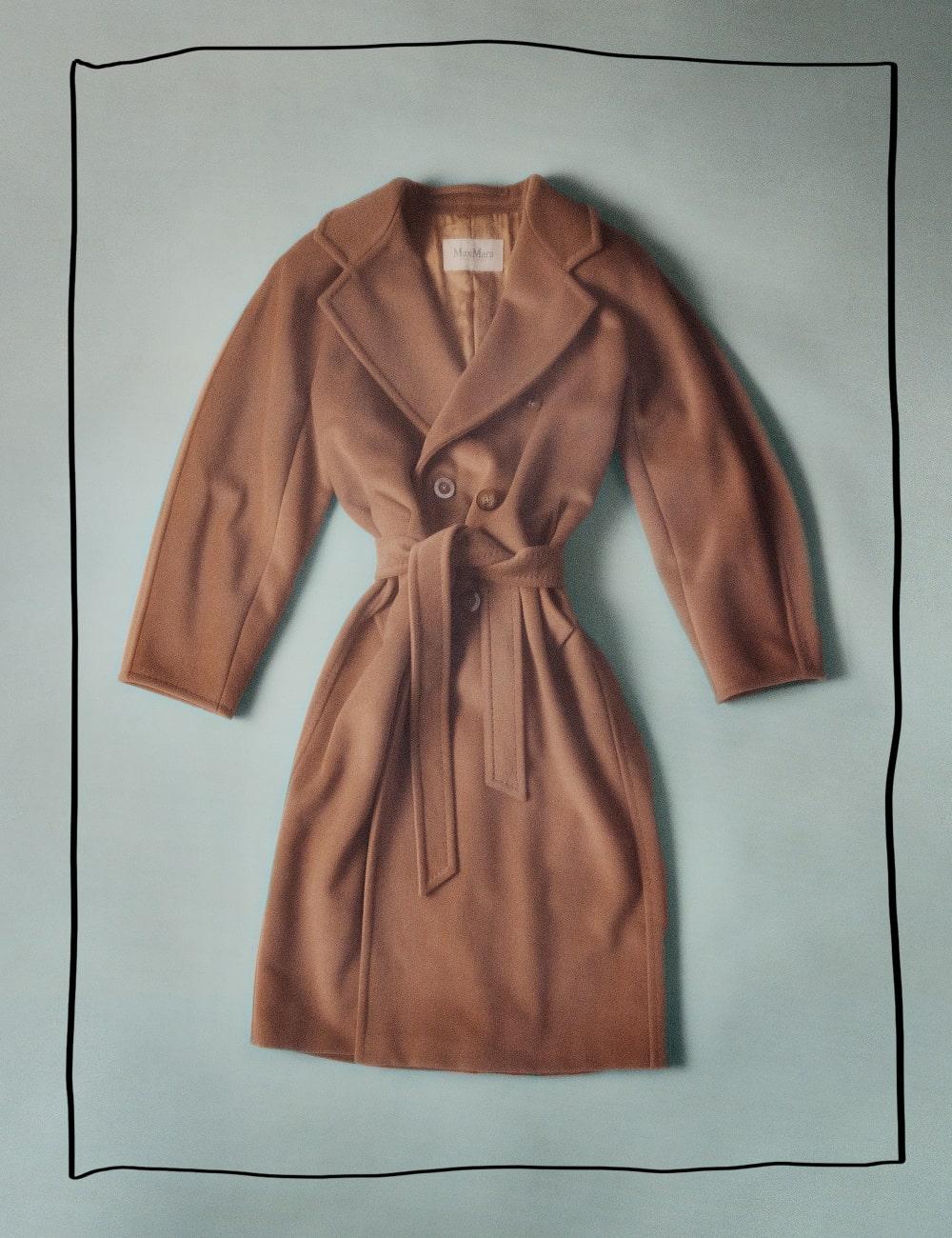
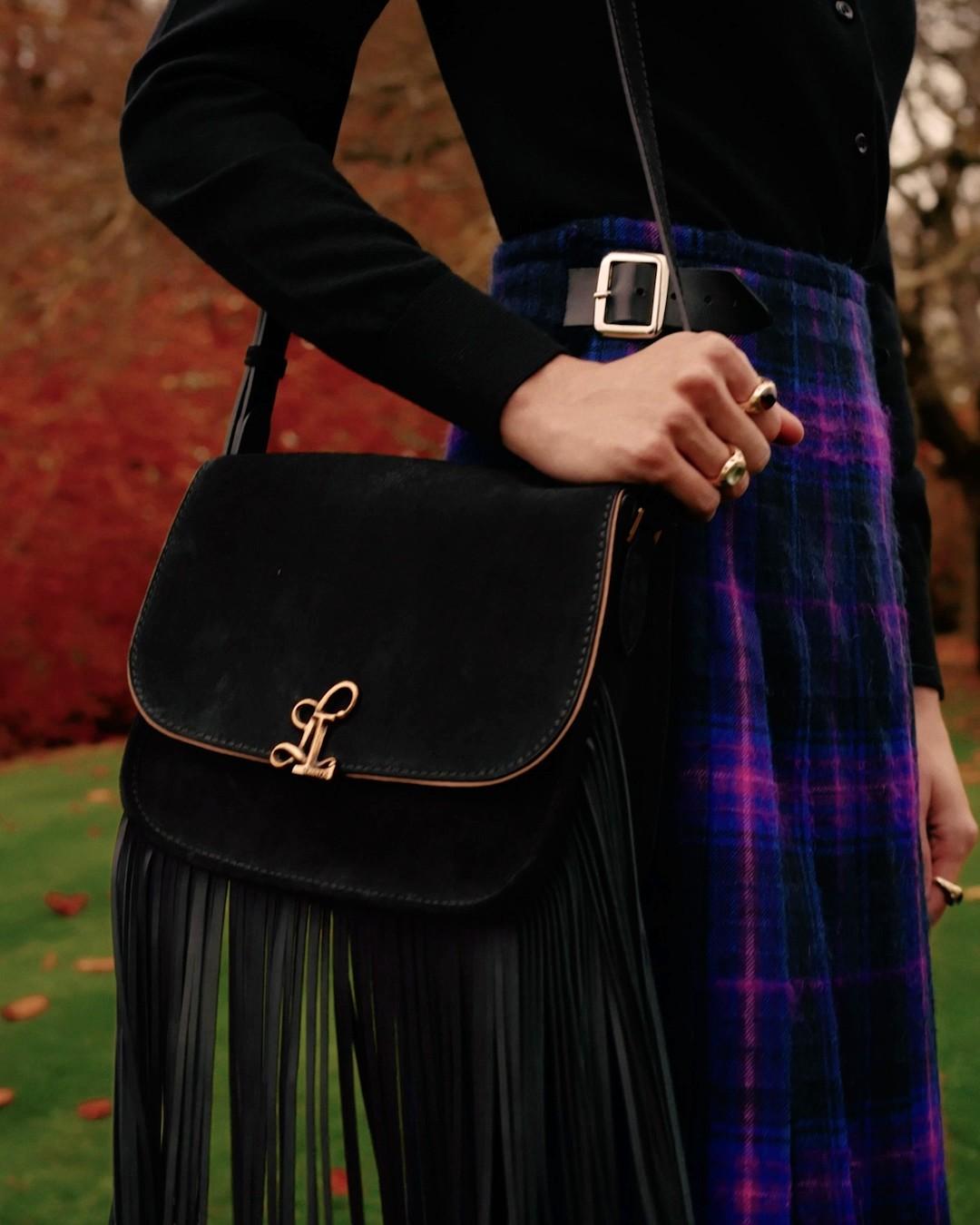
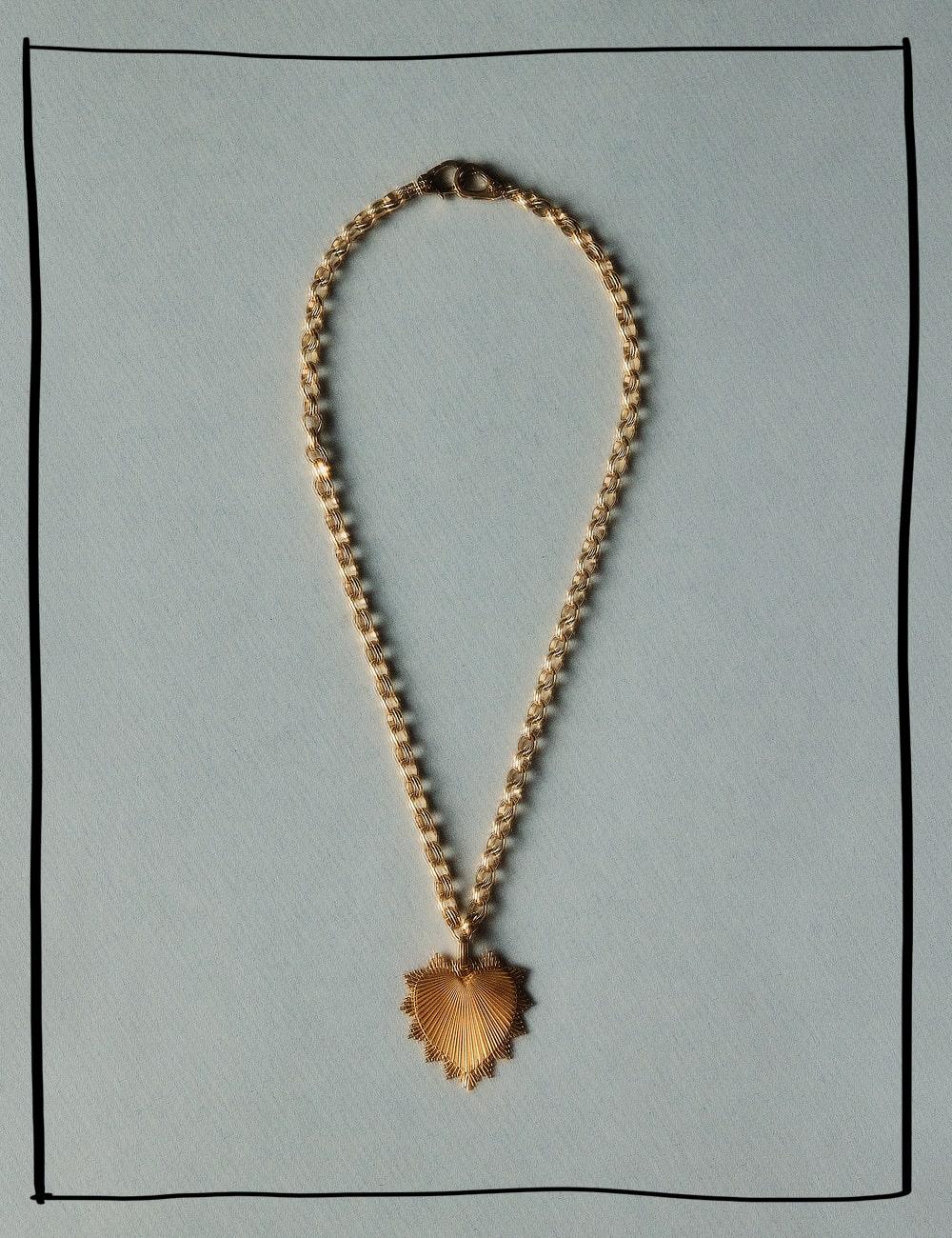
?fmt=auto&qlt=default)
